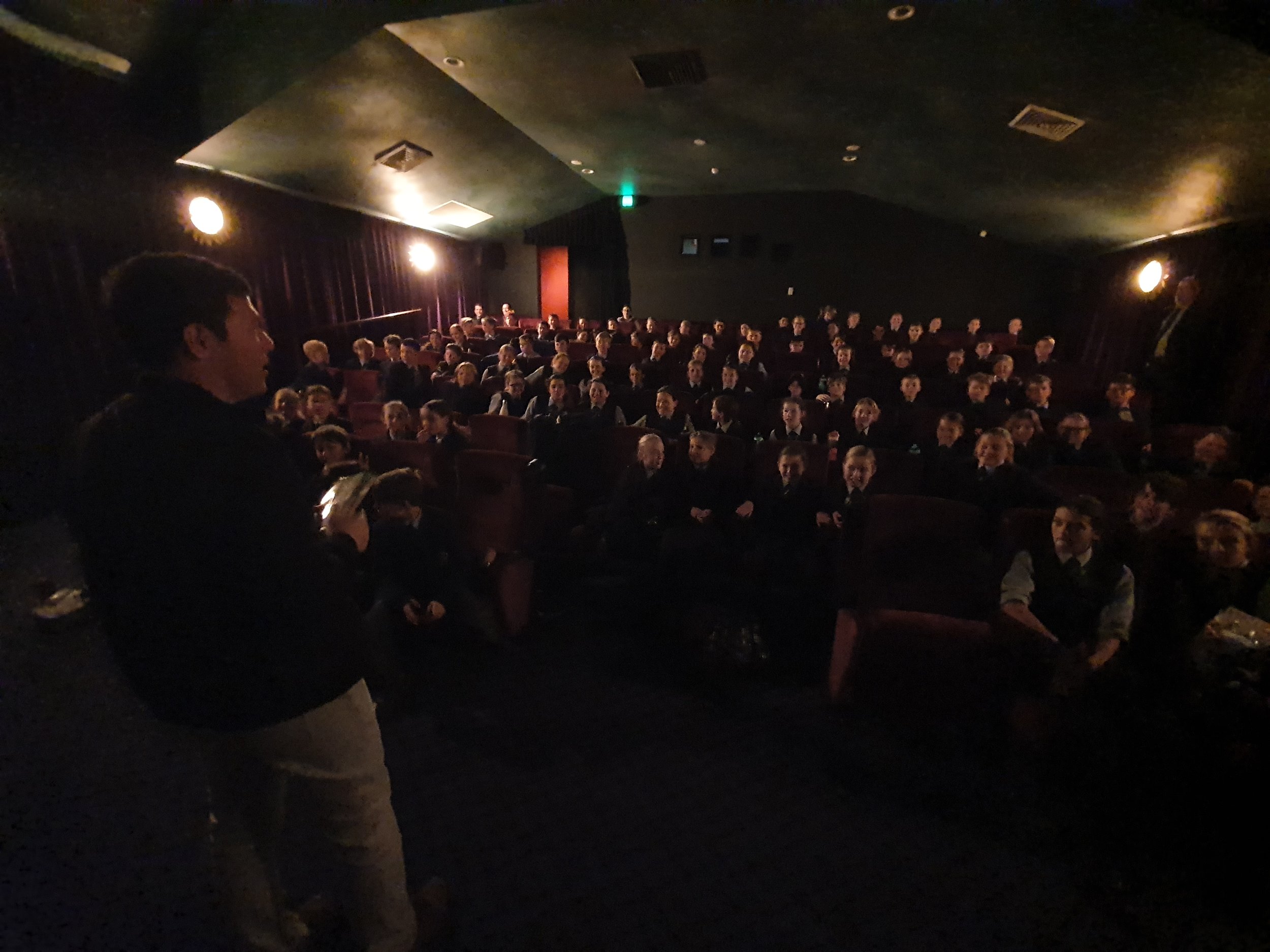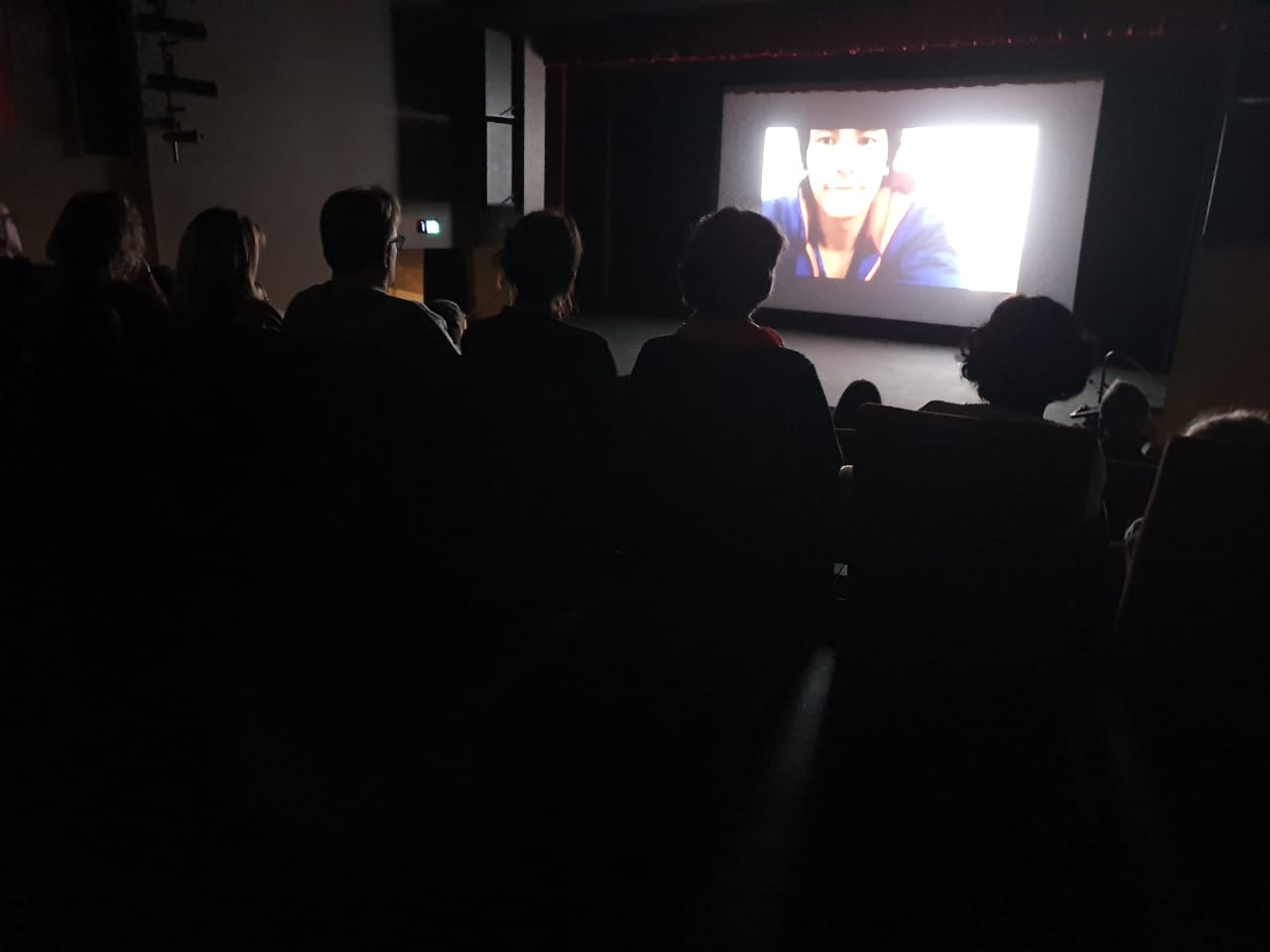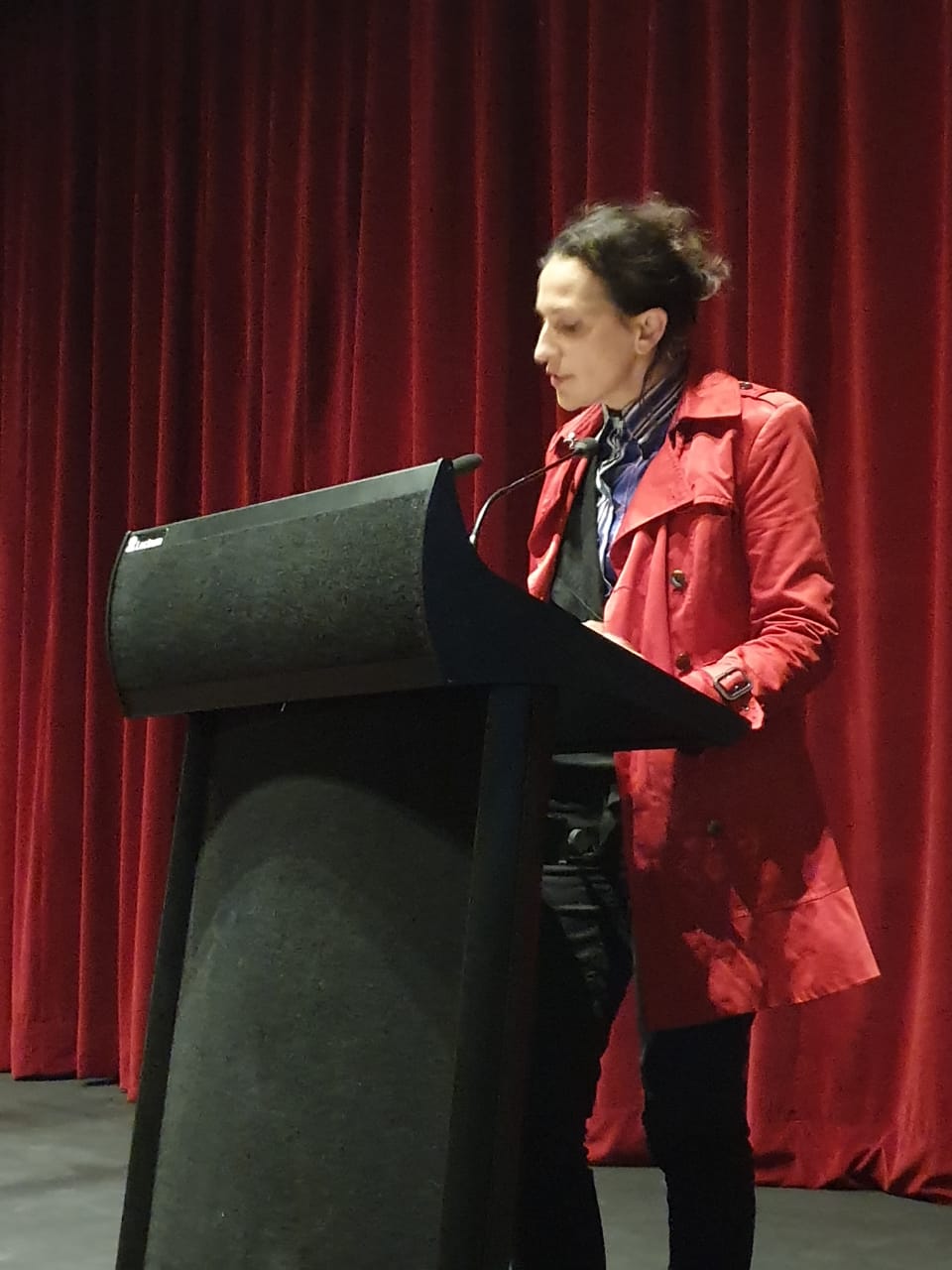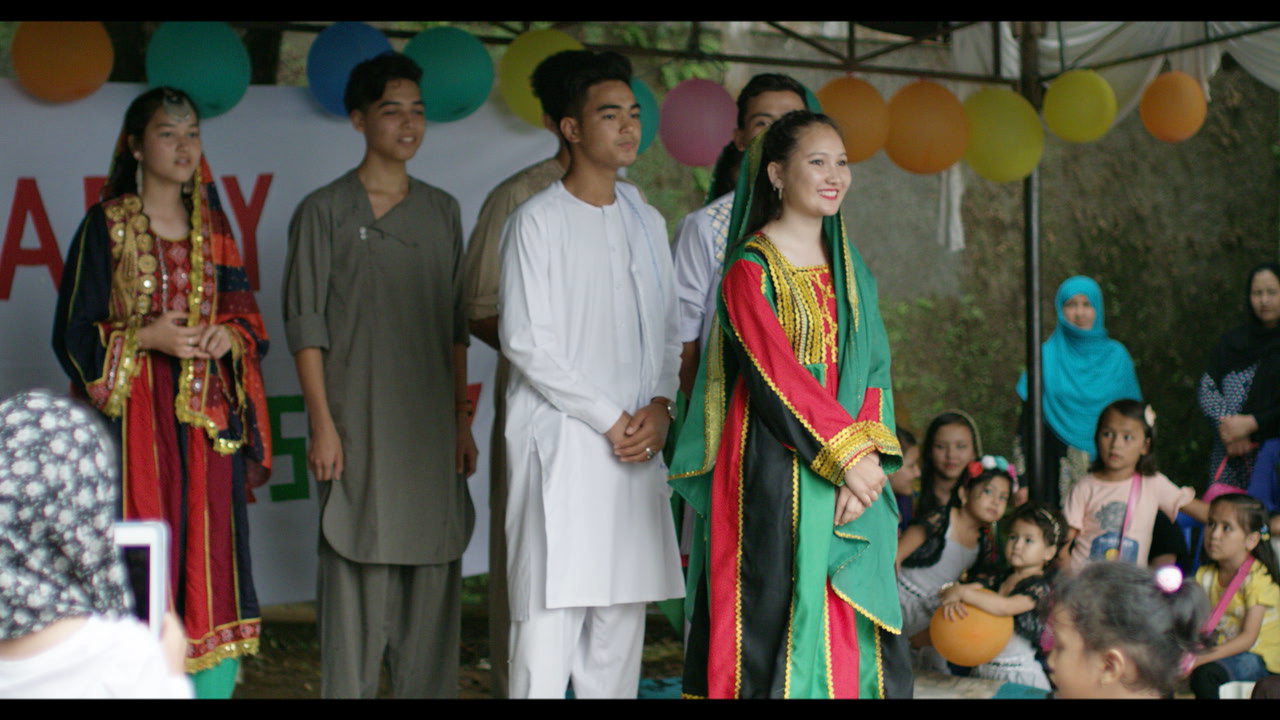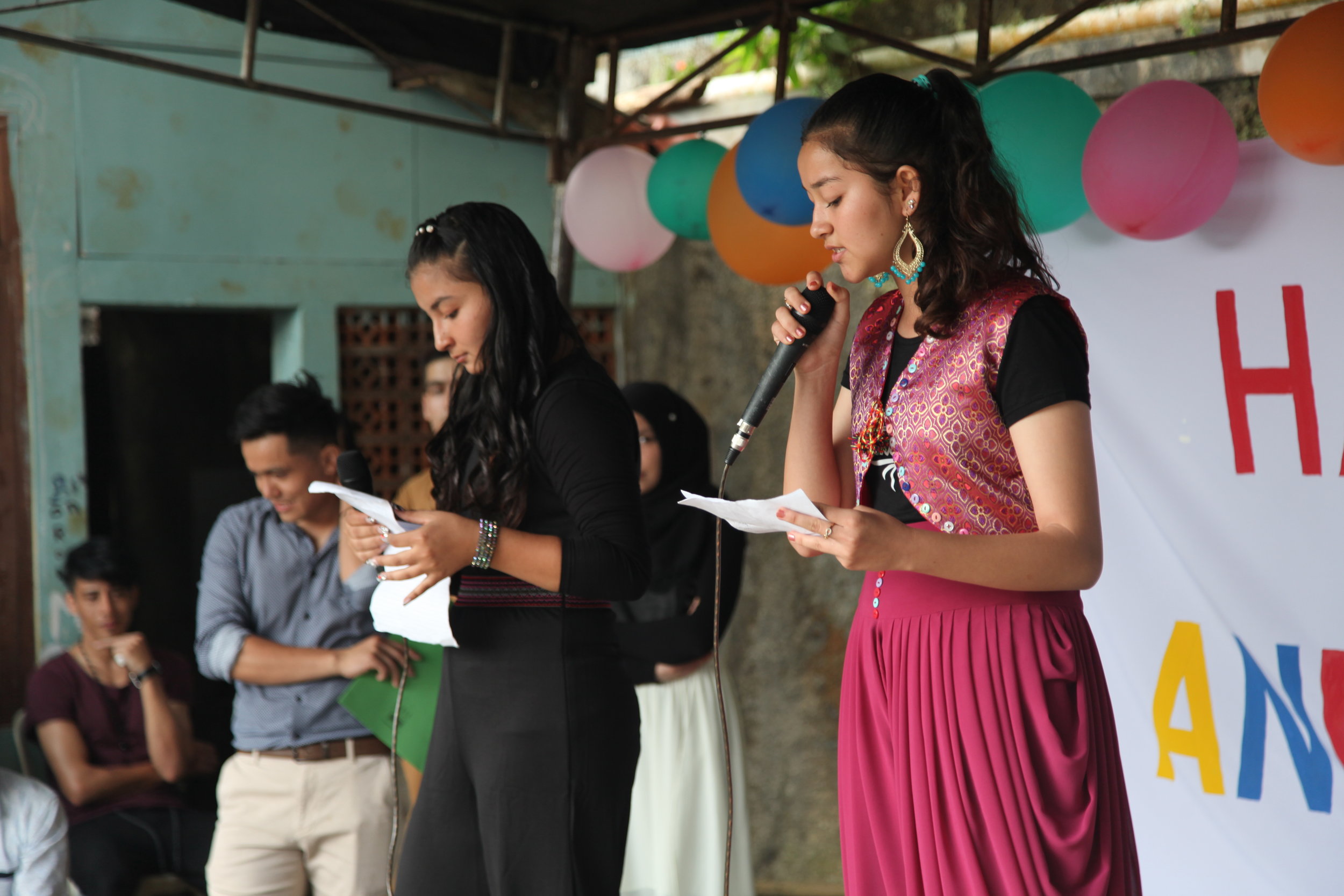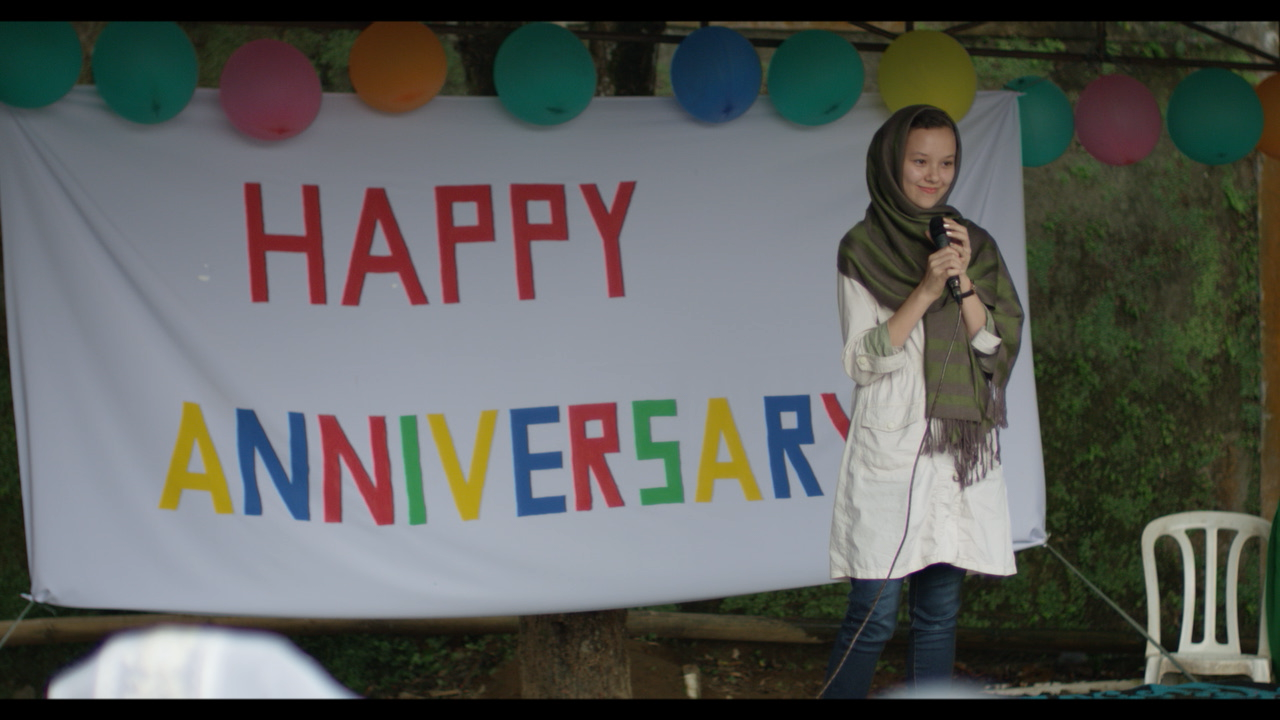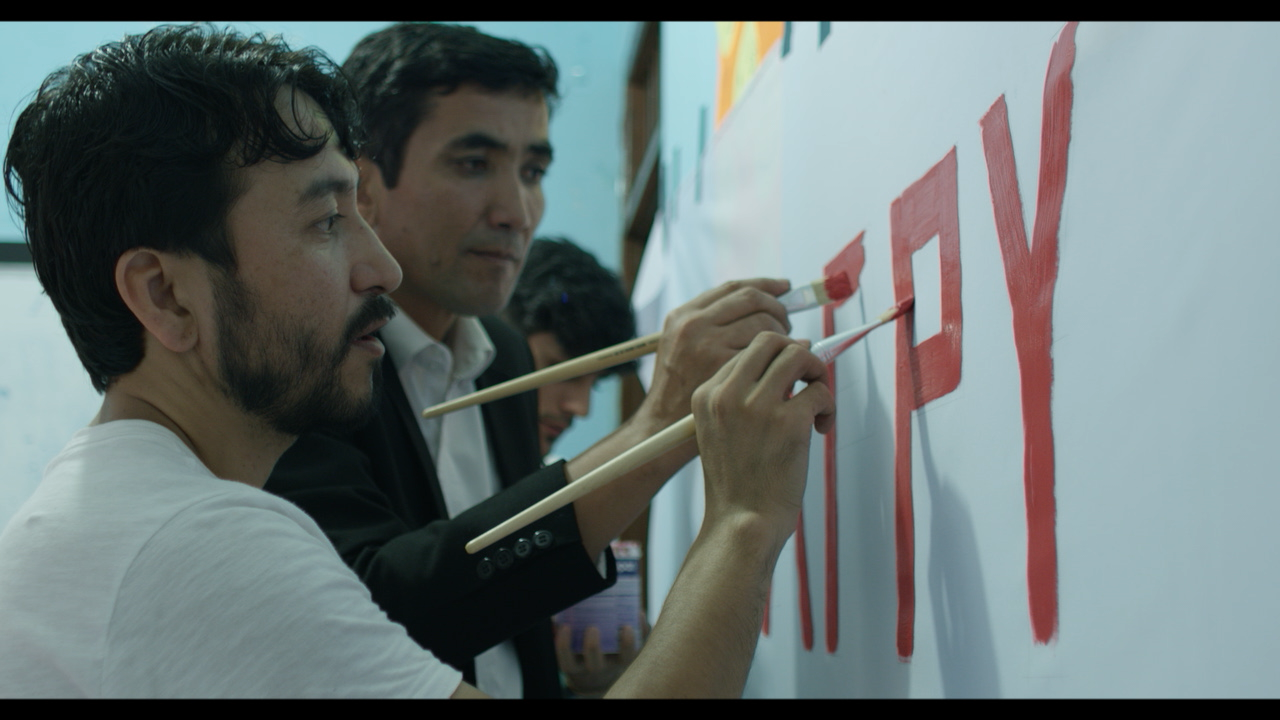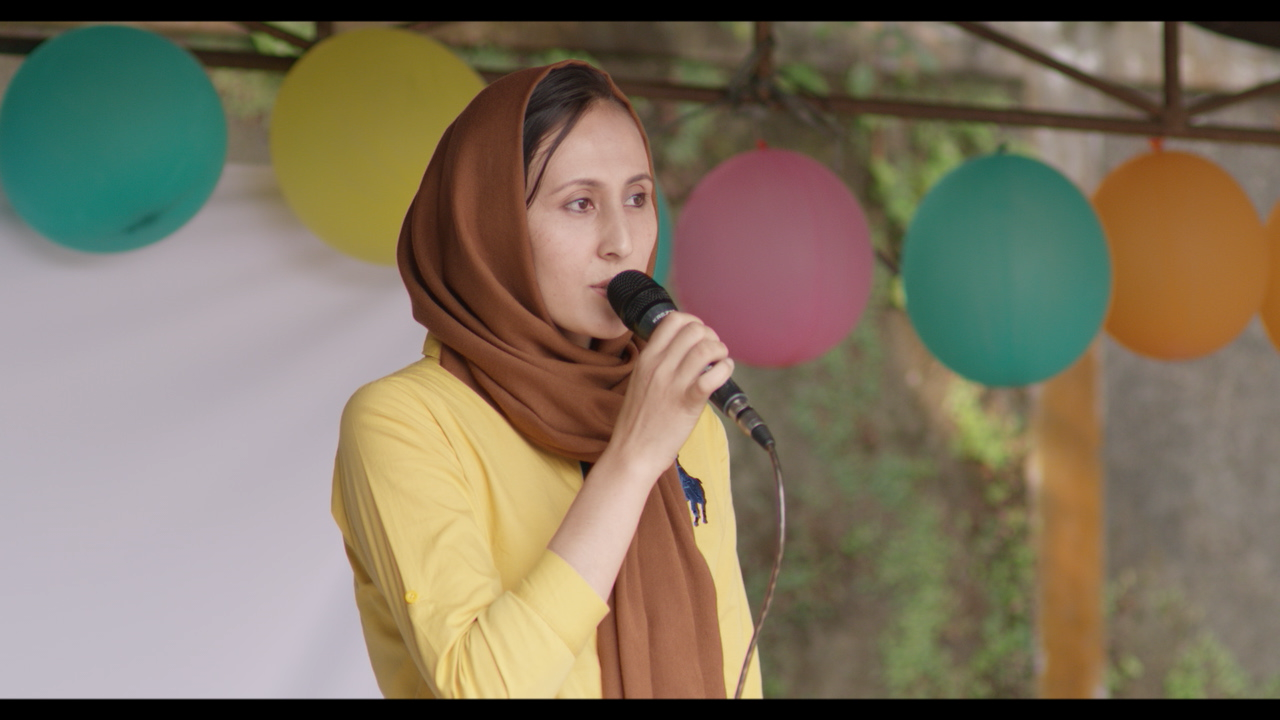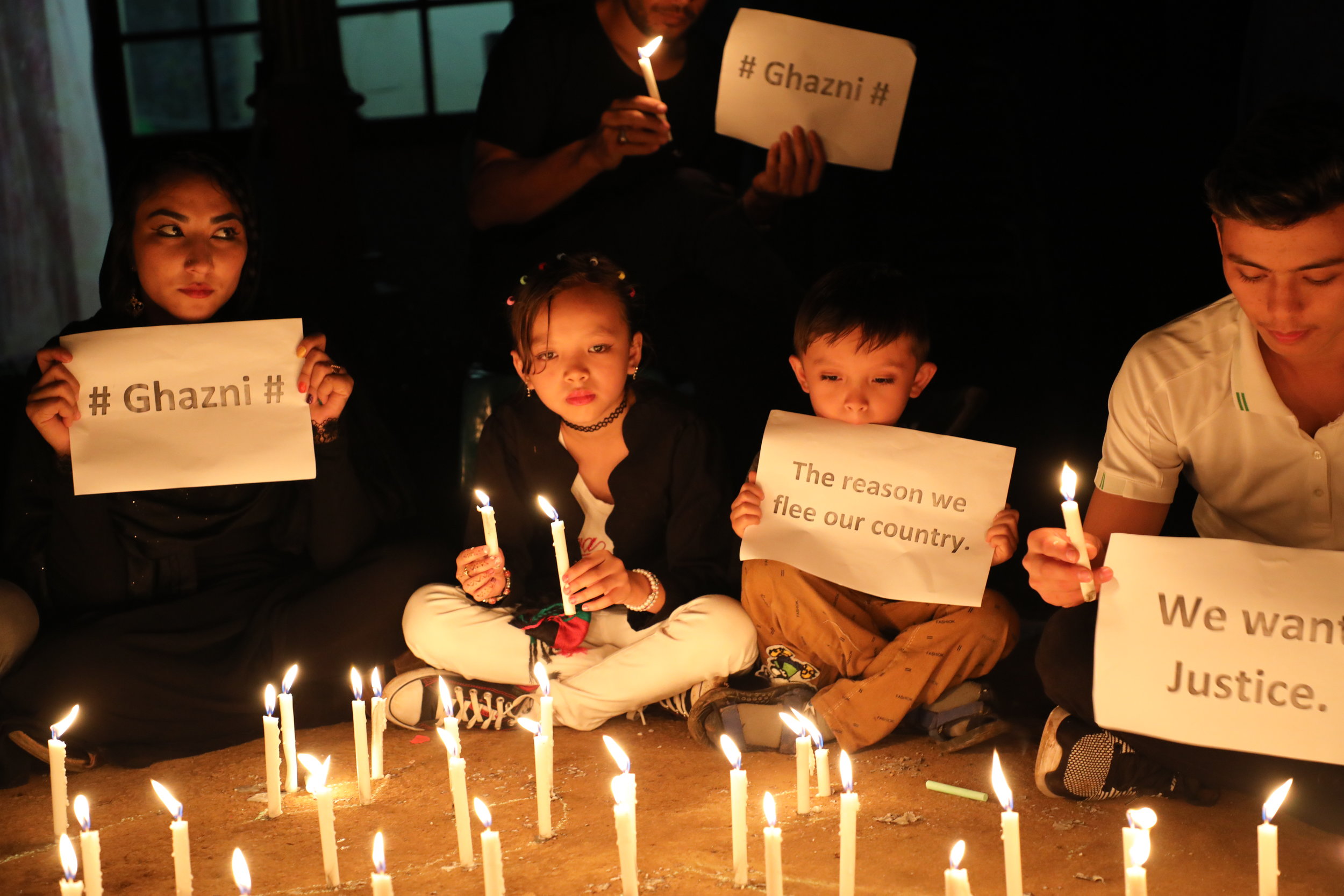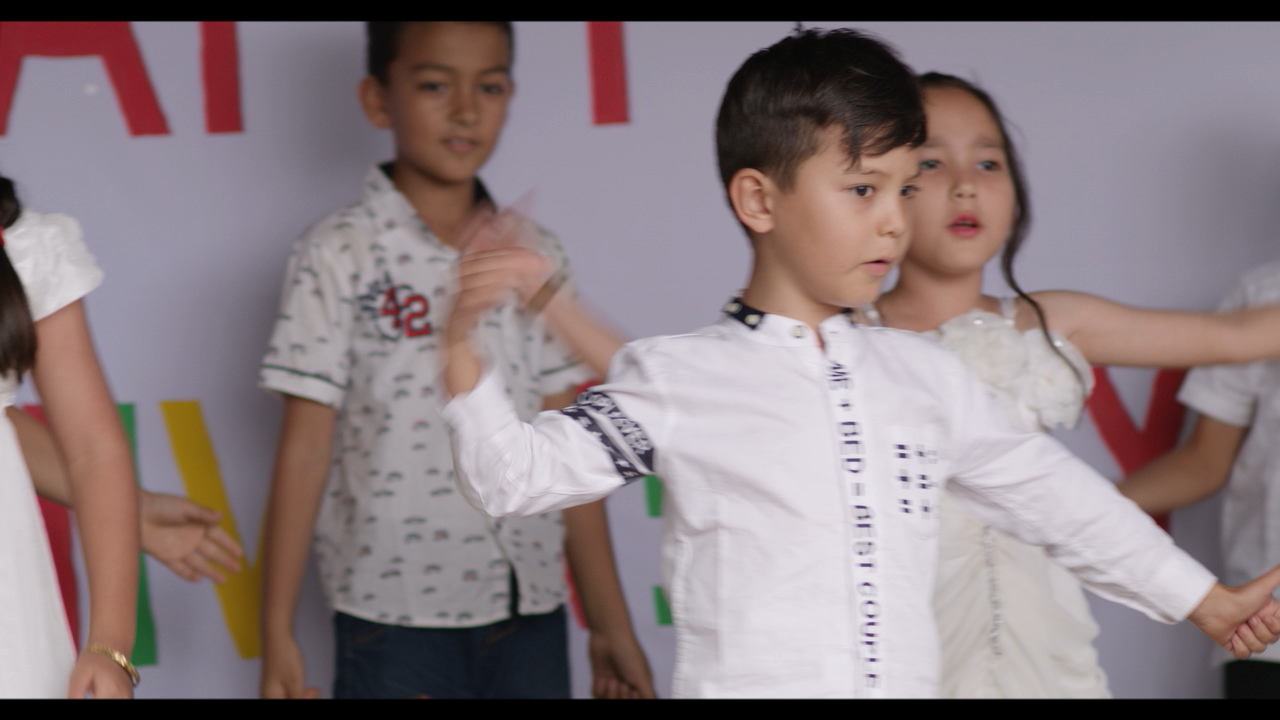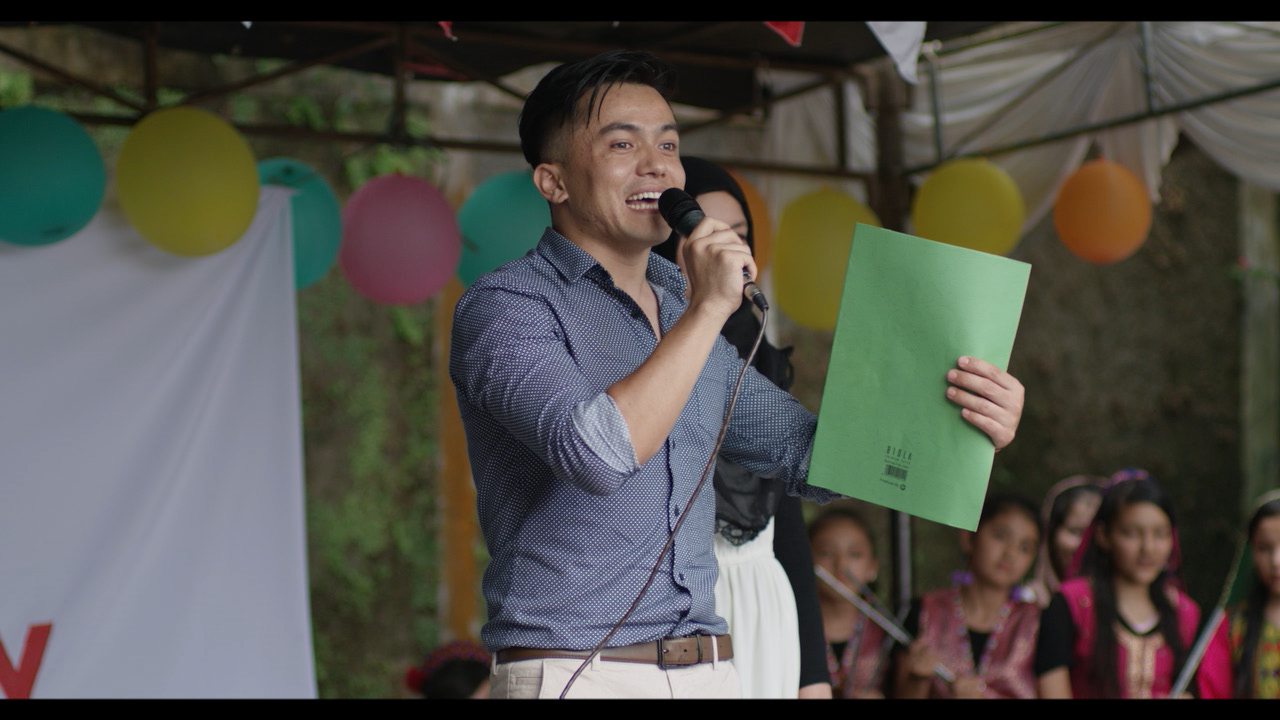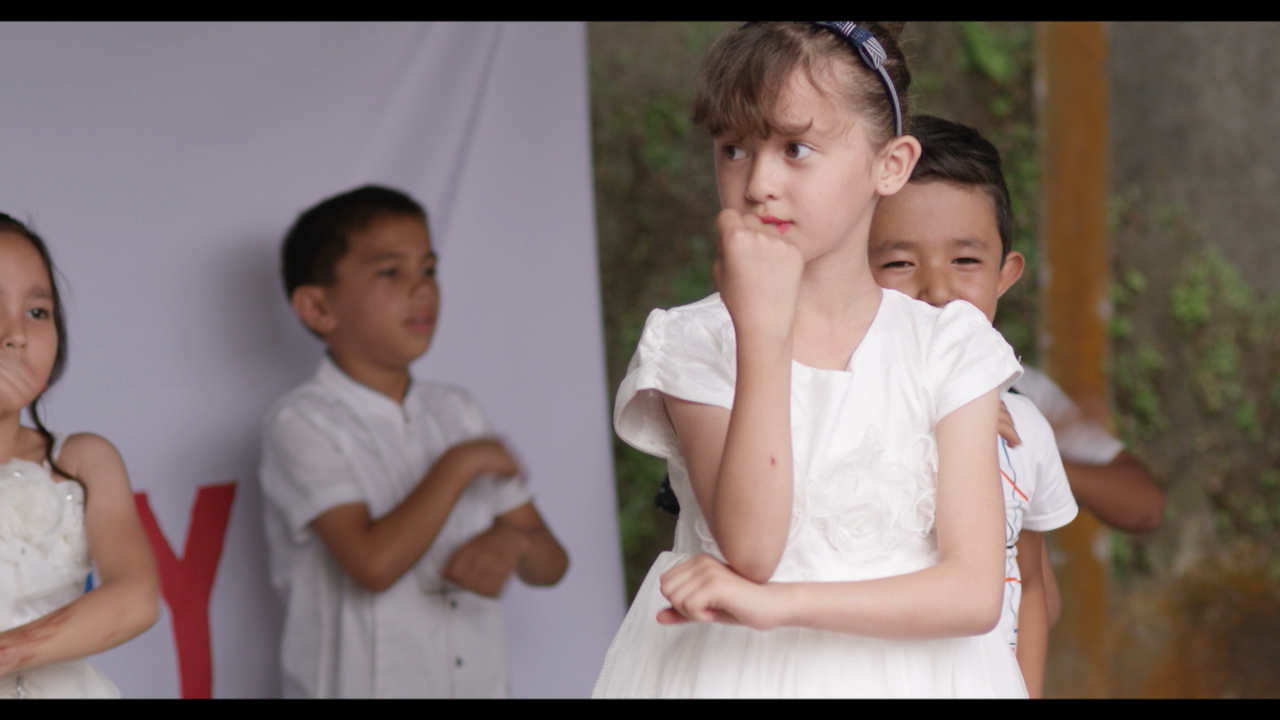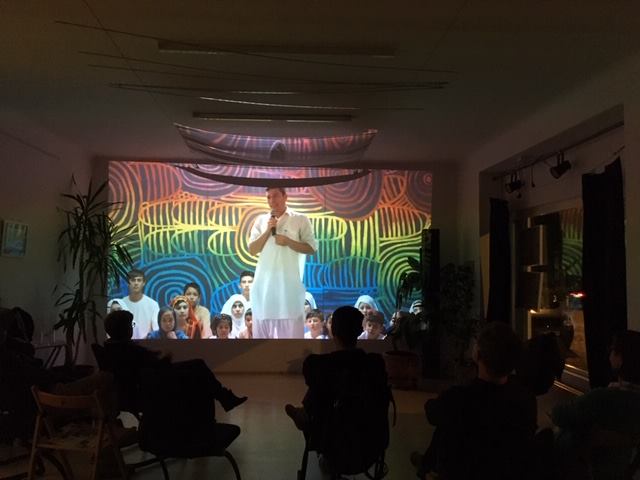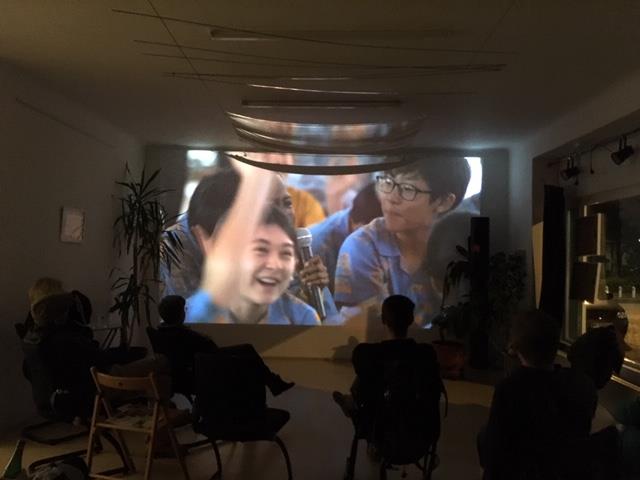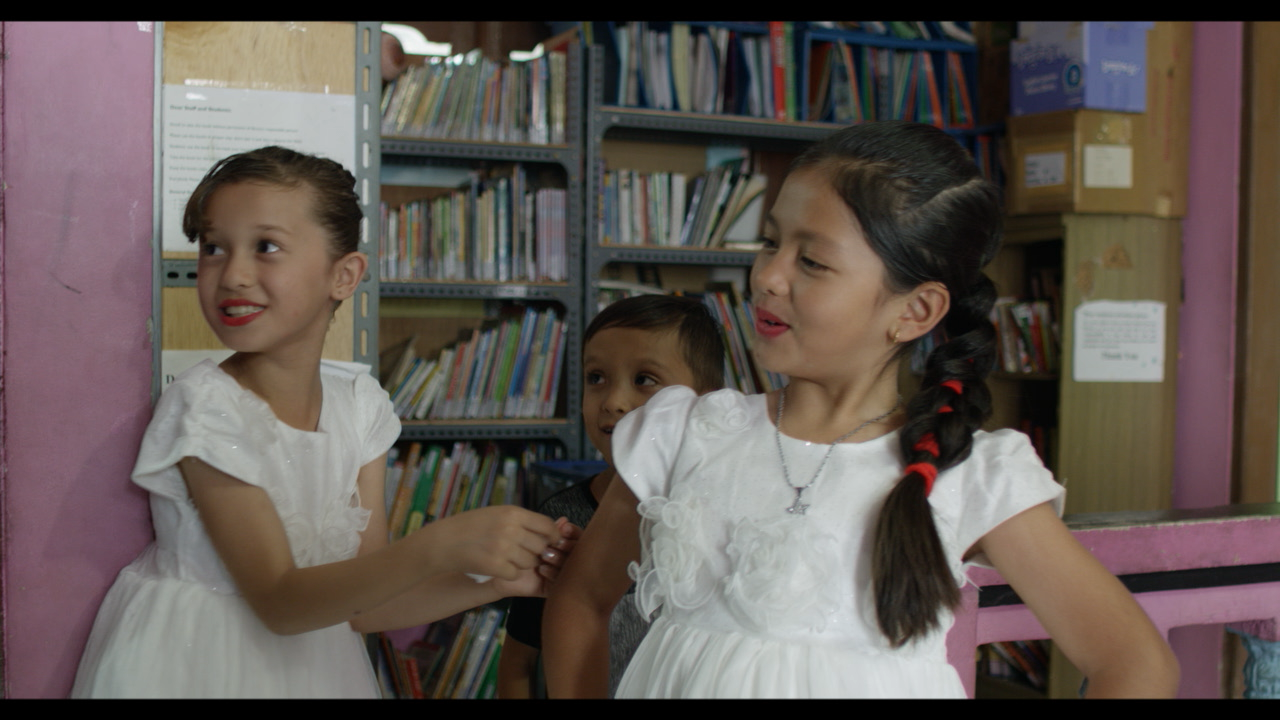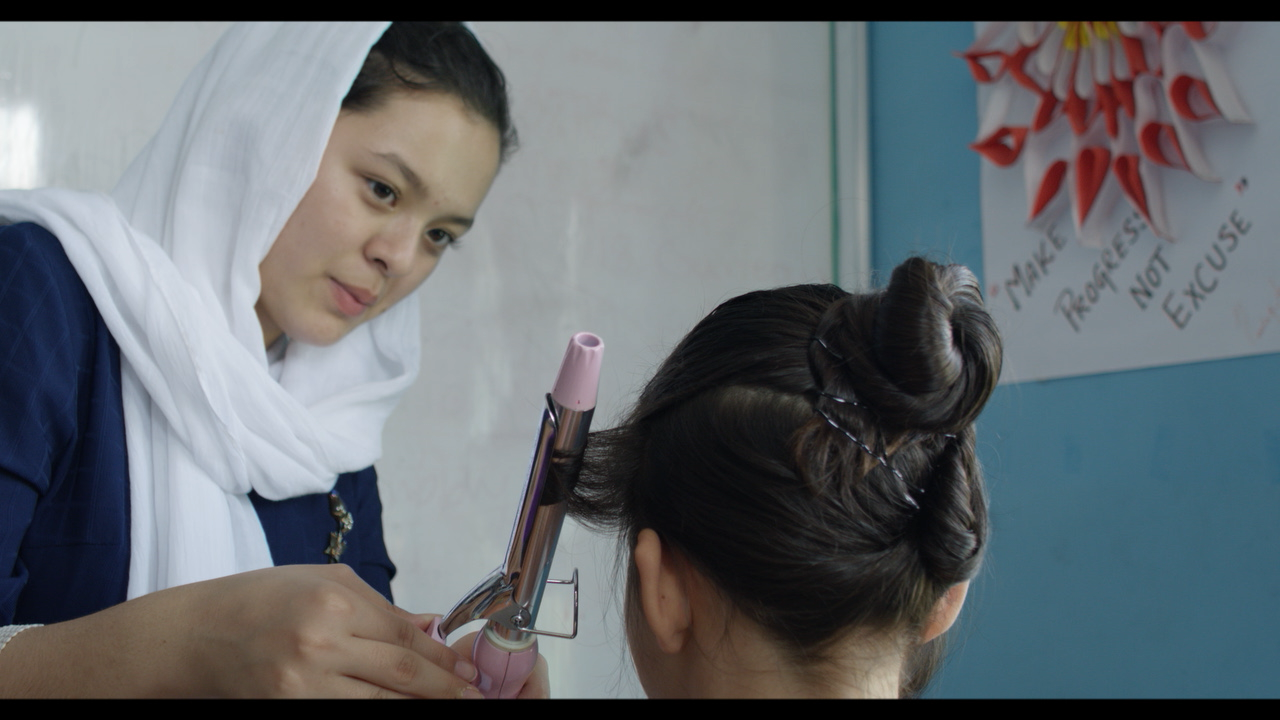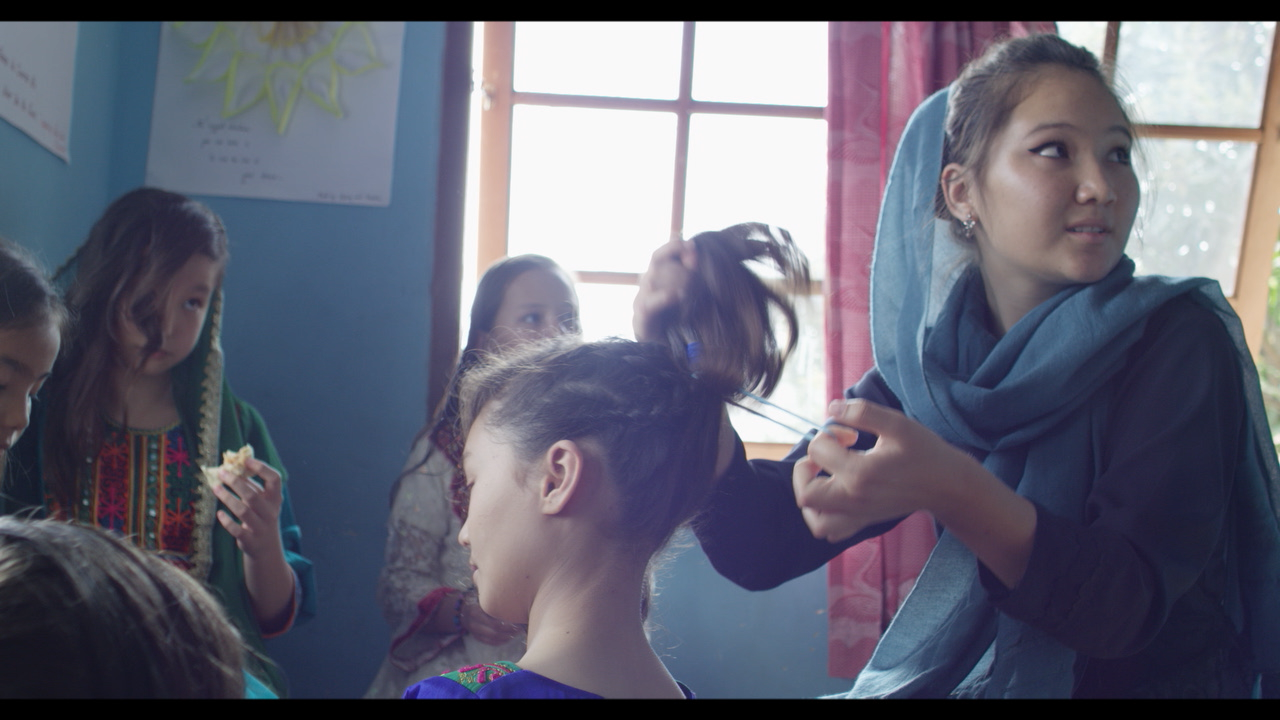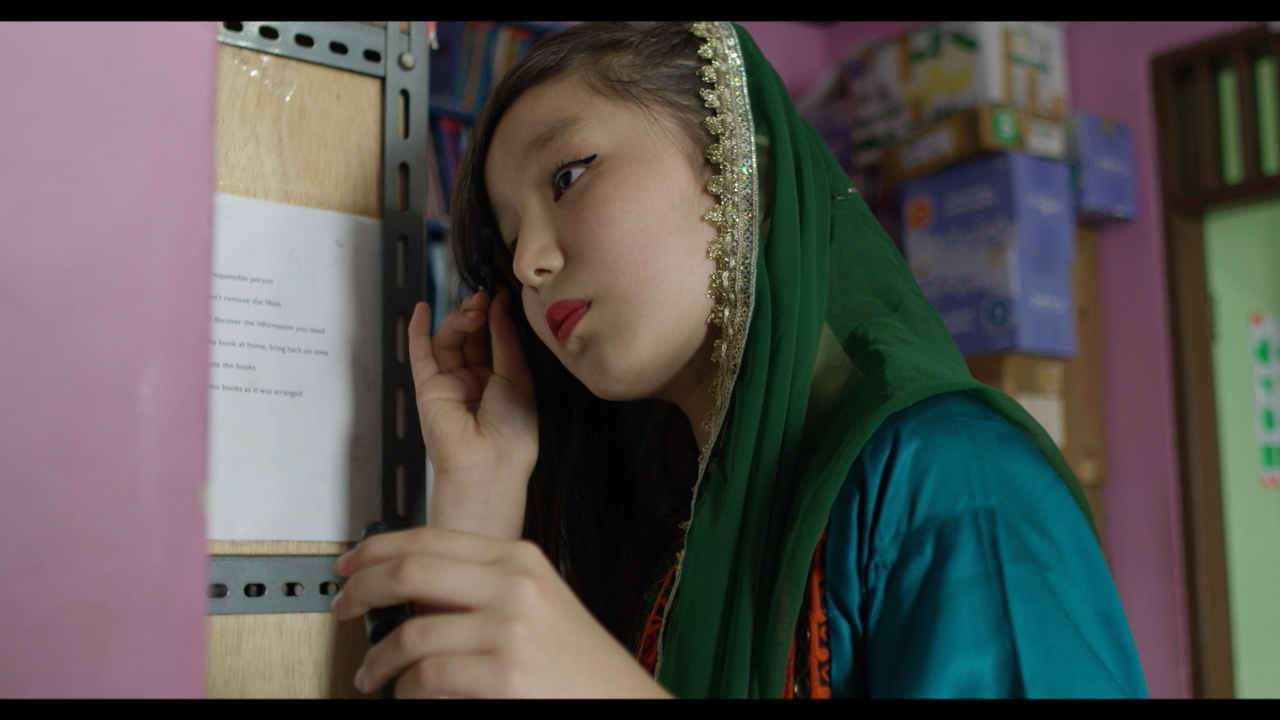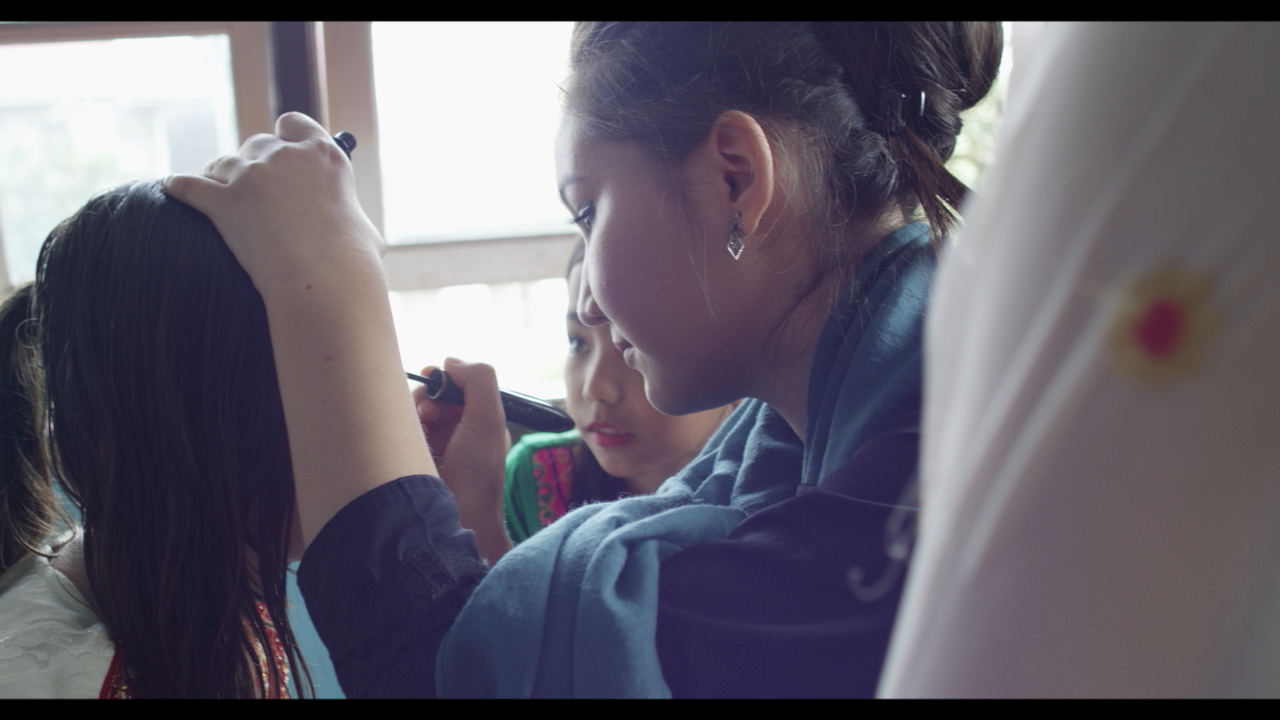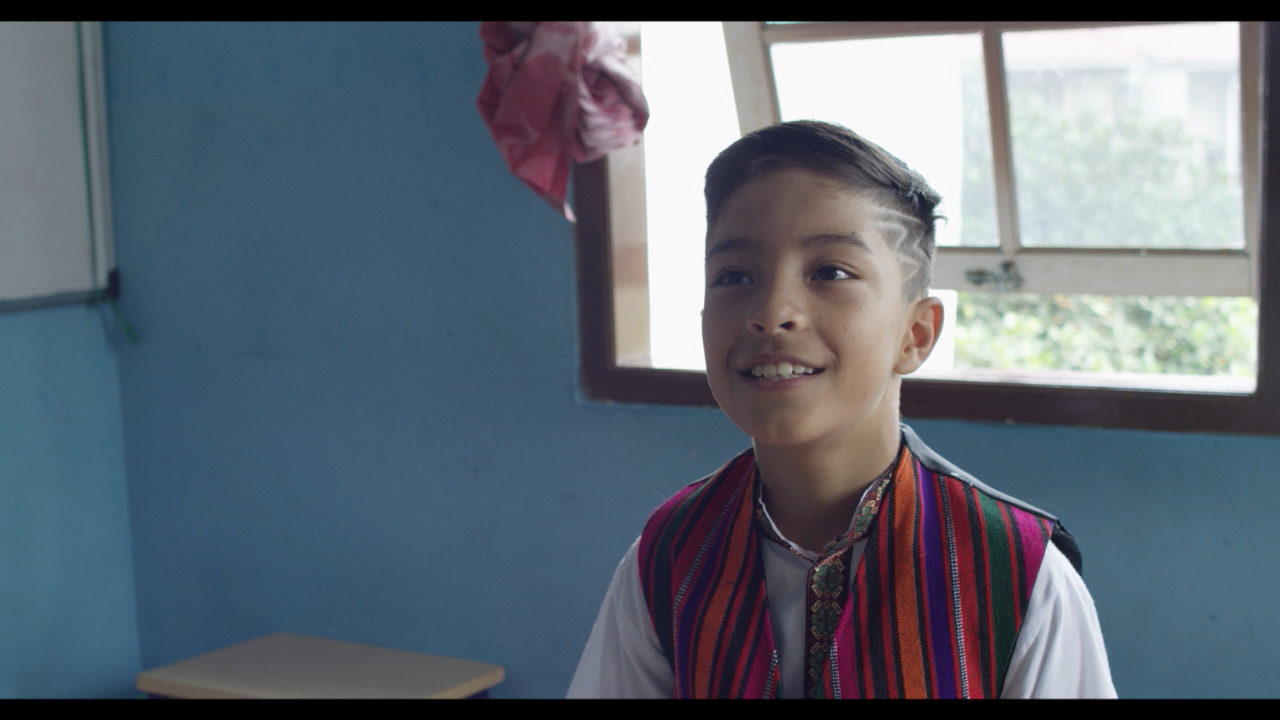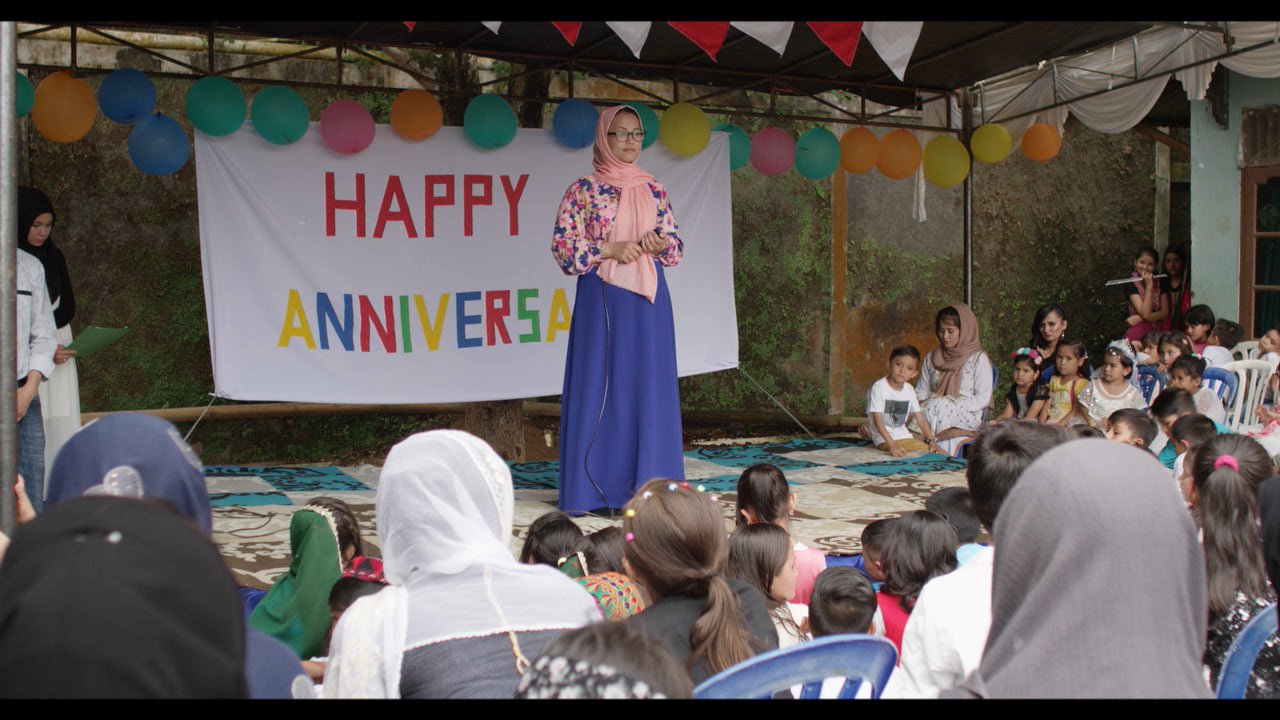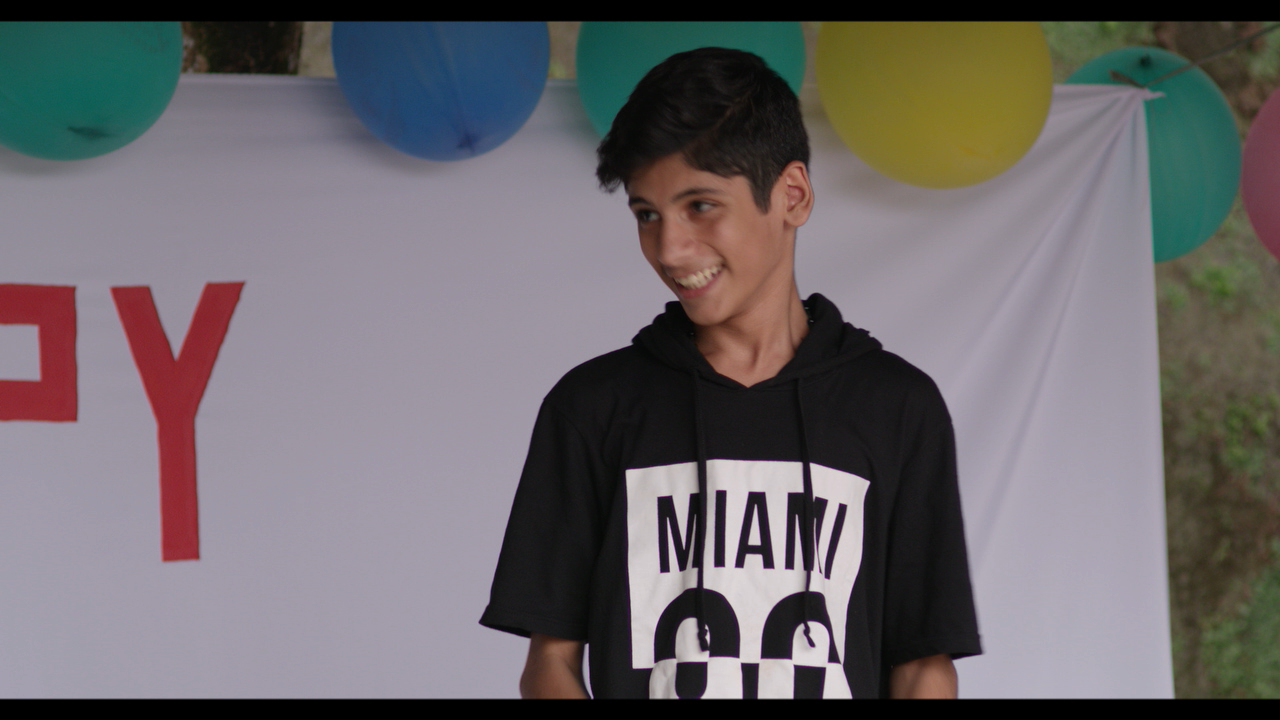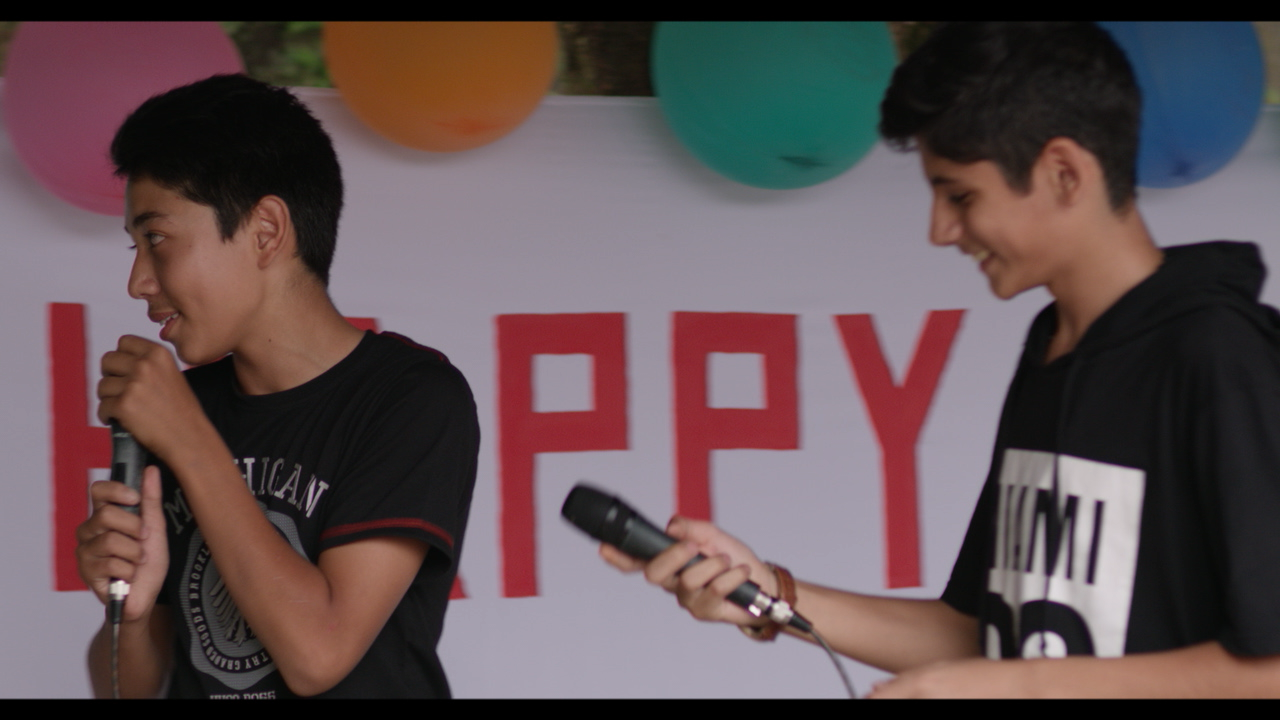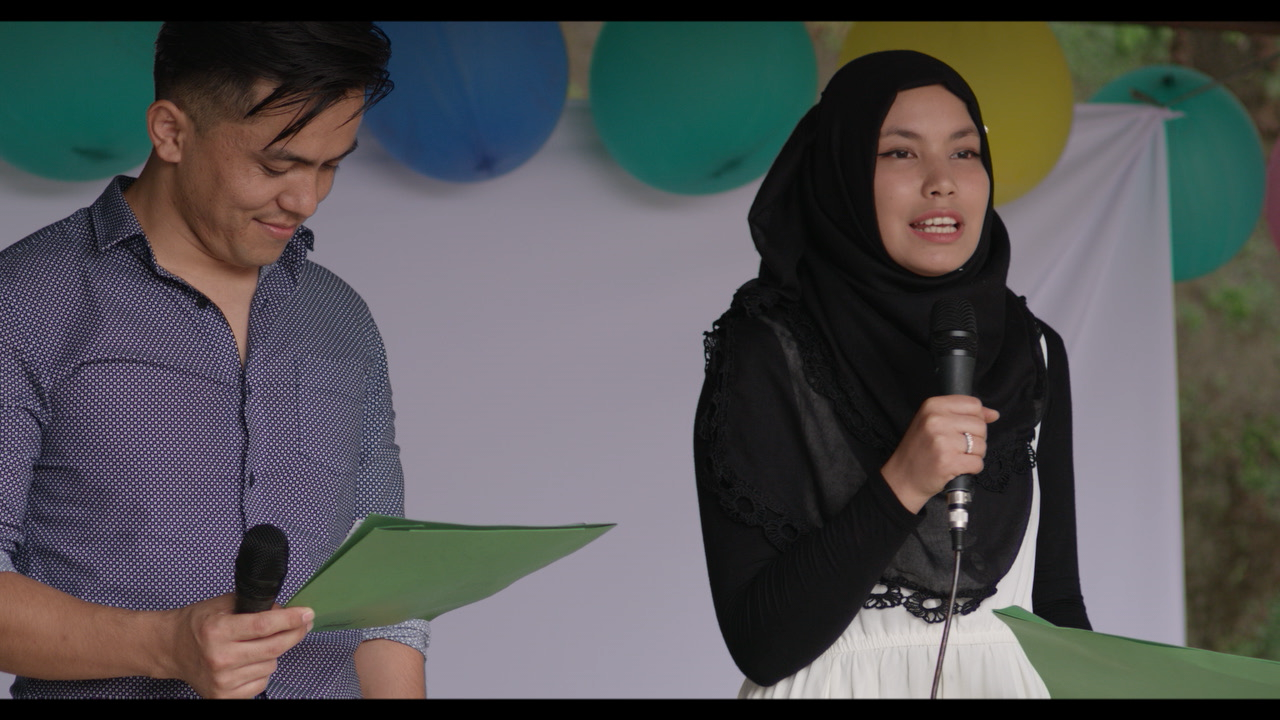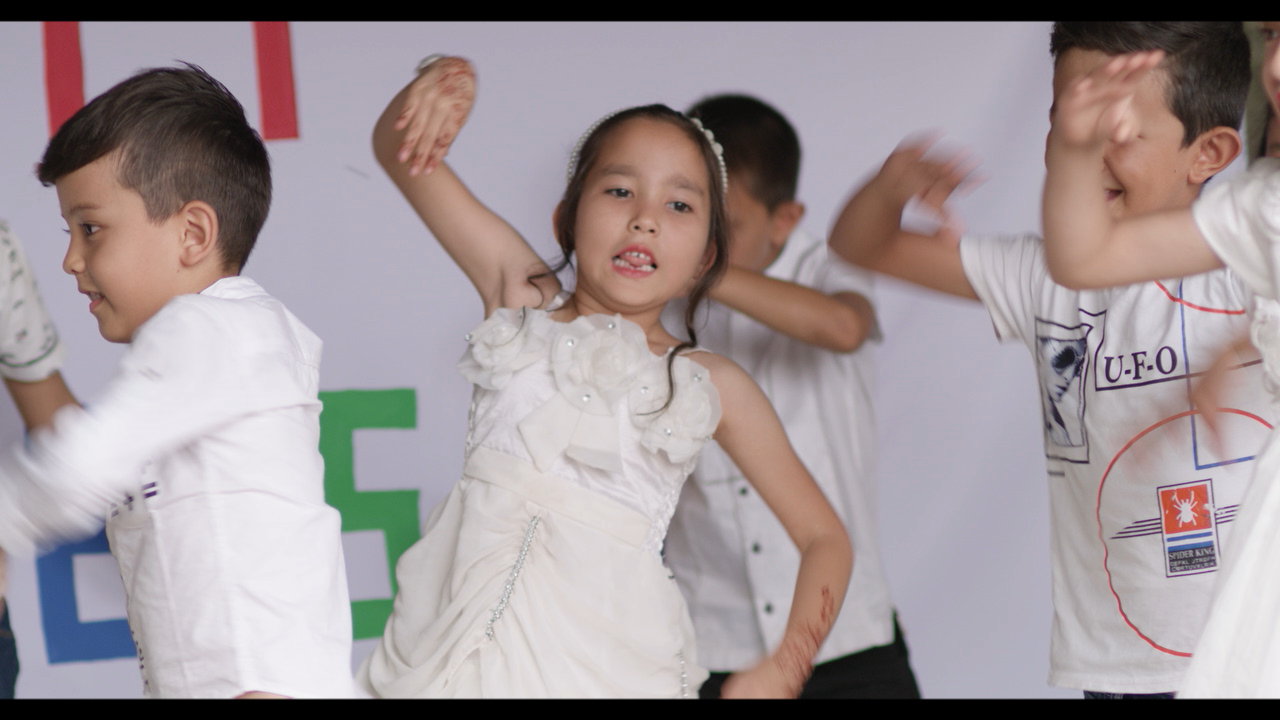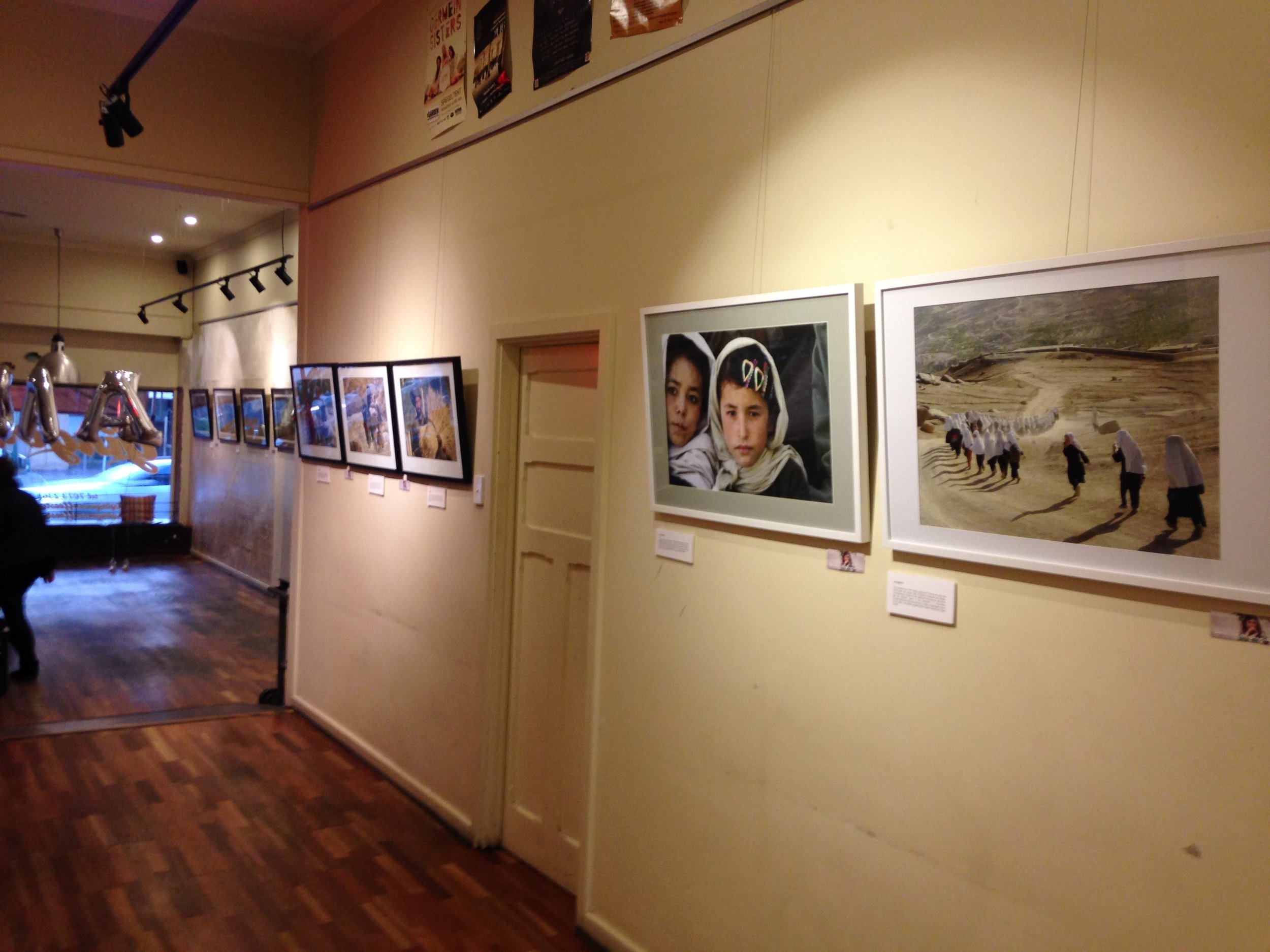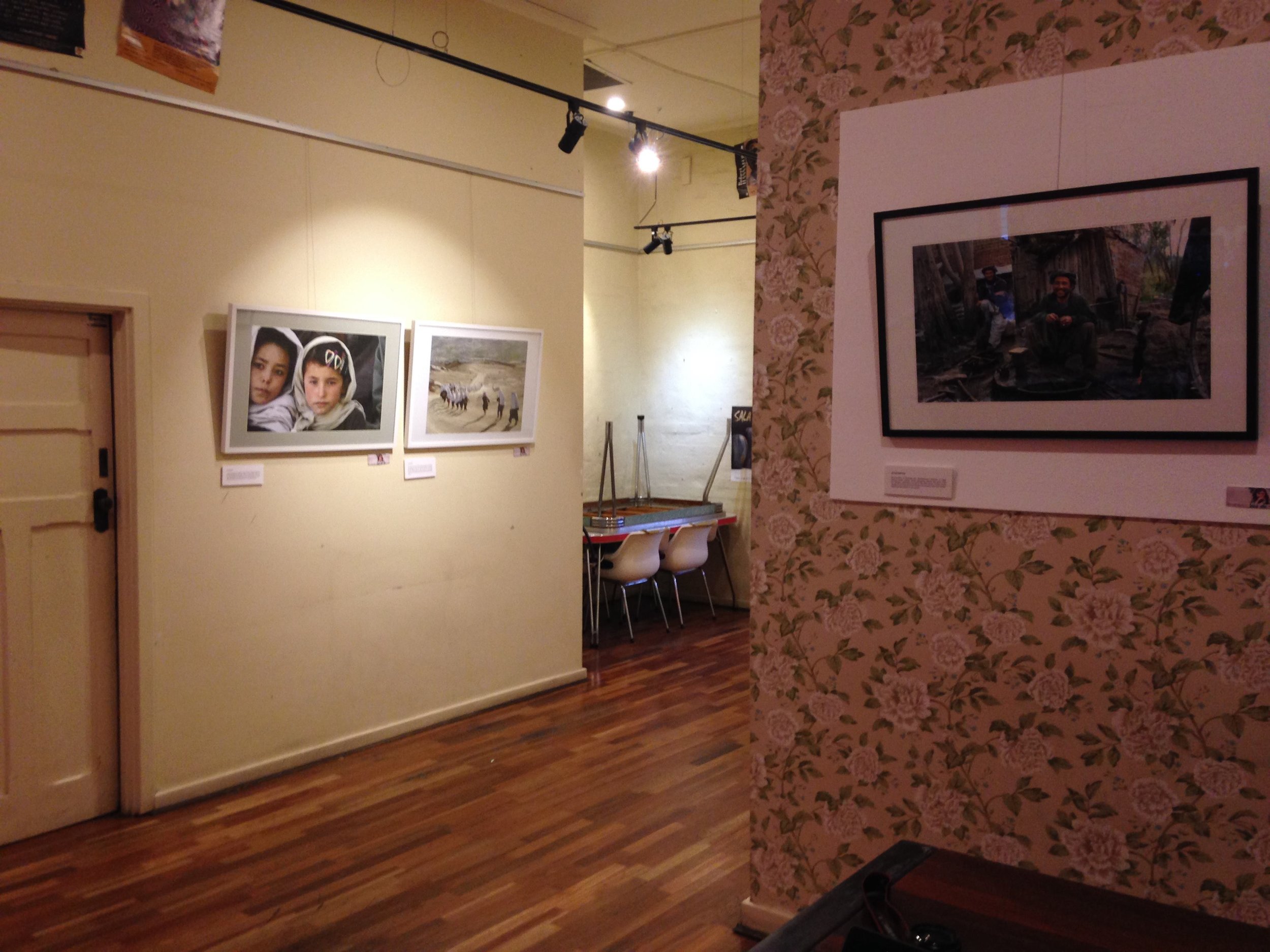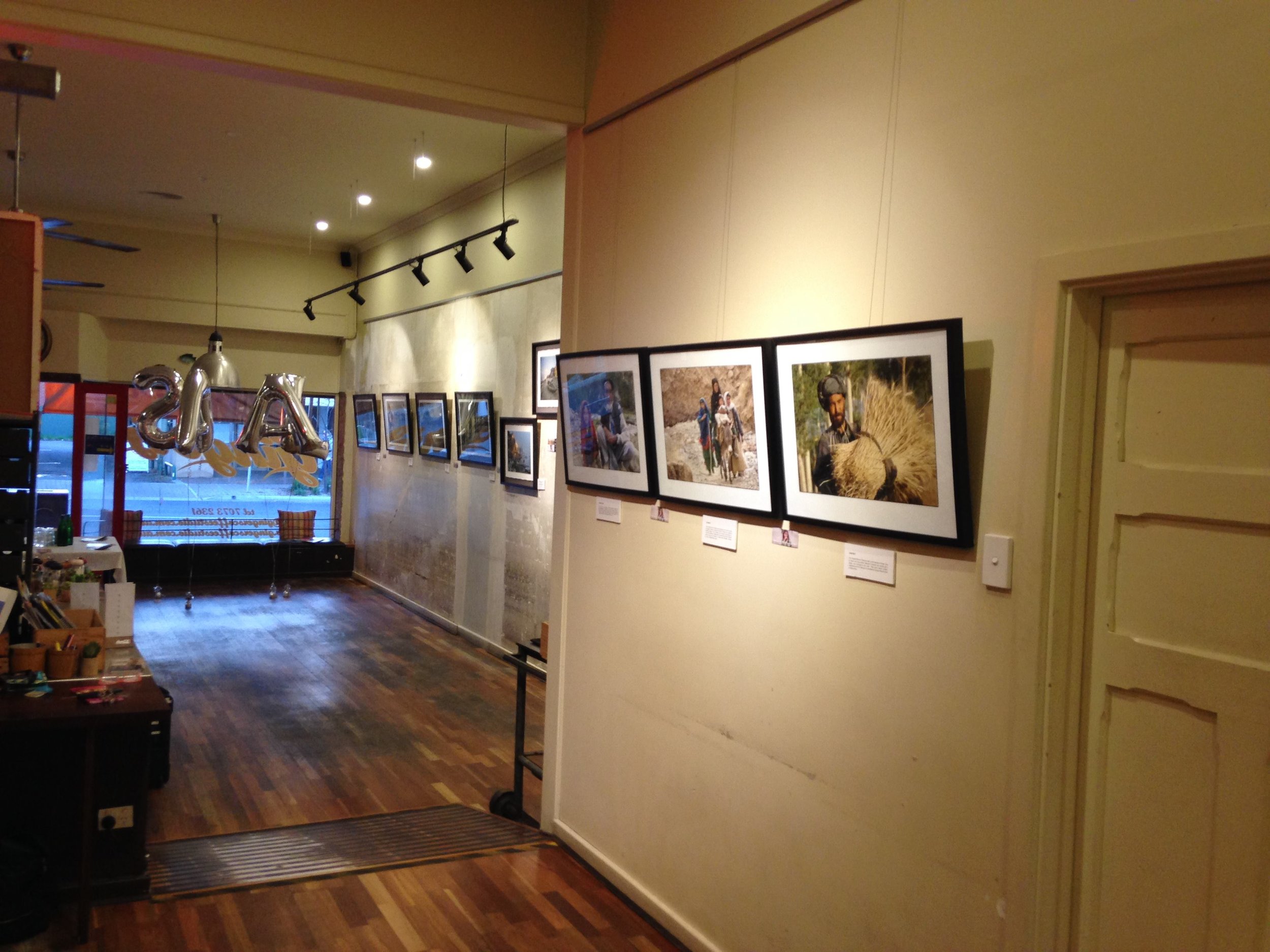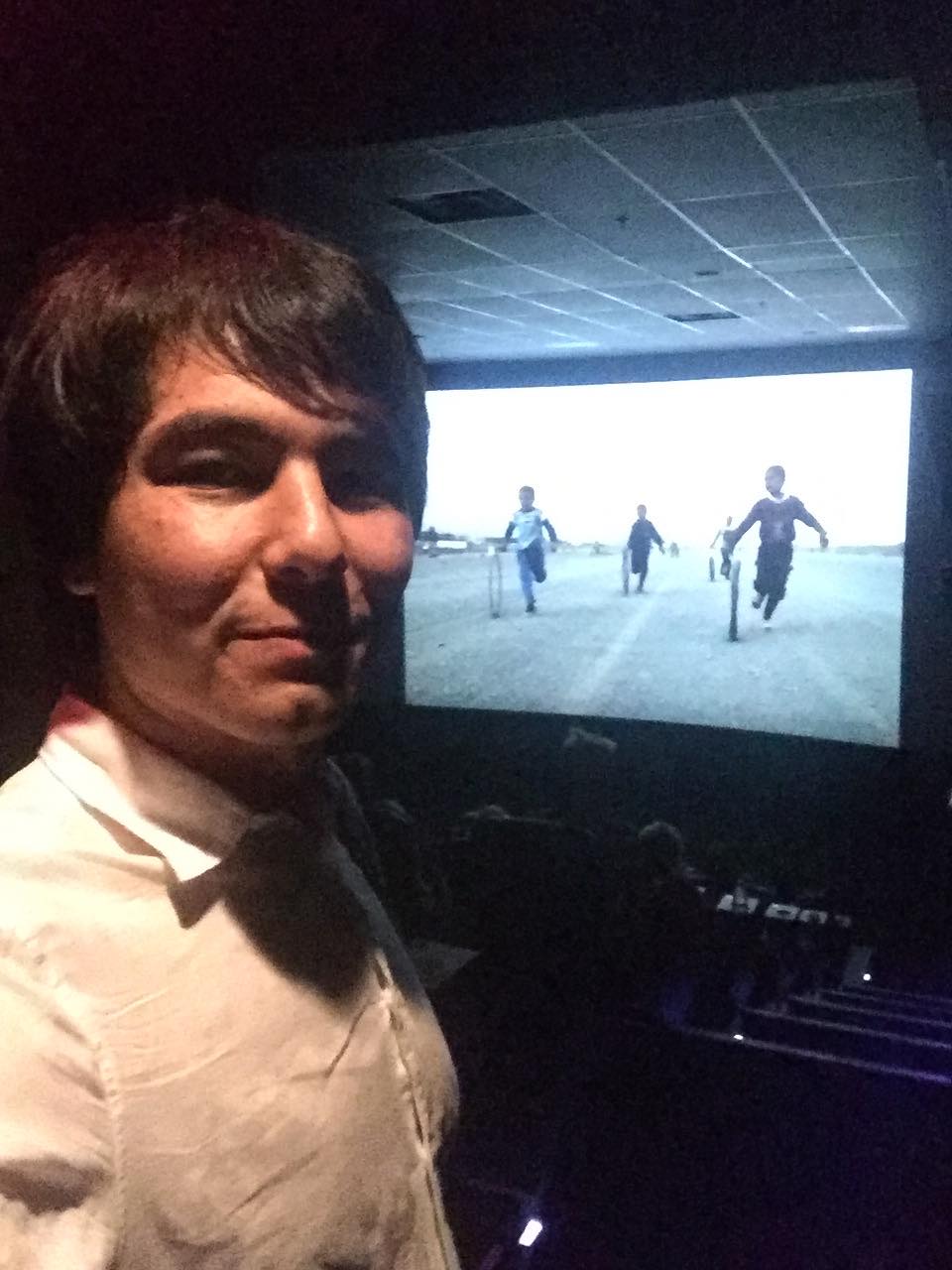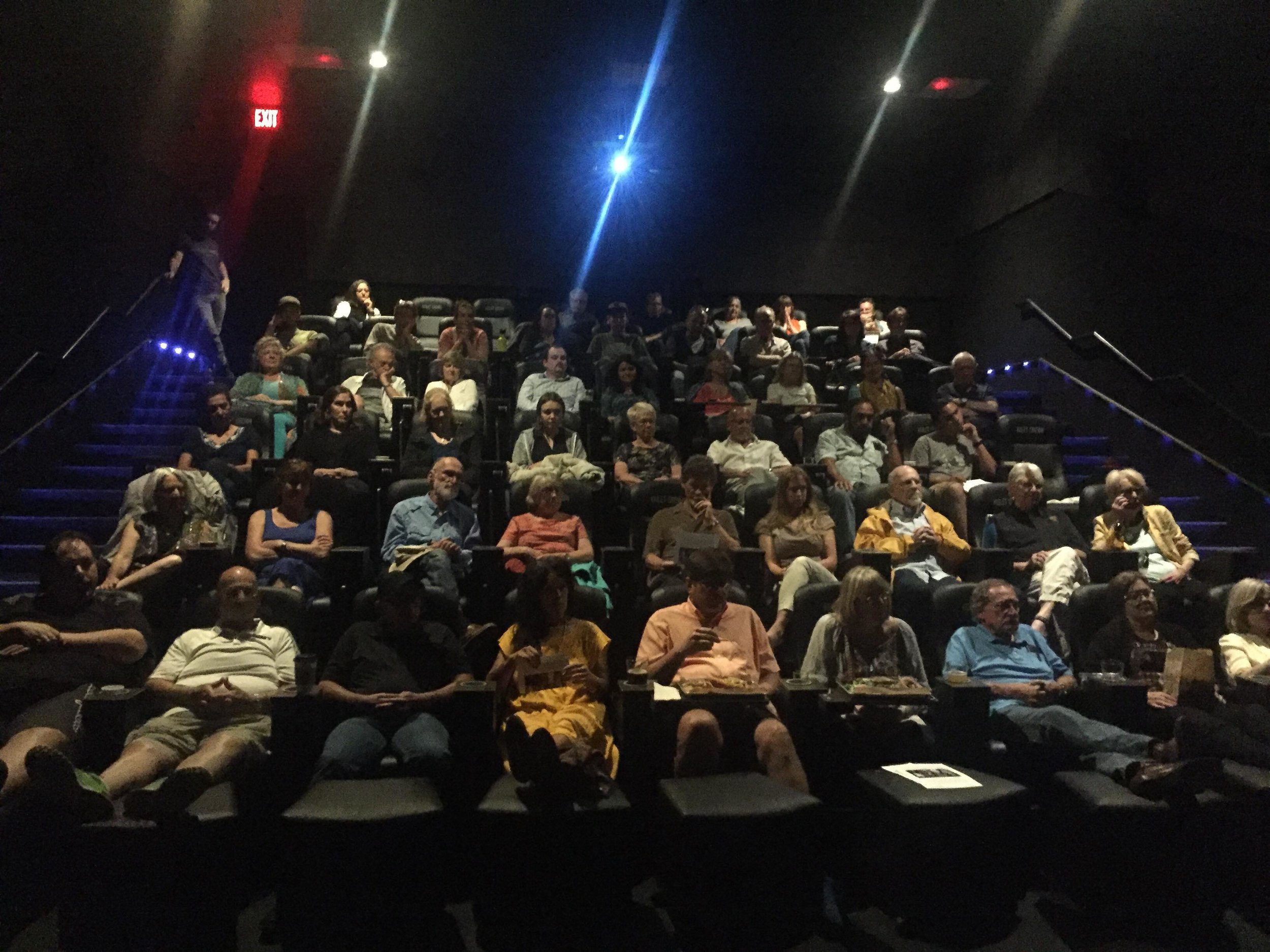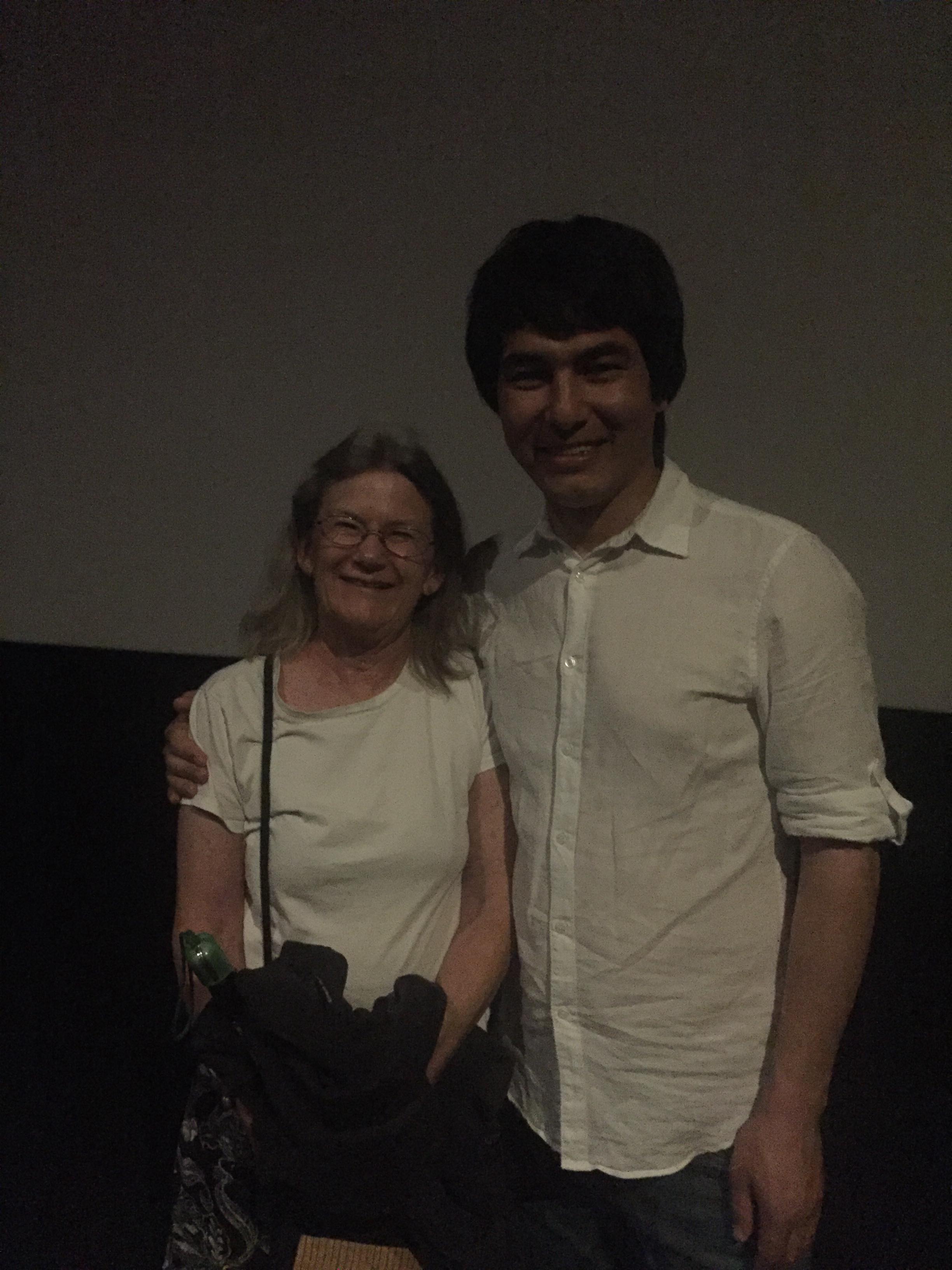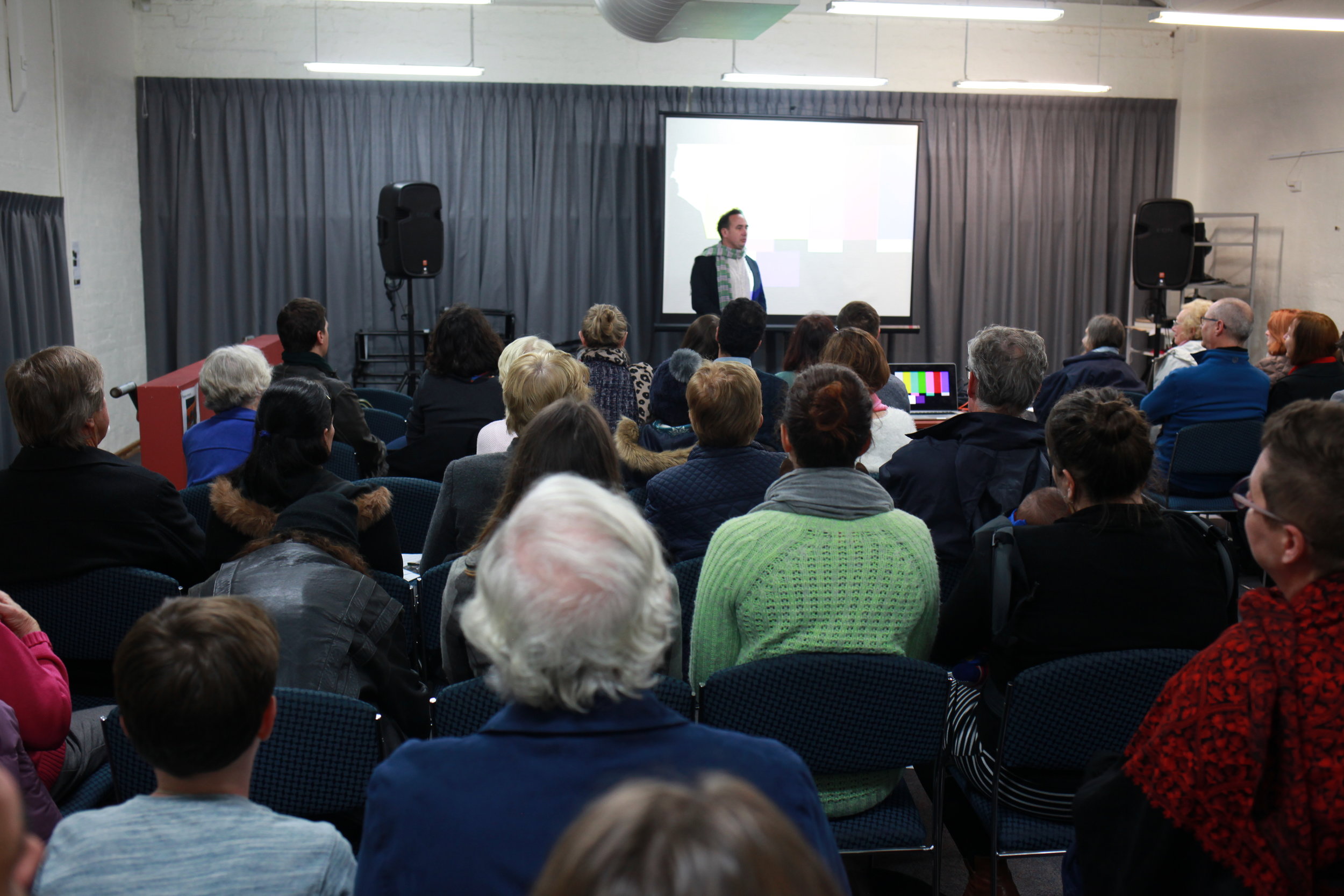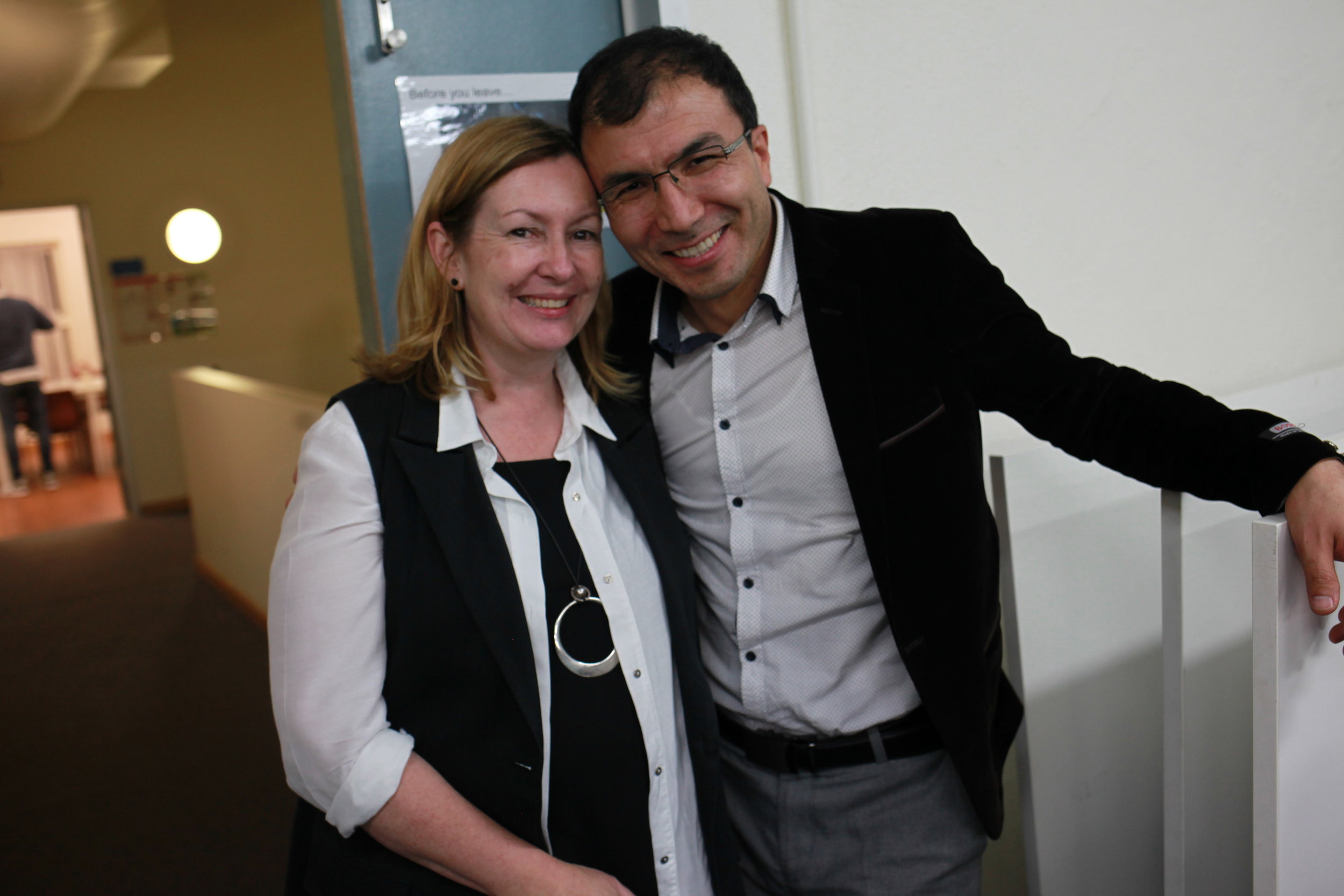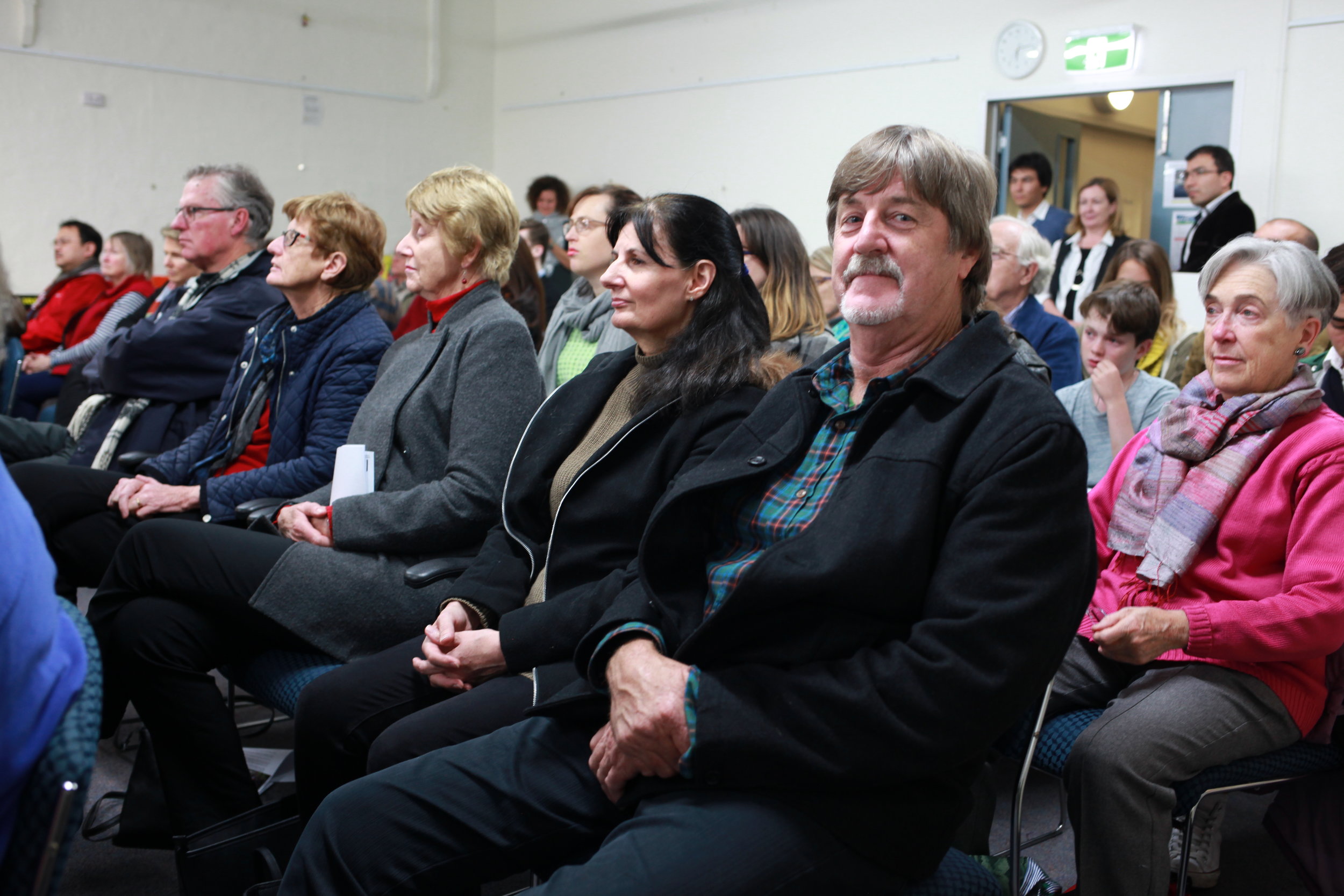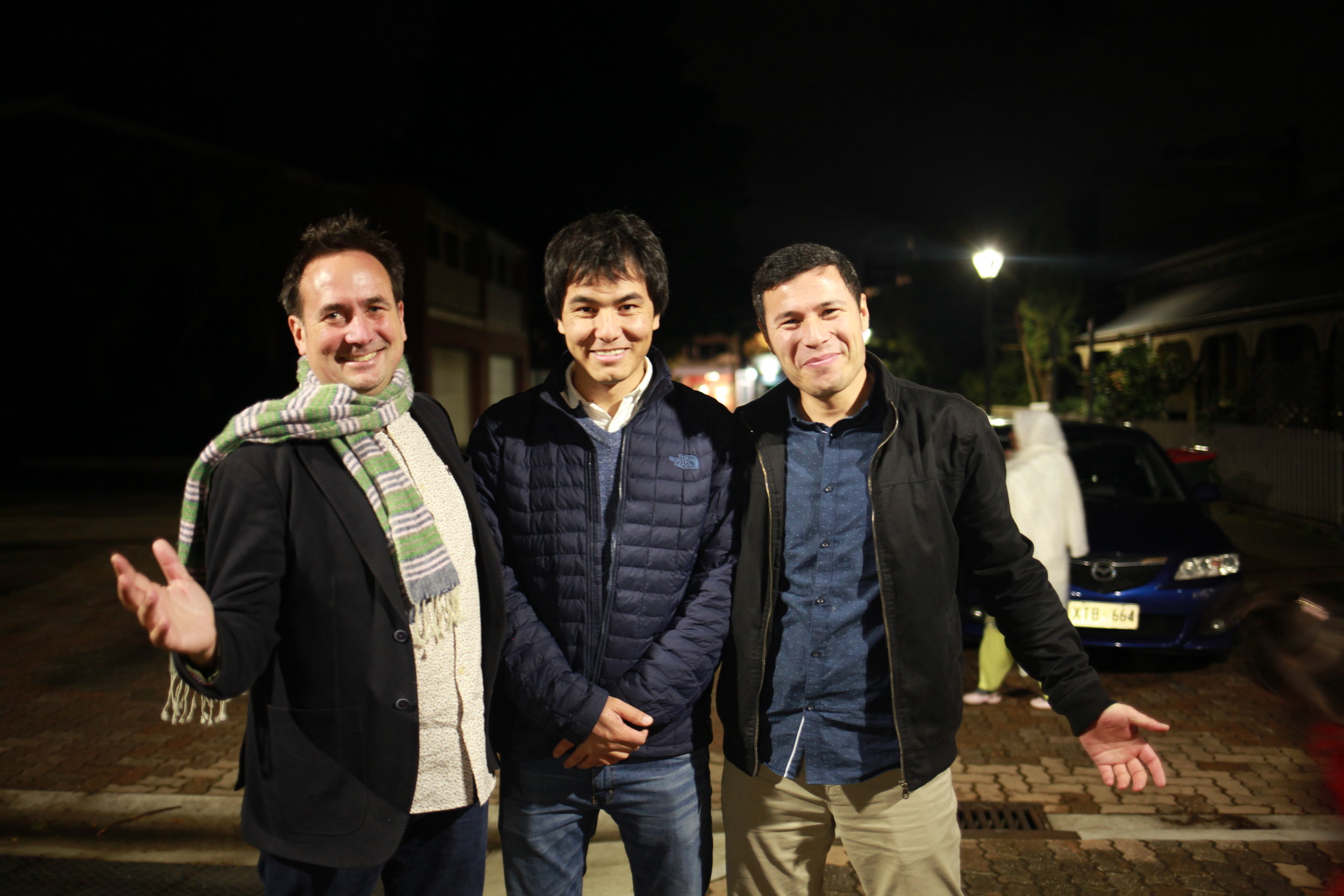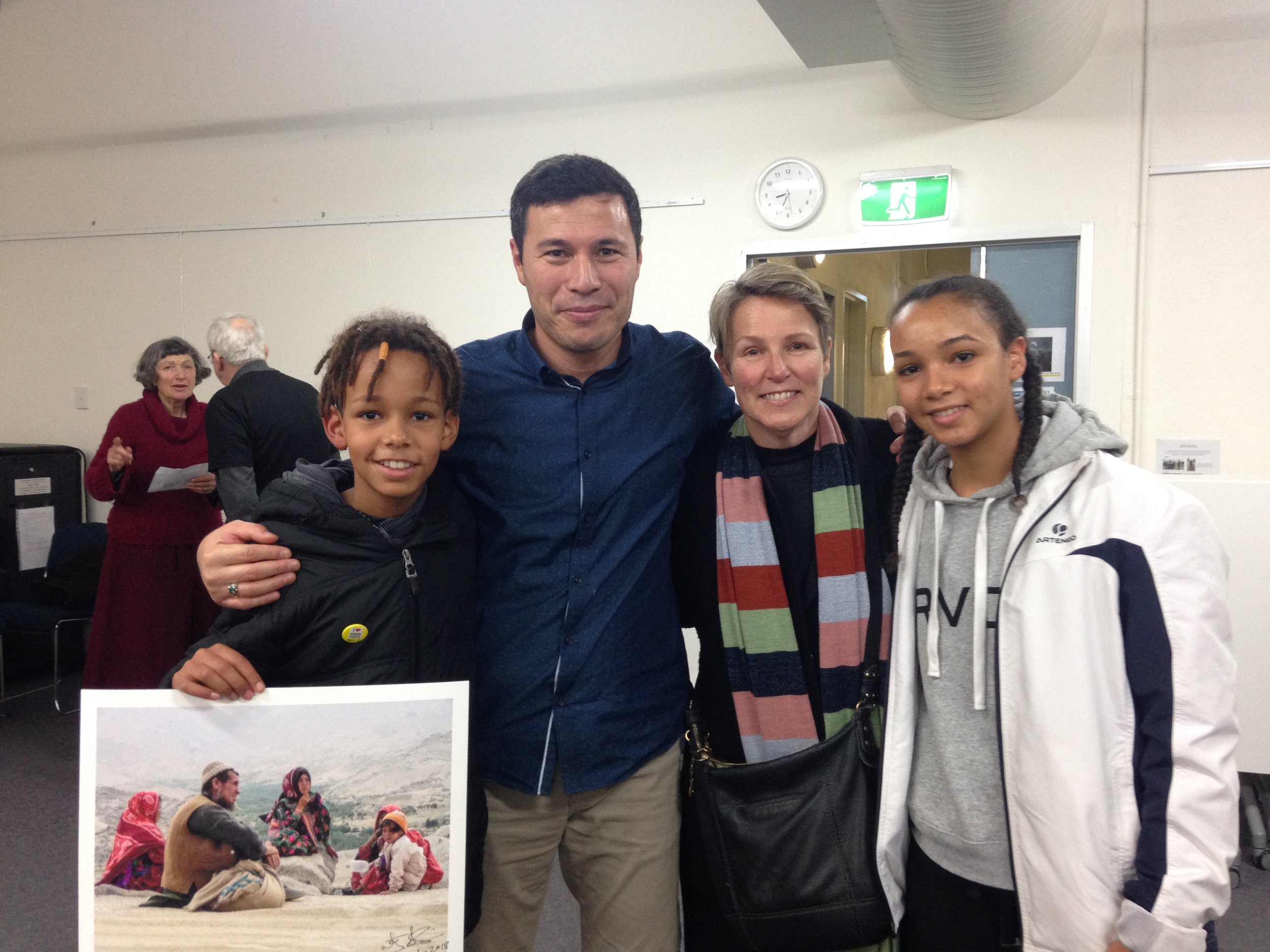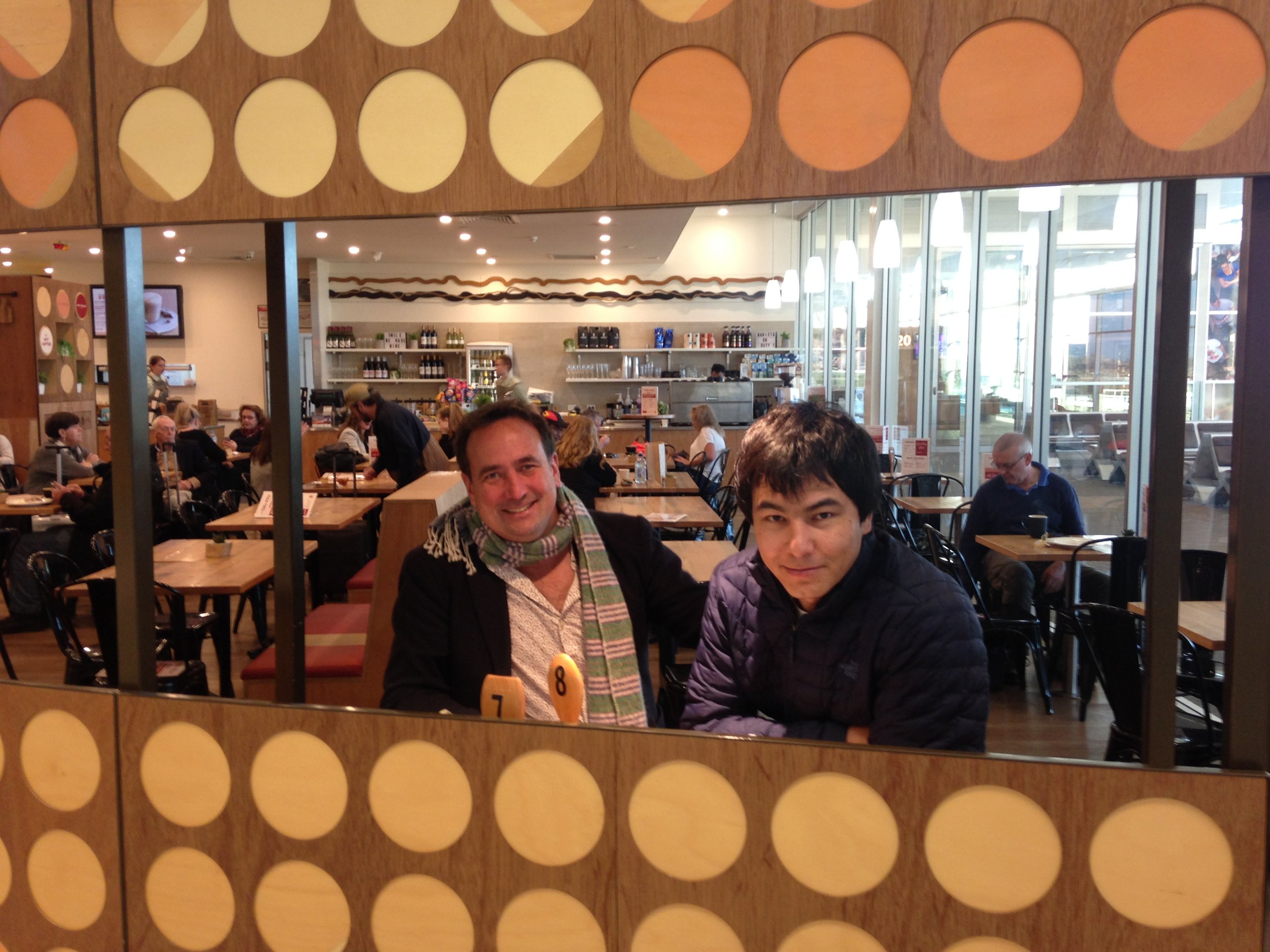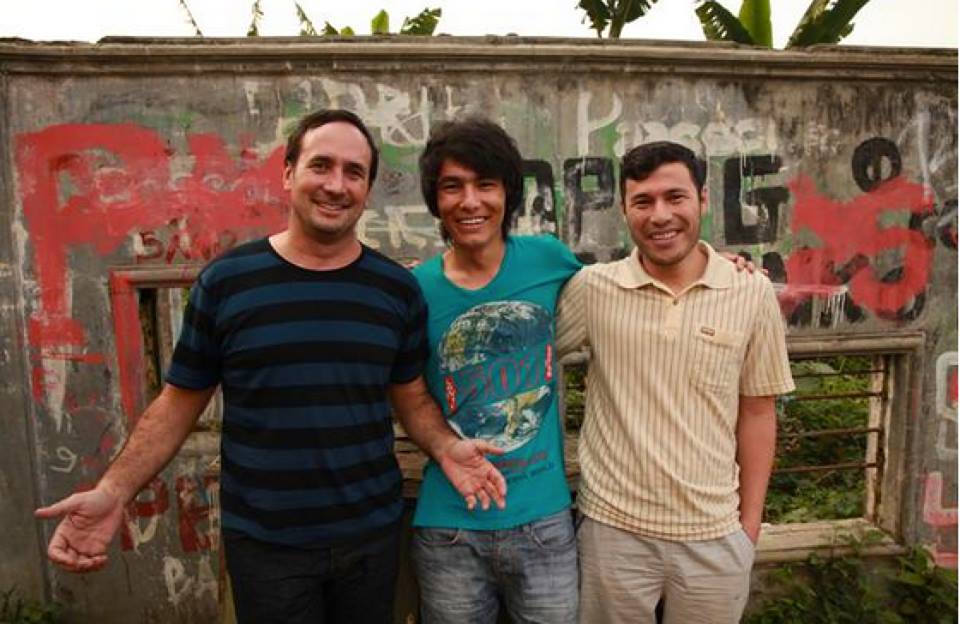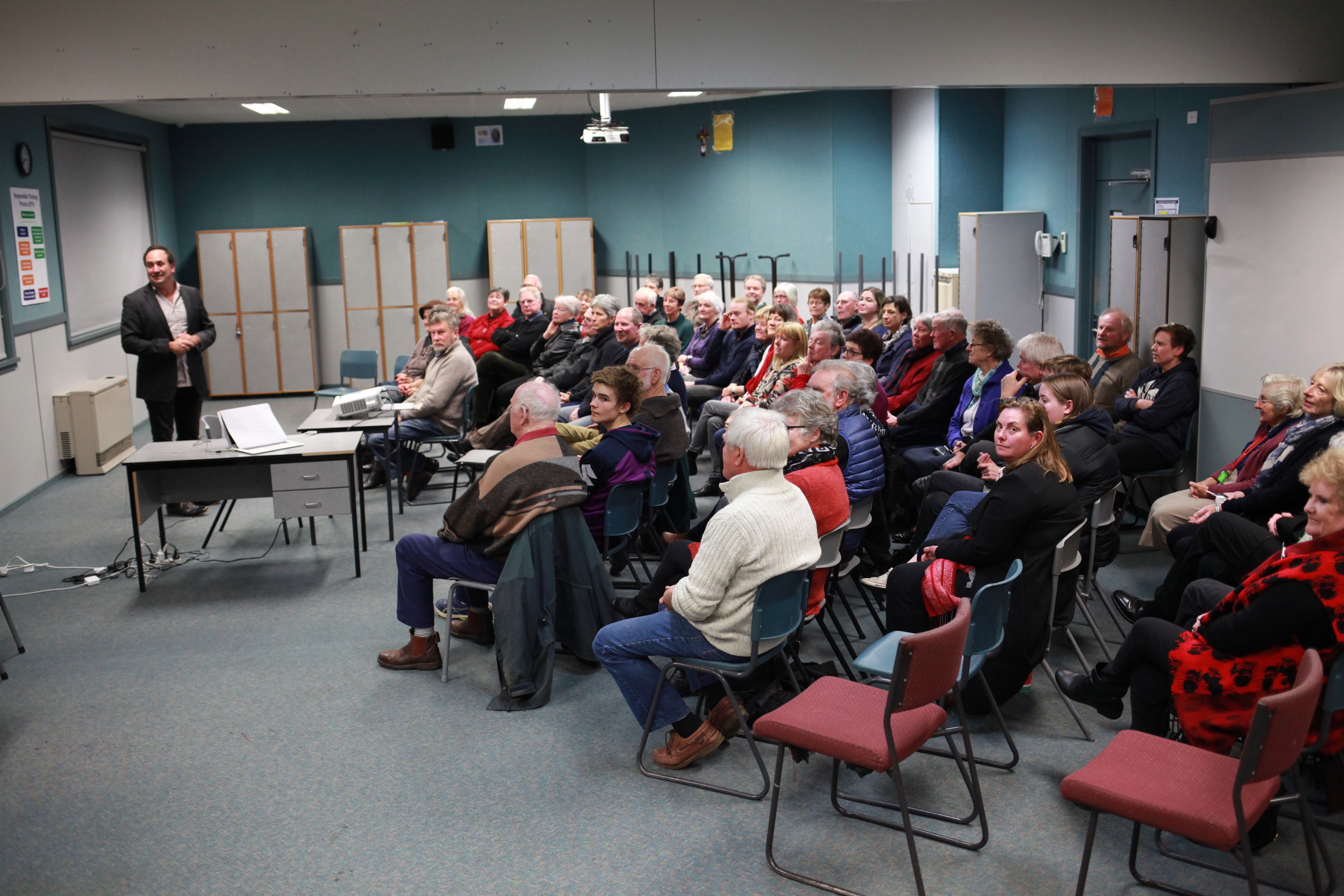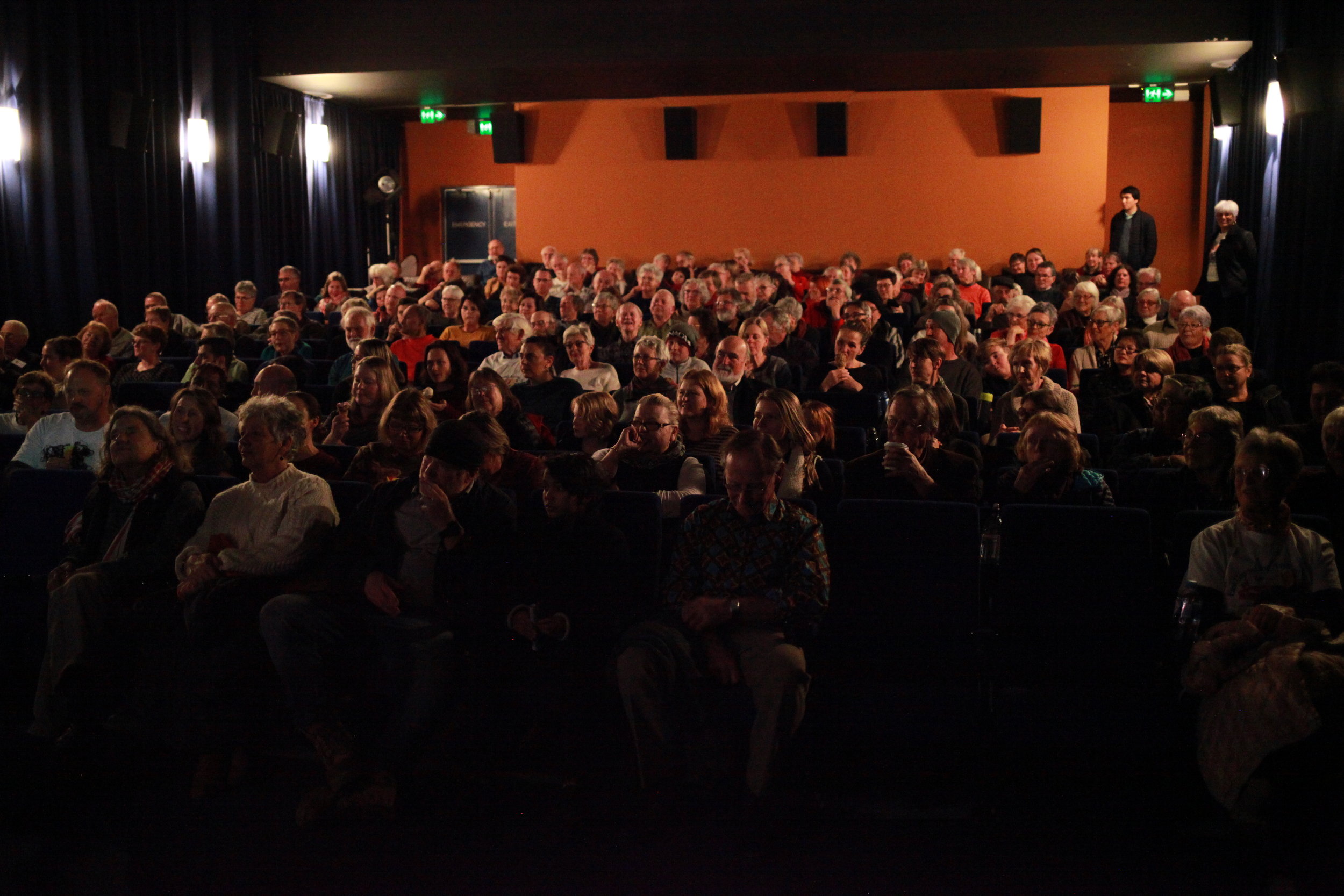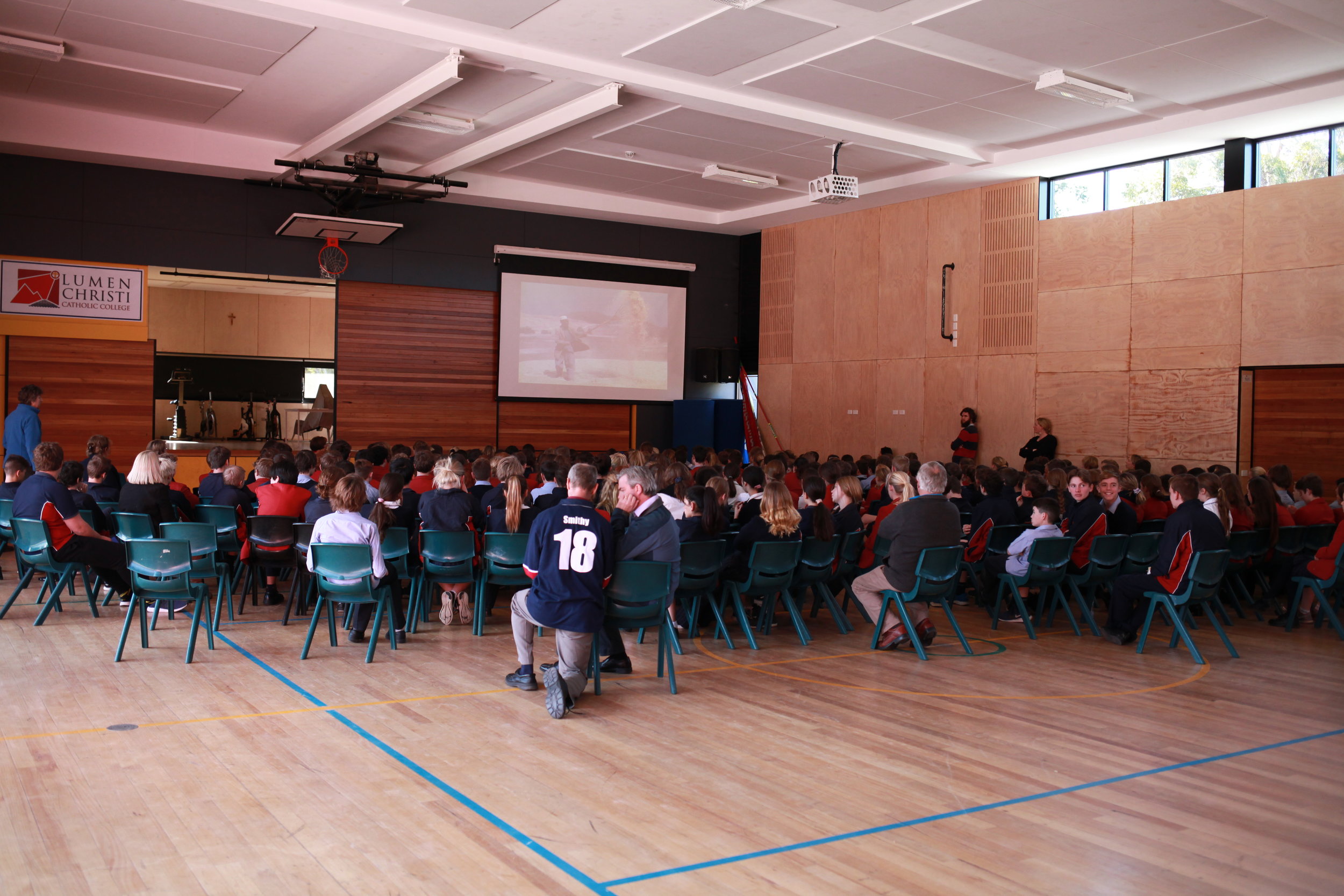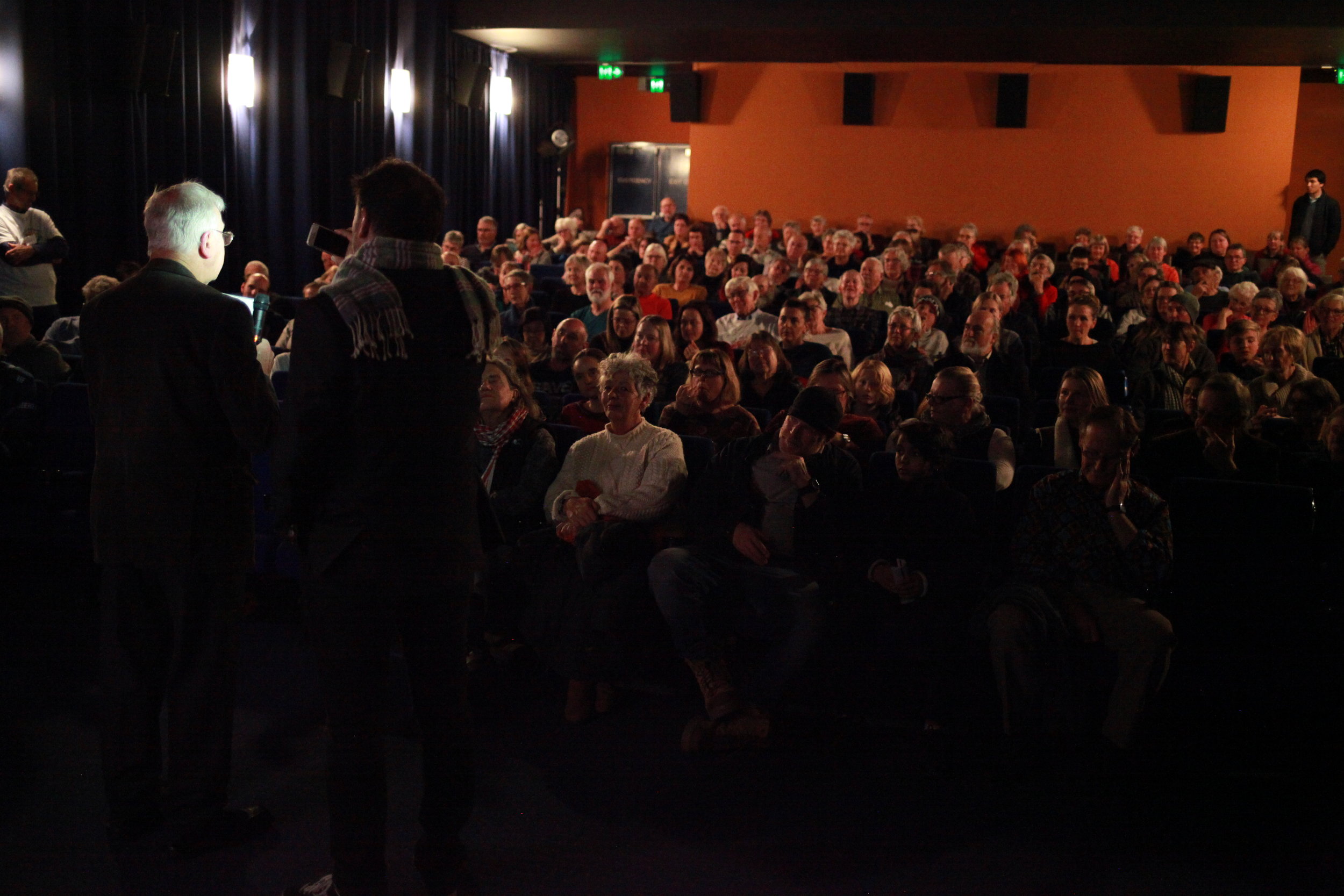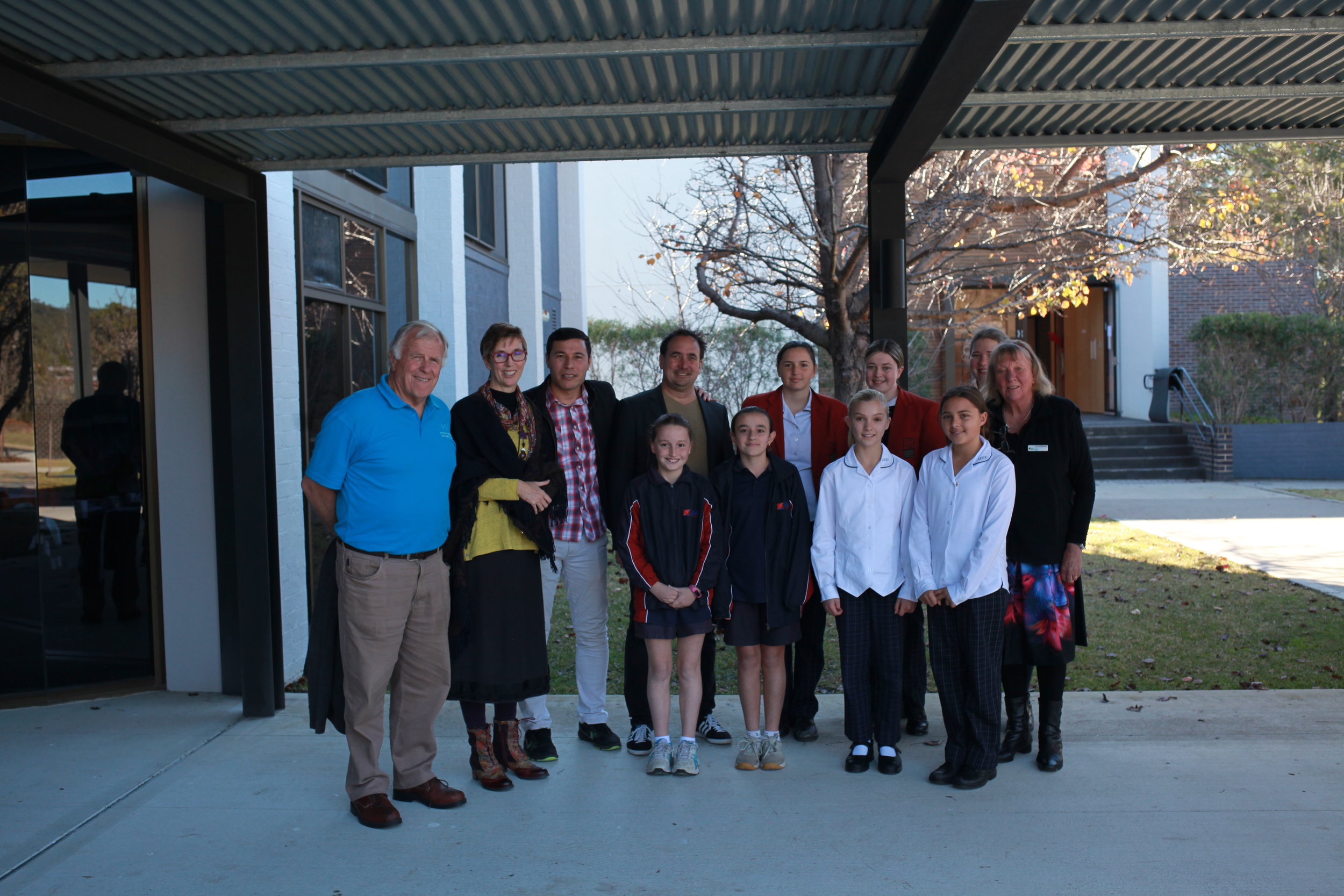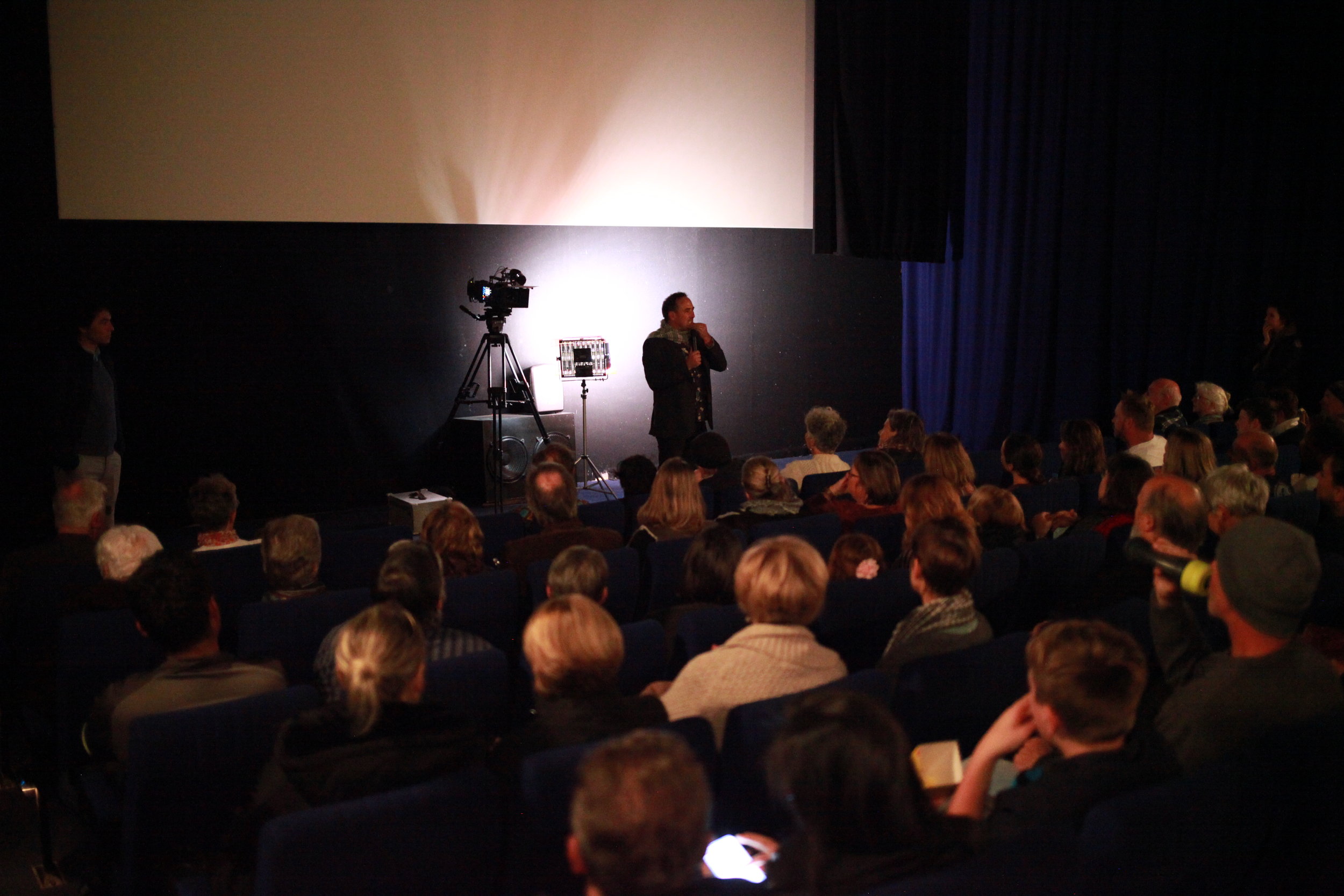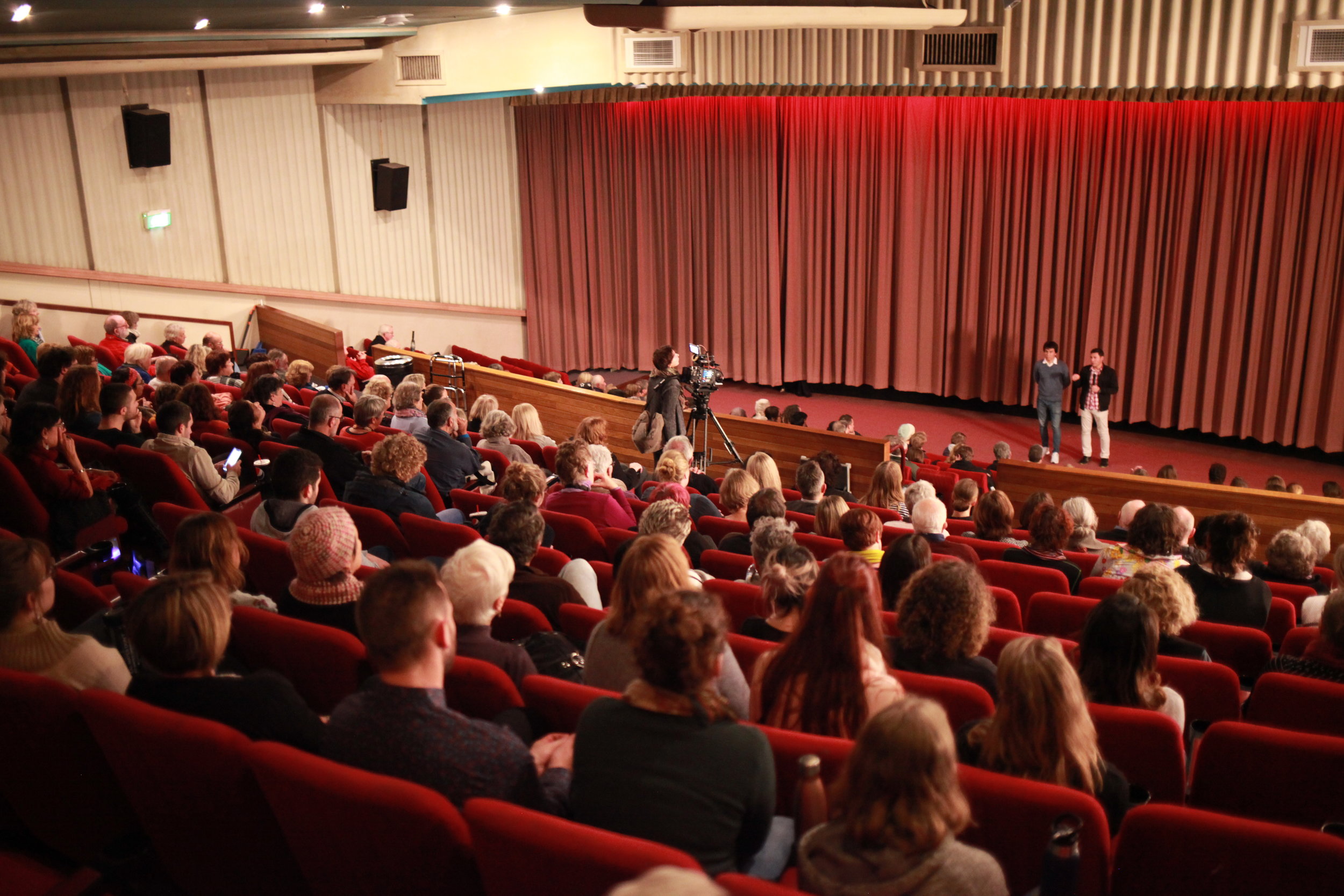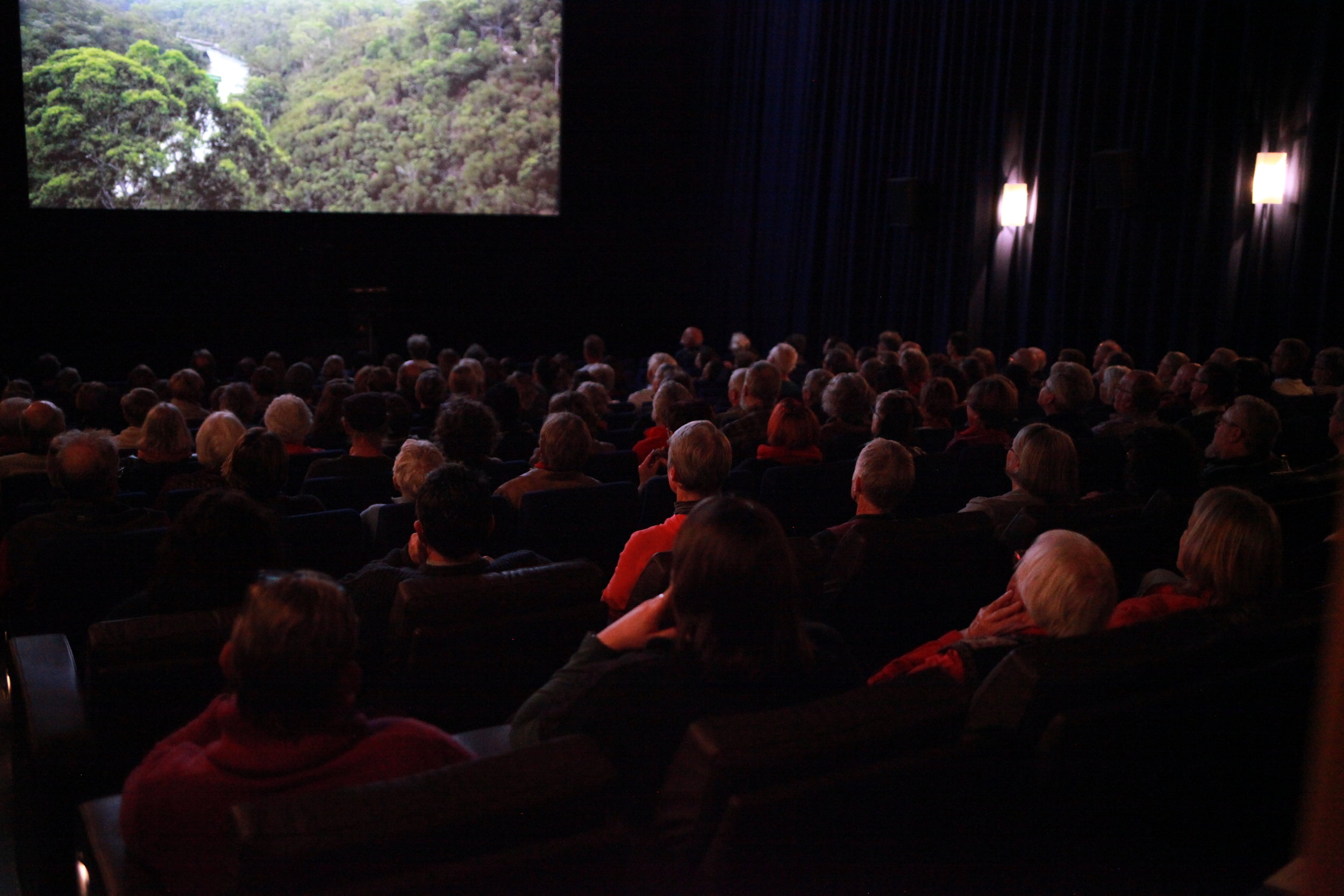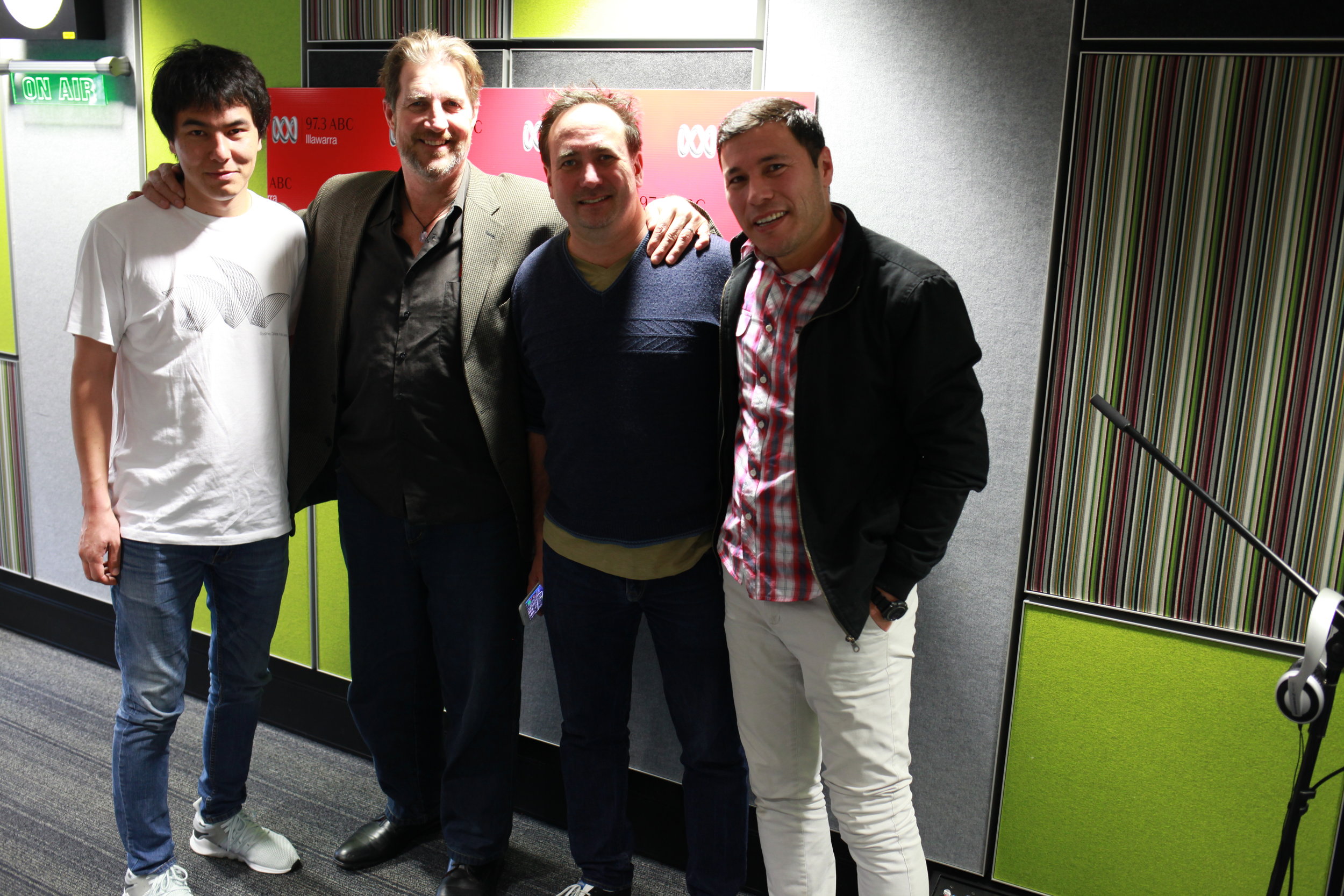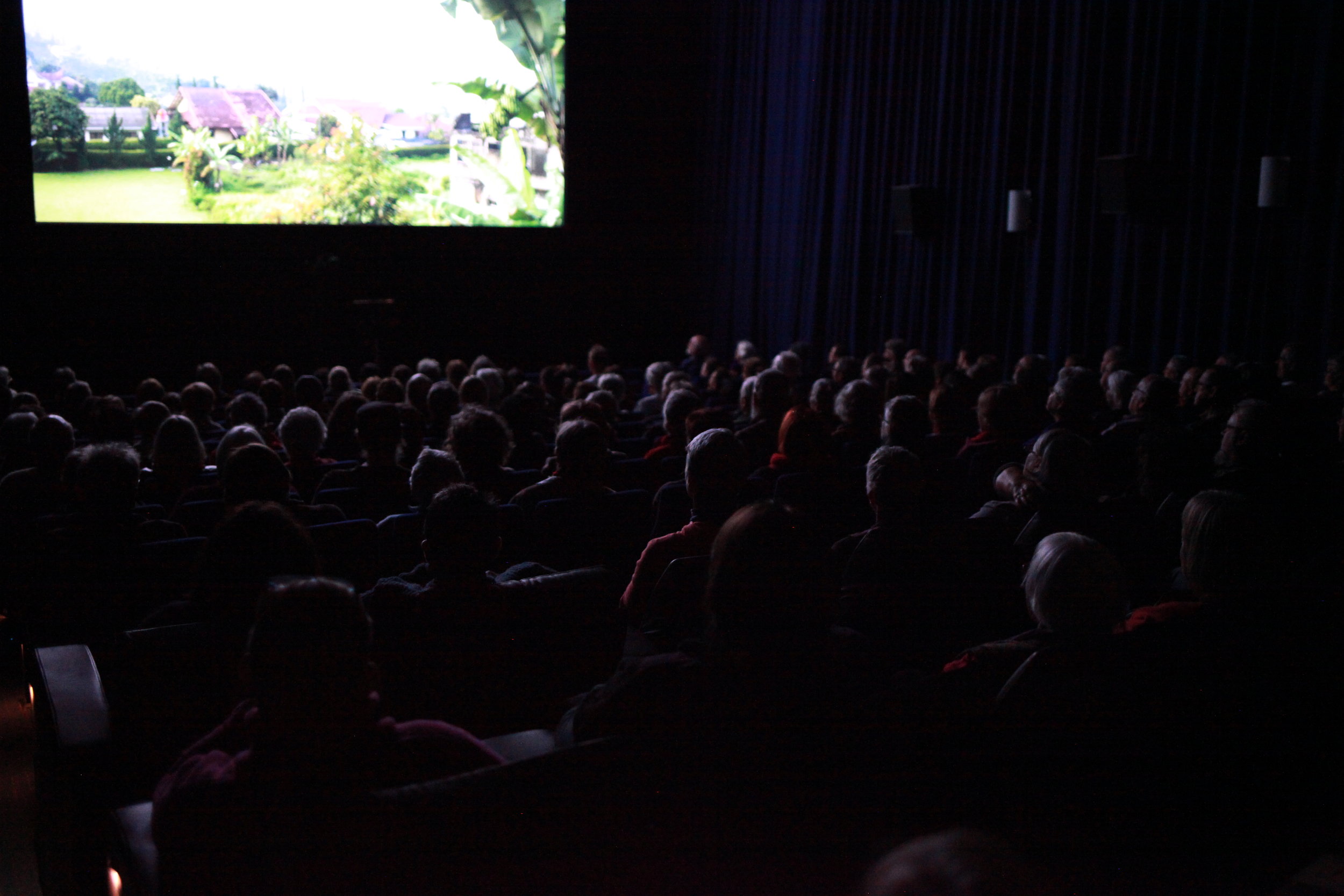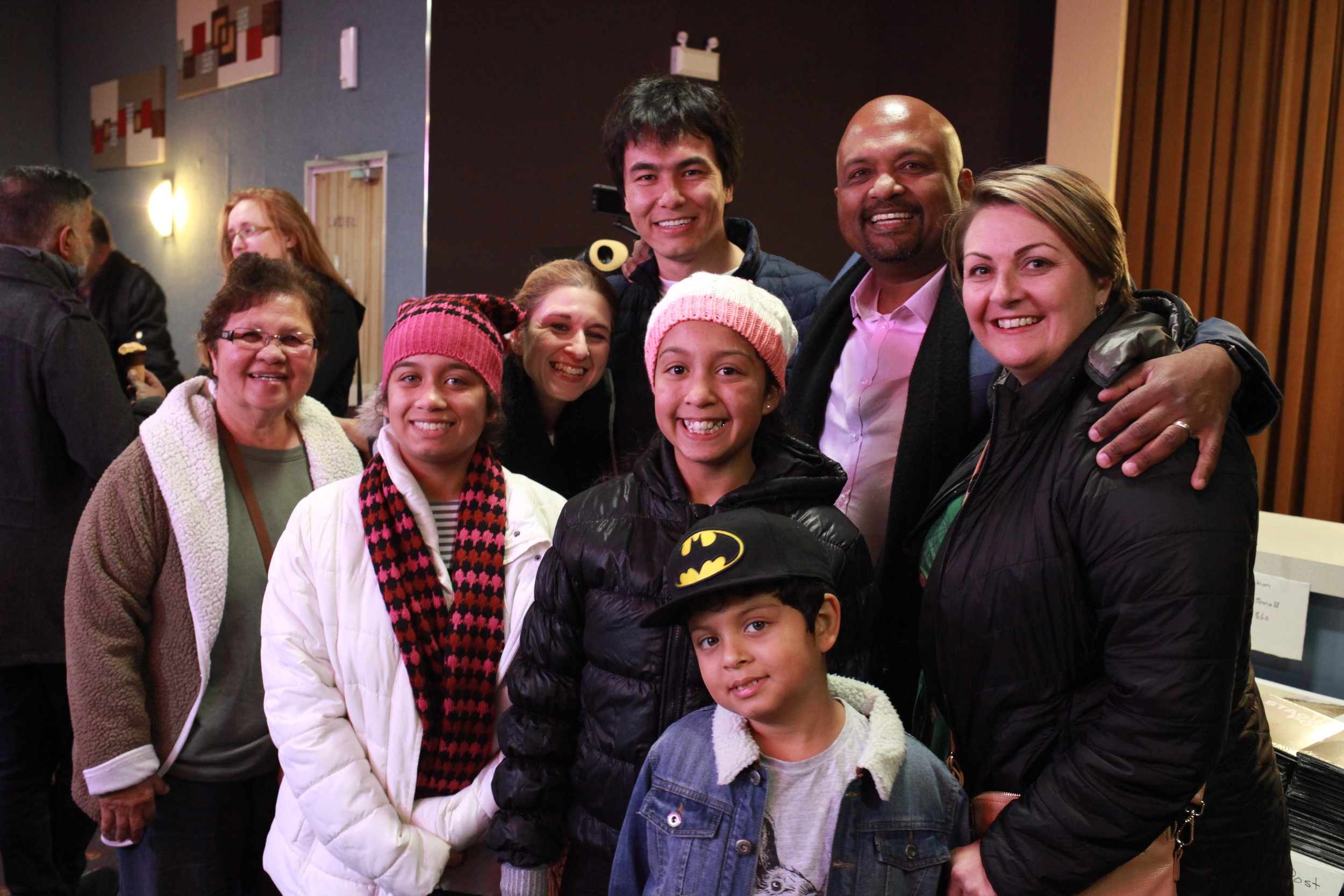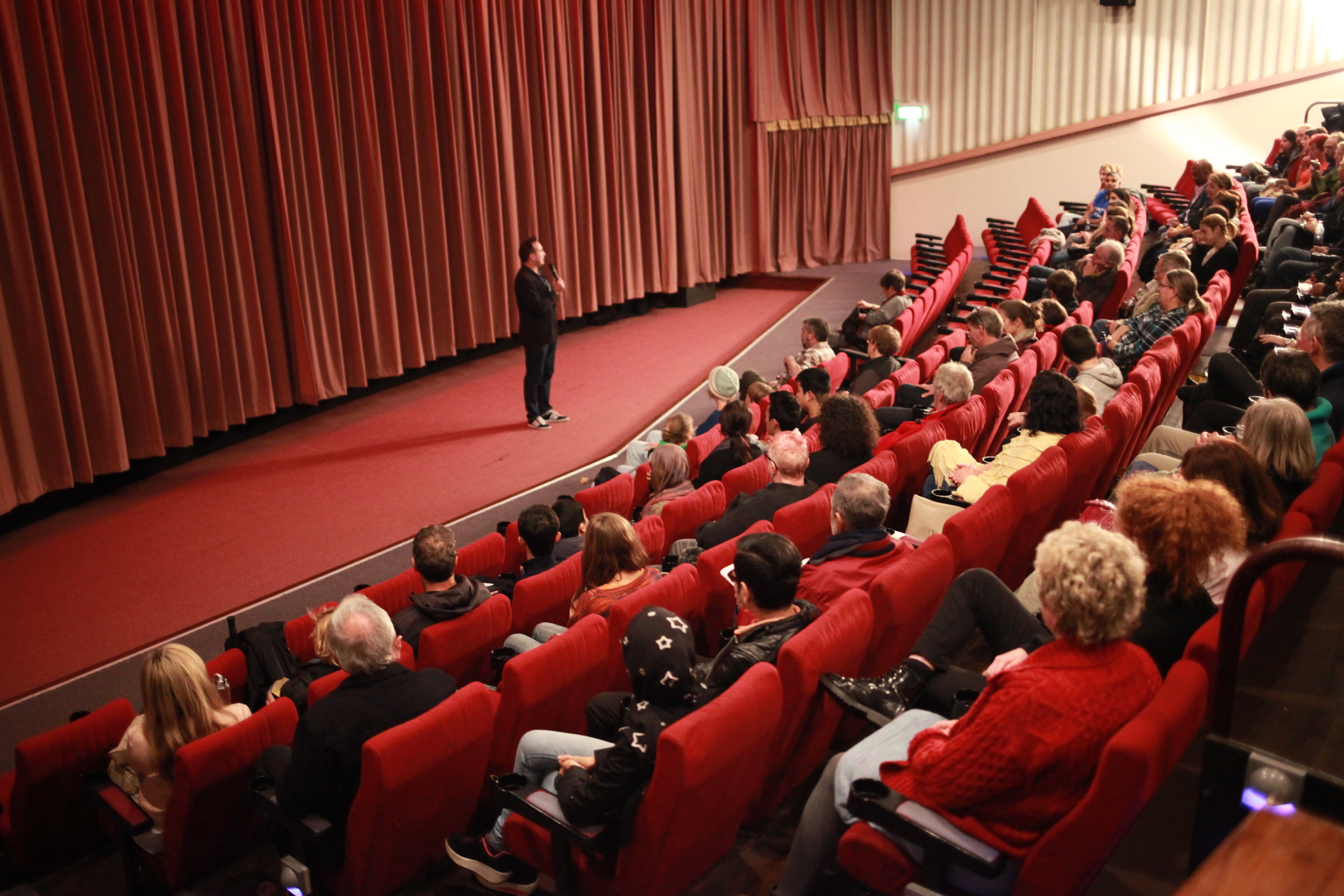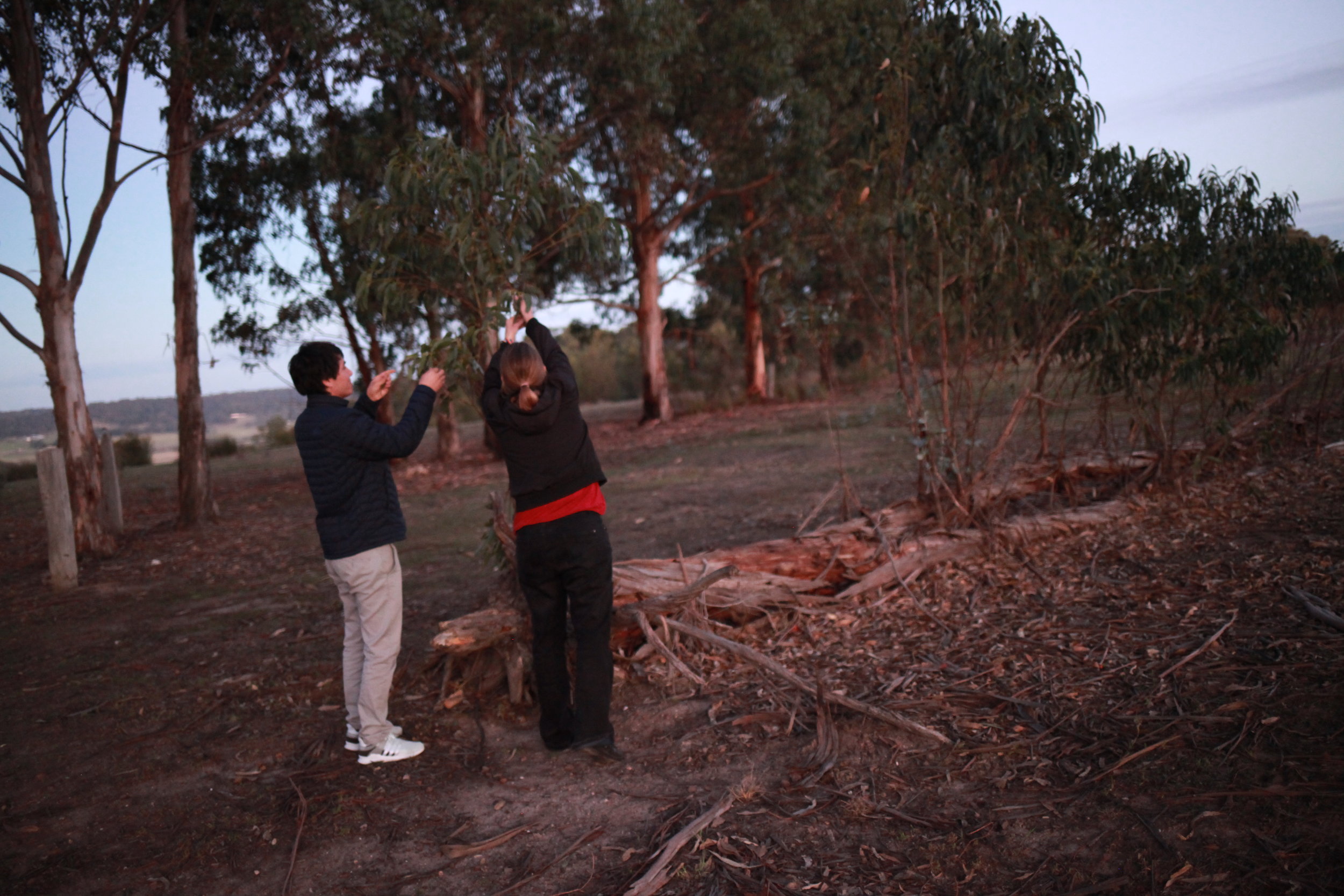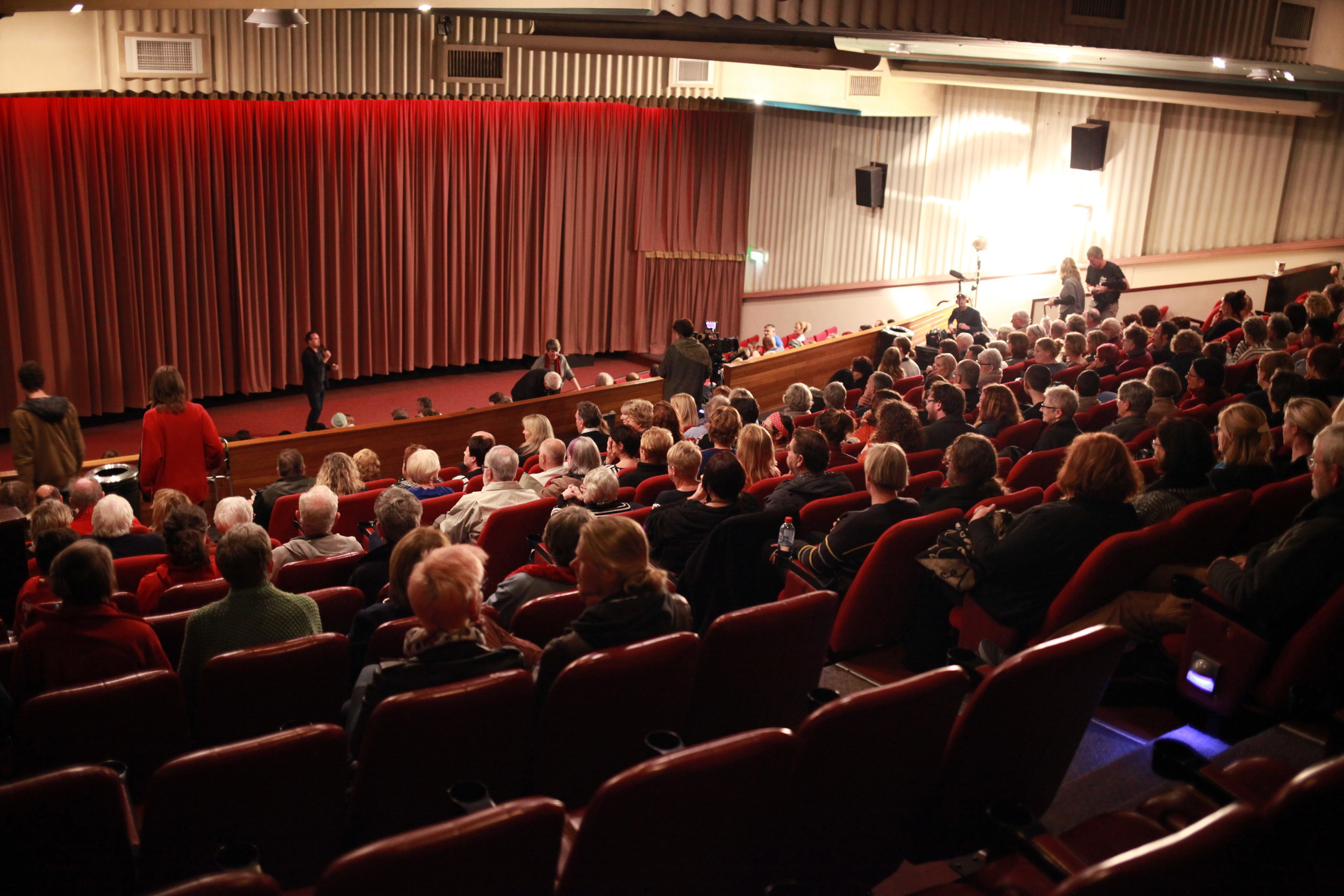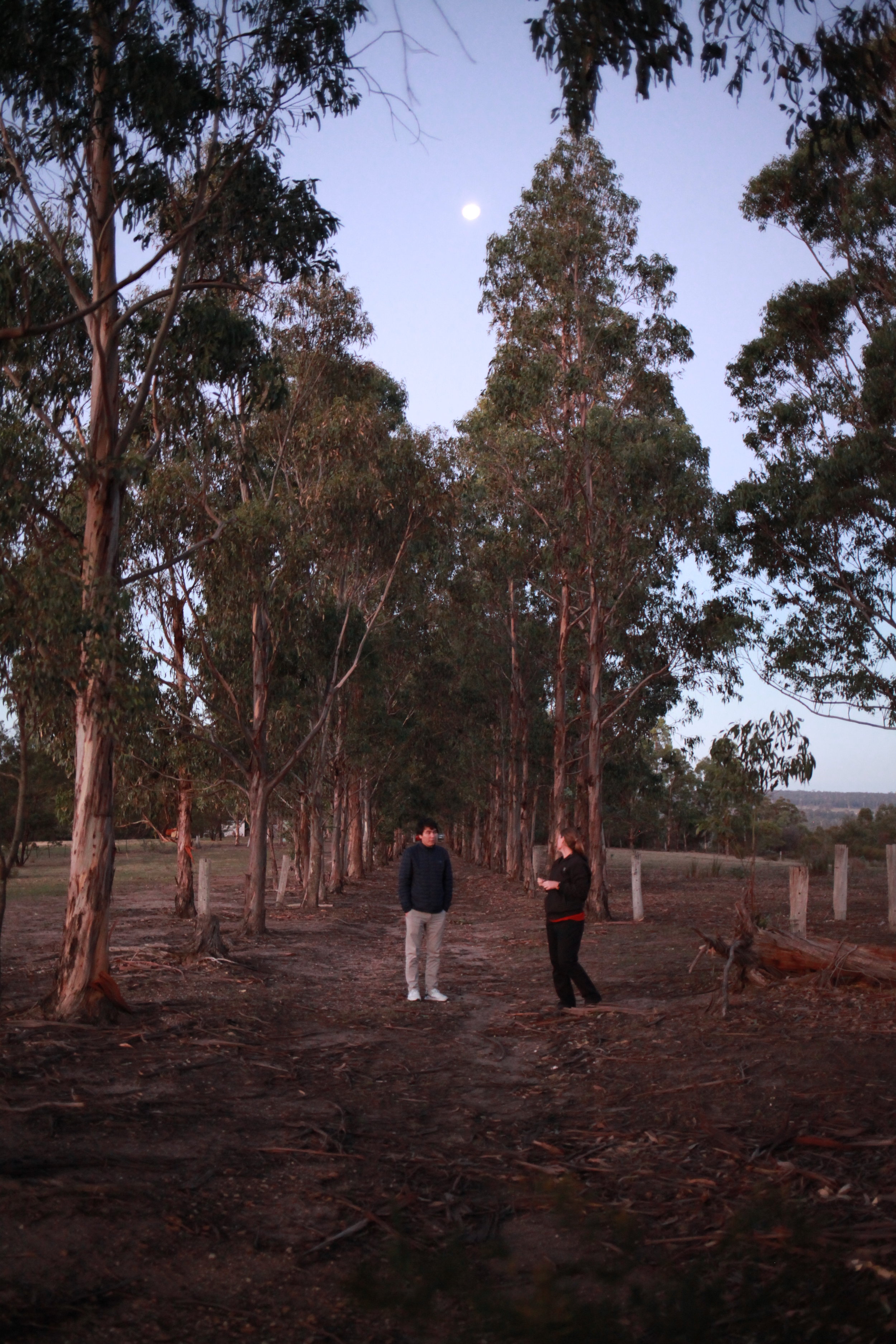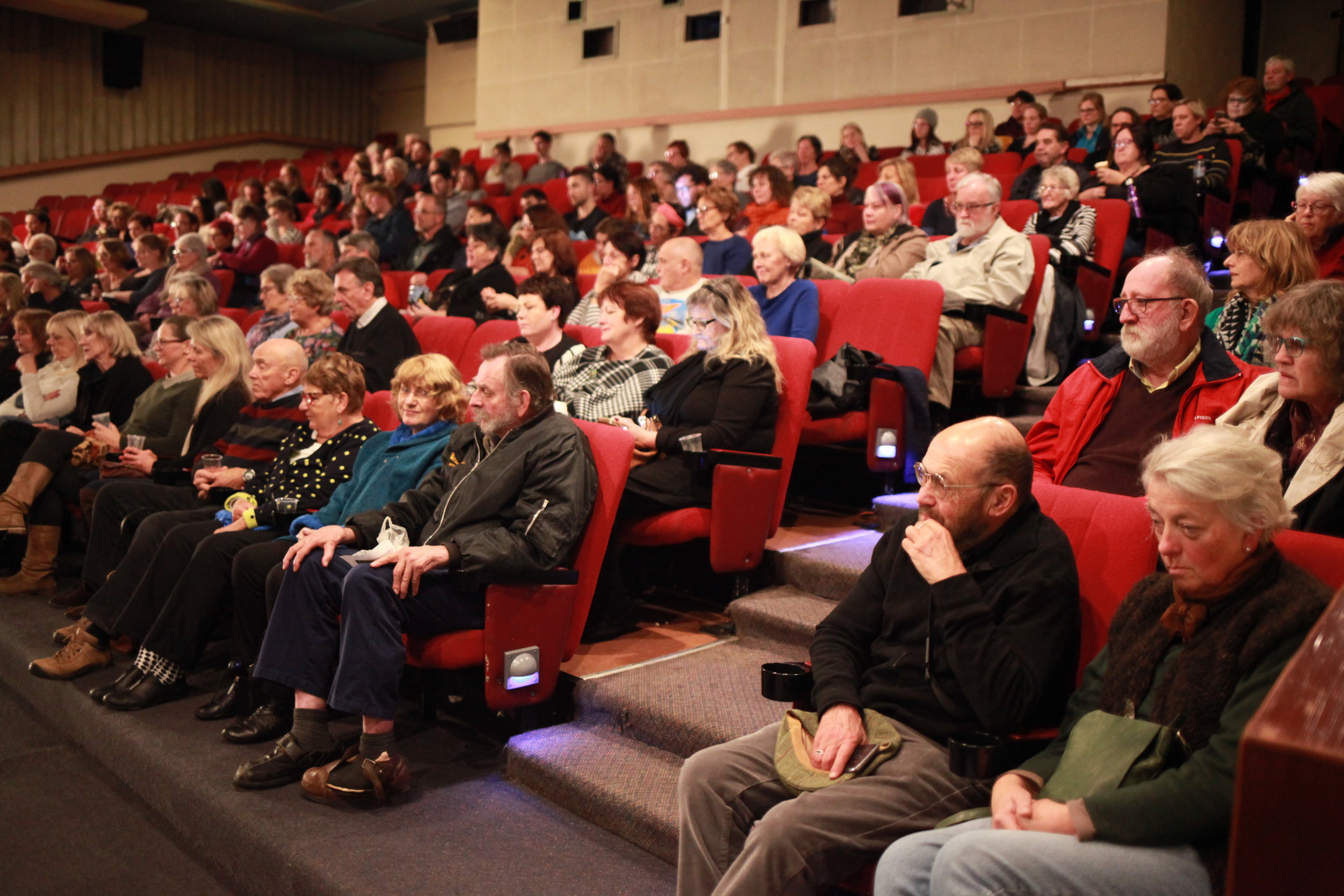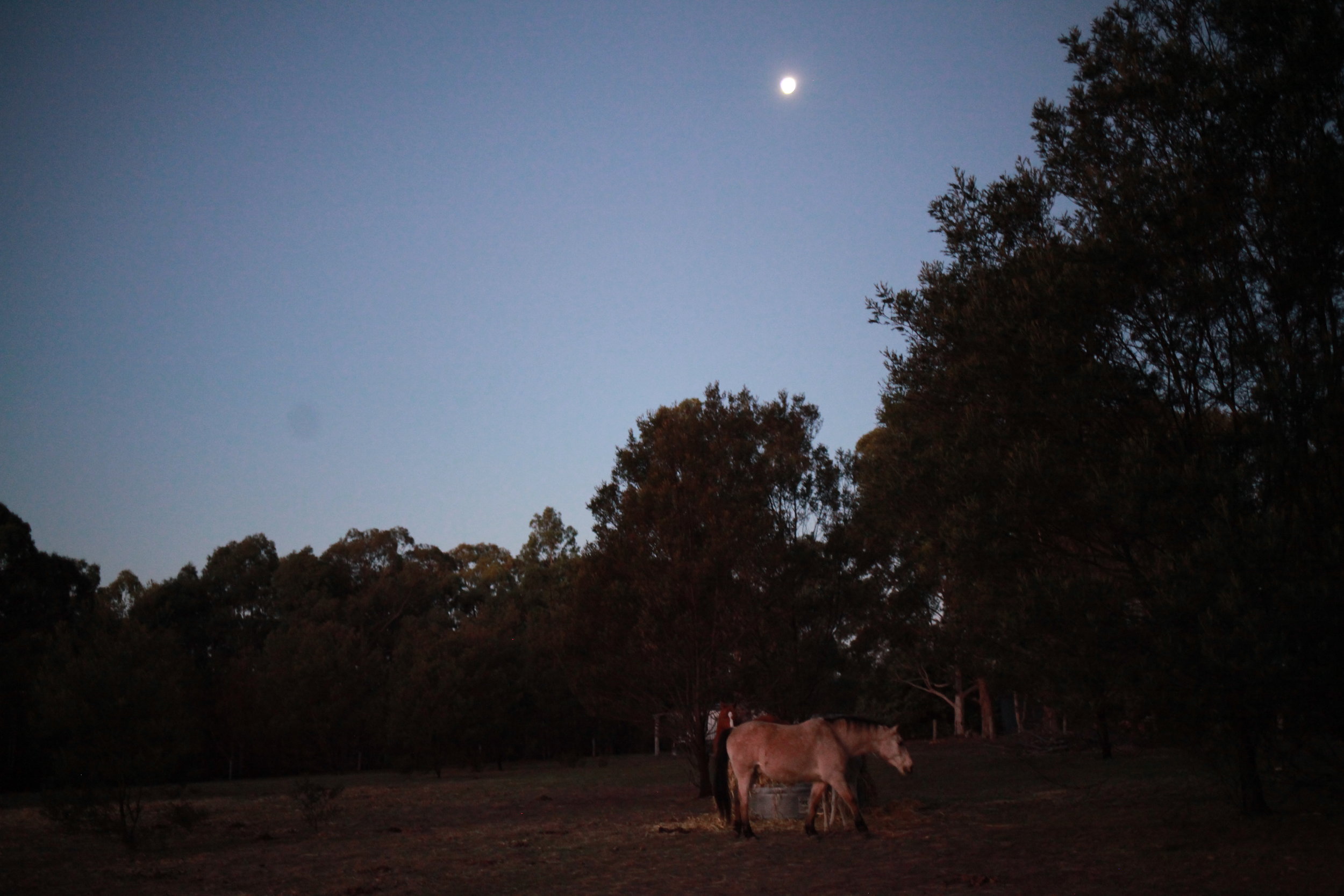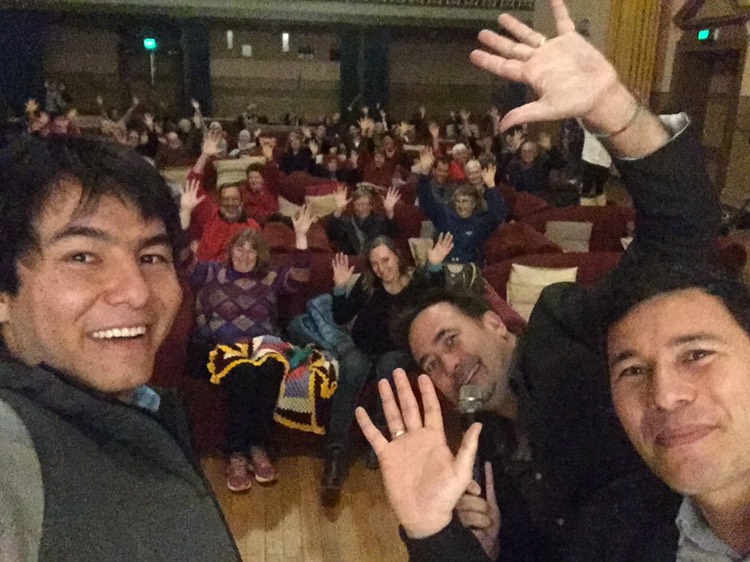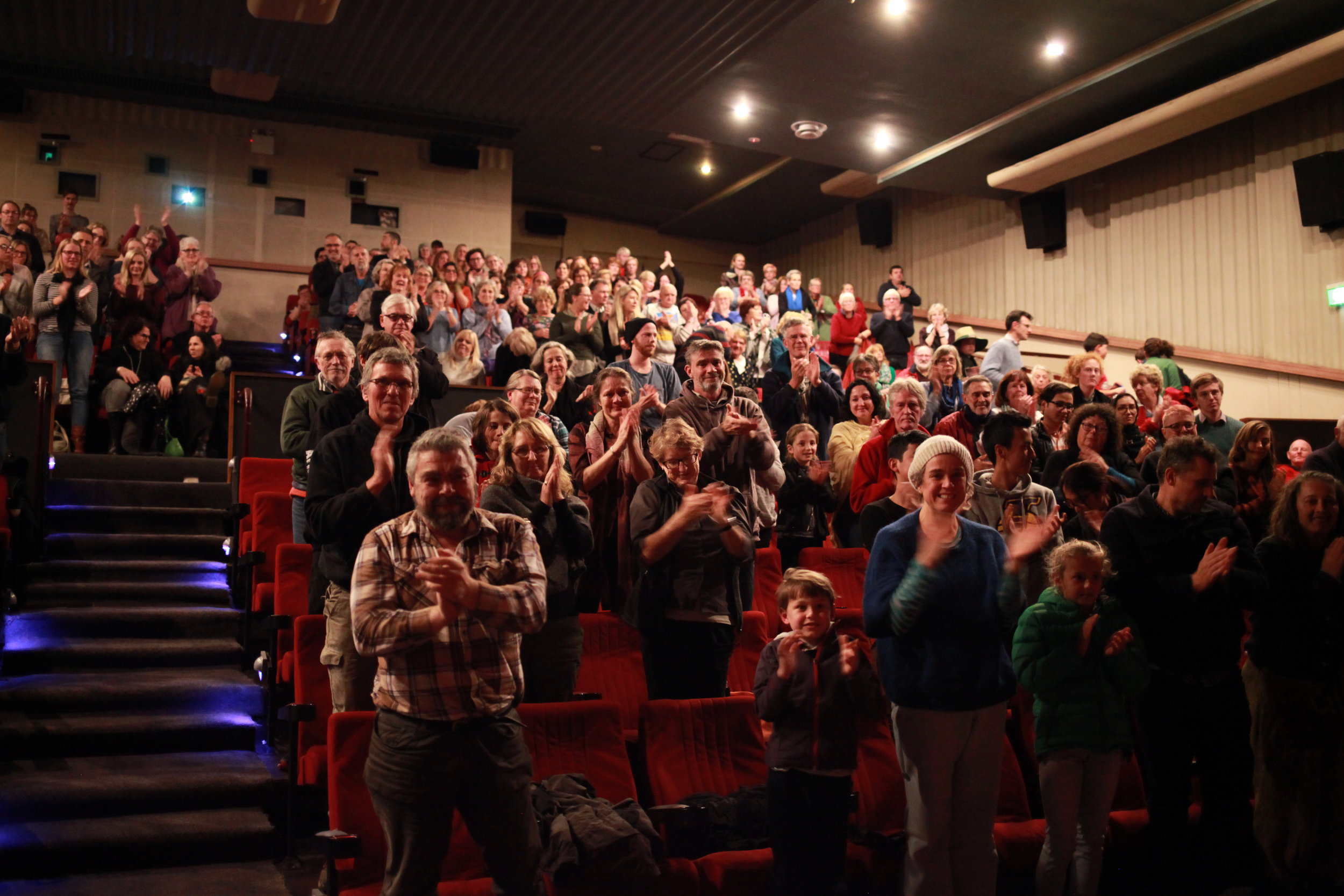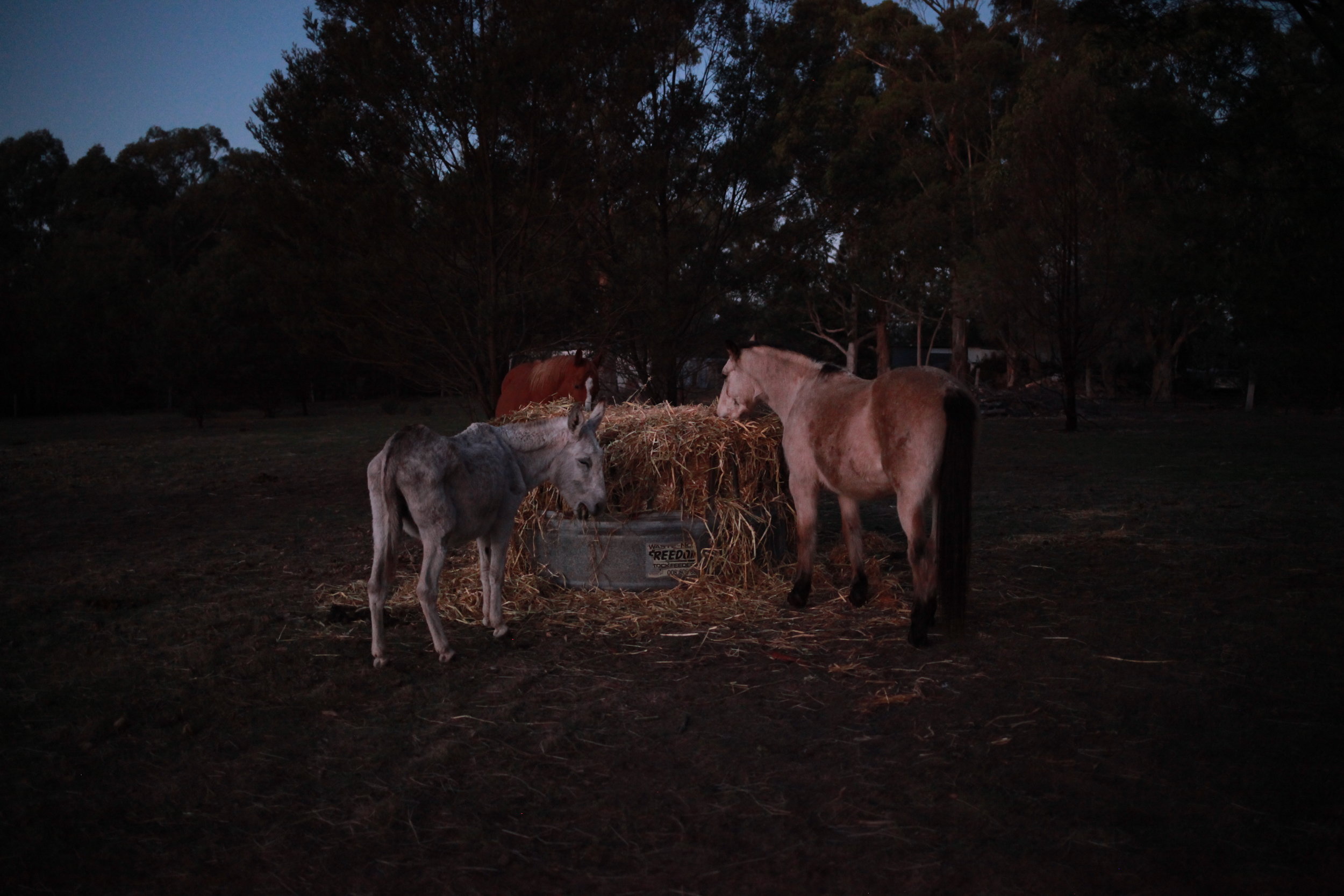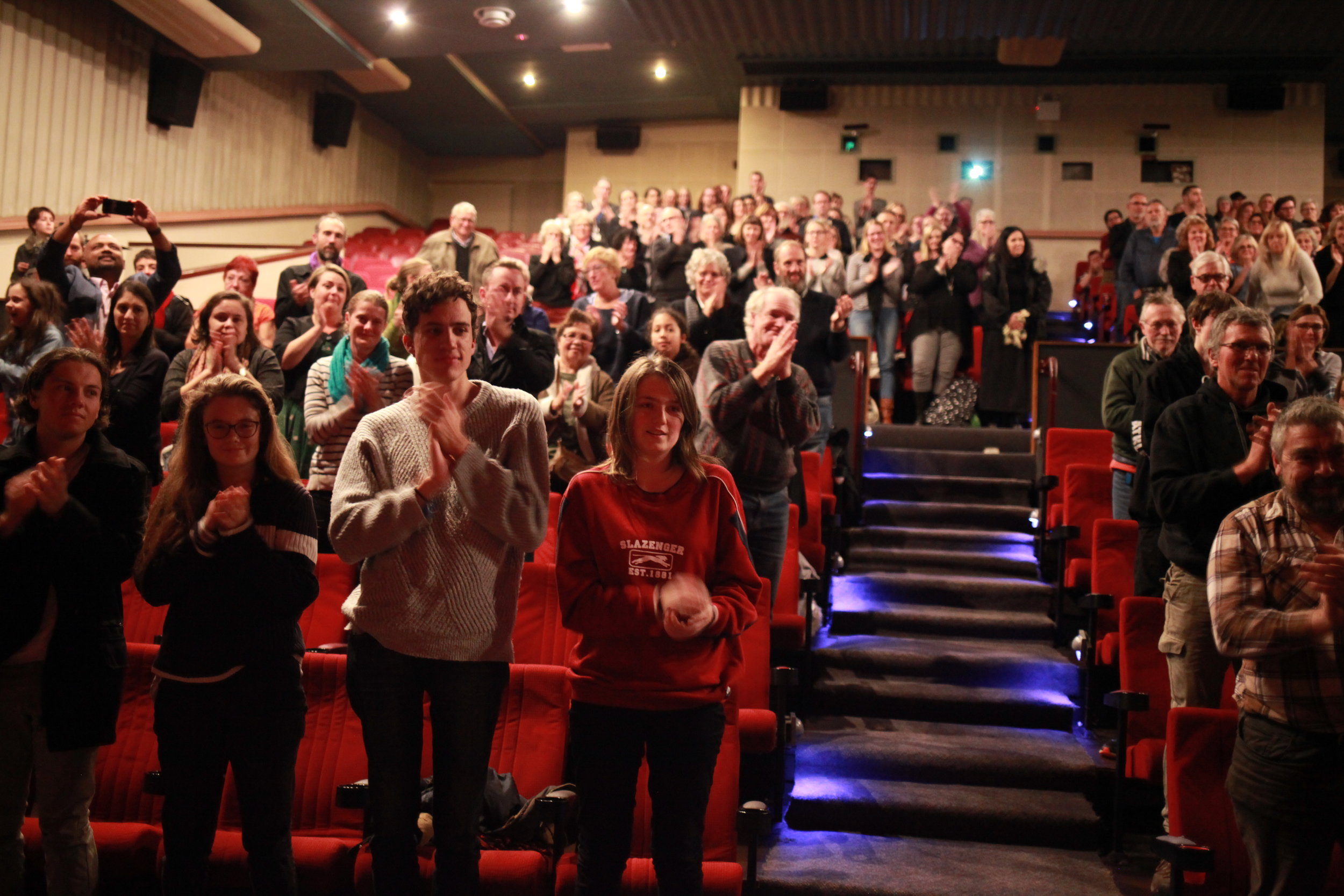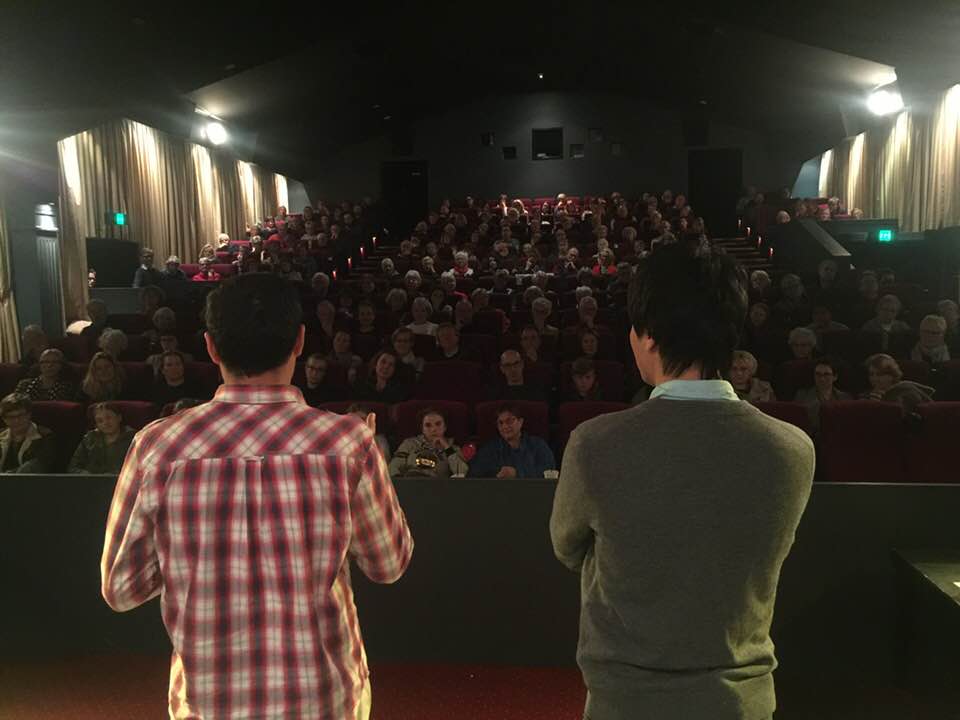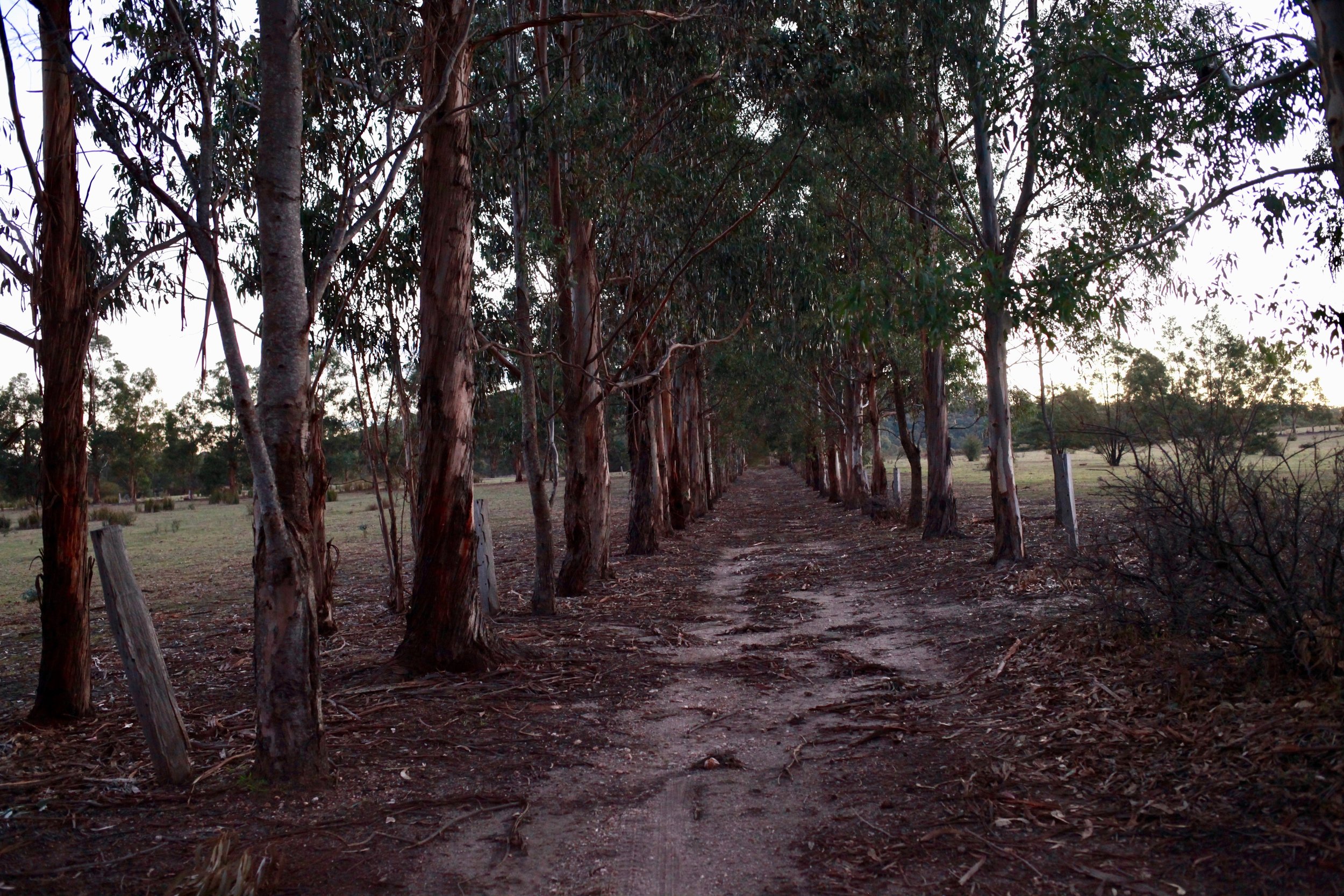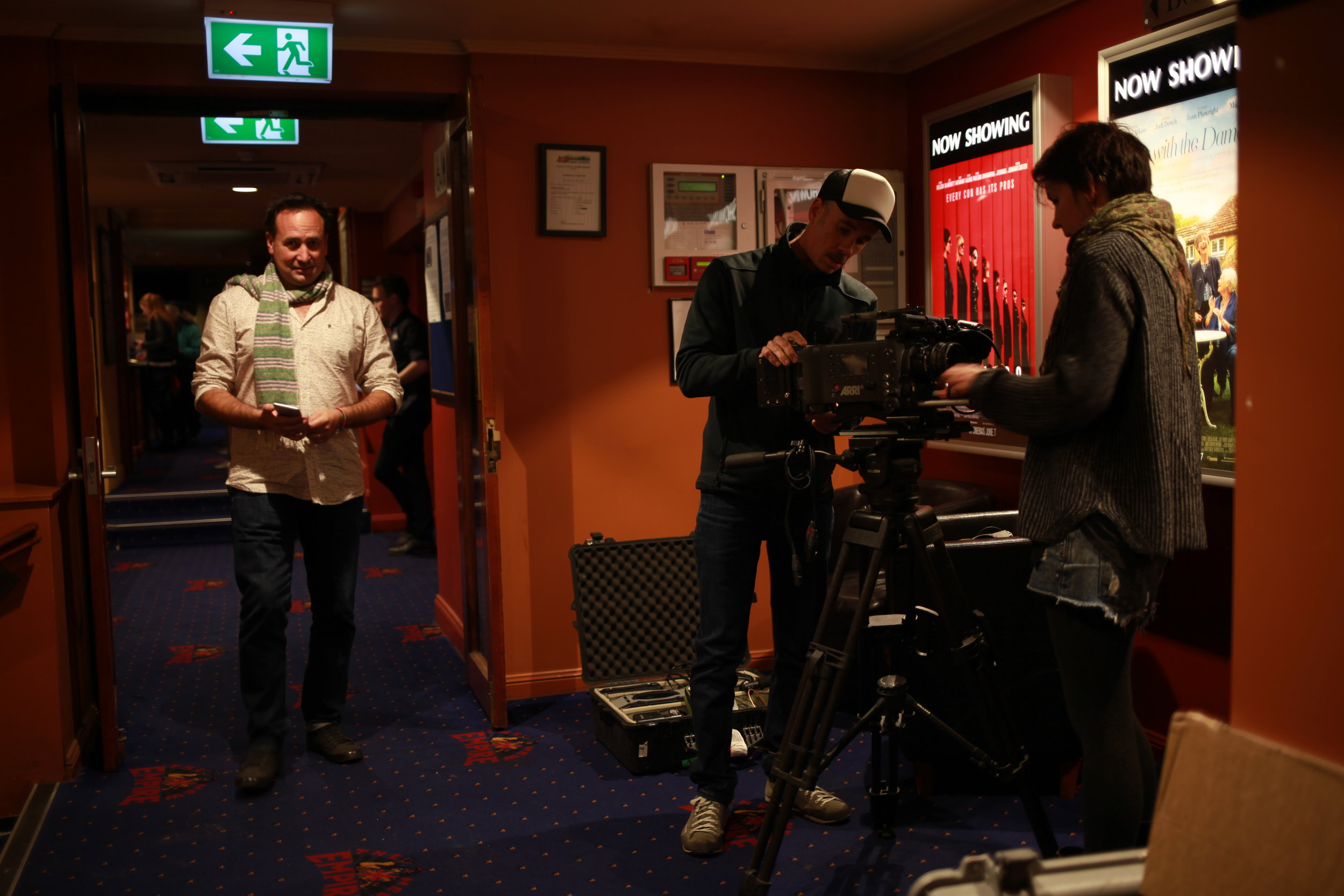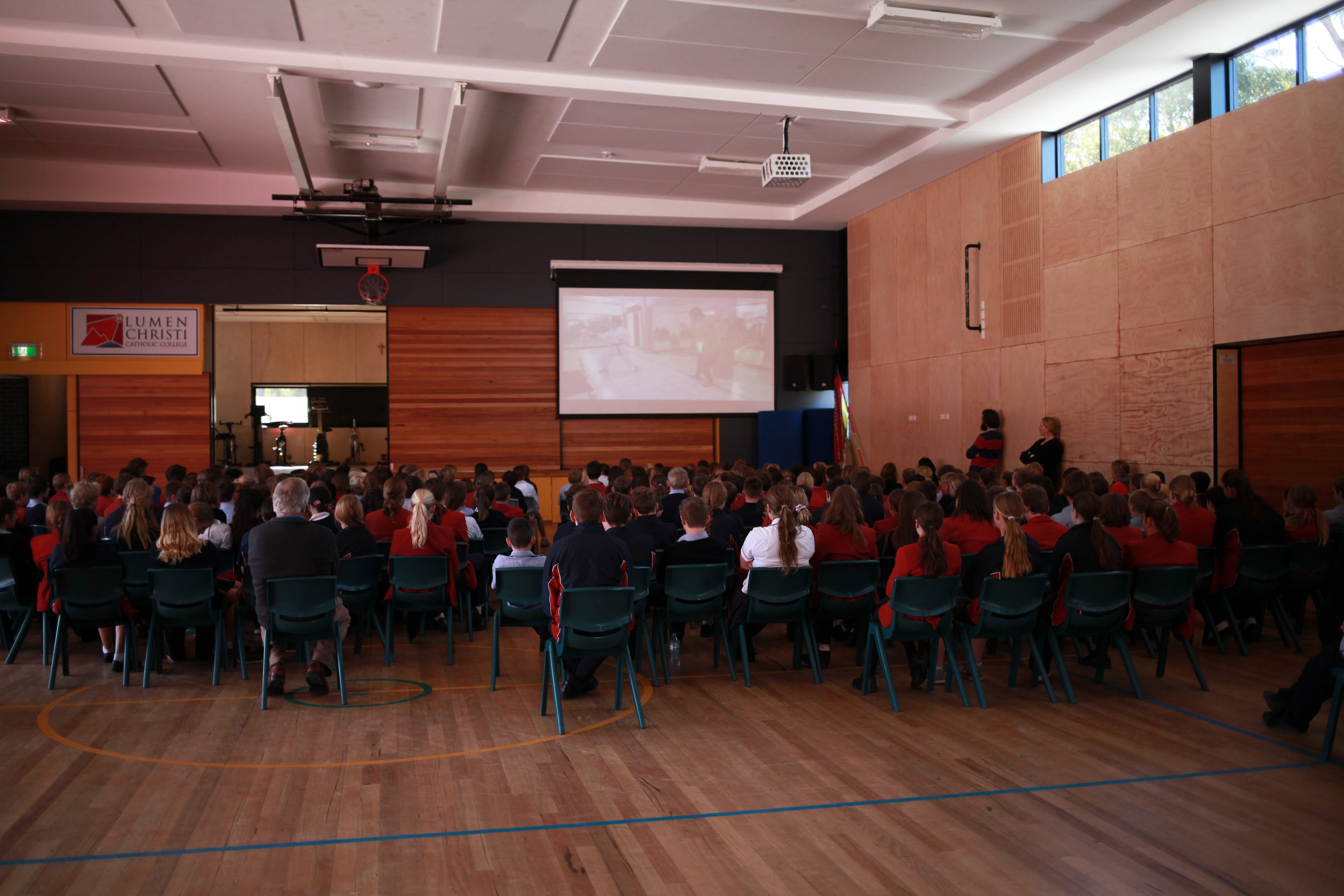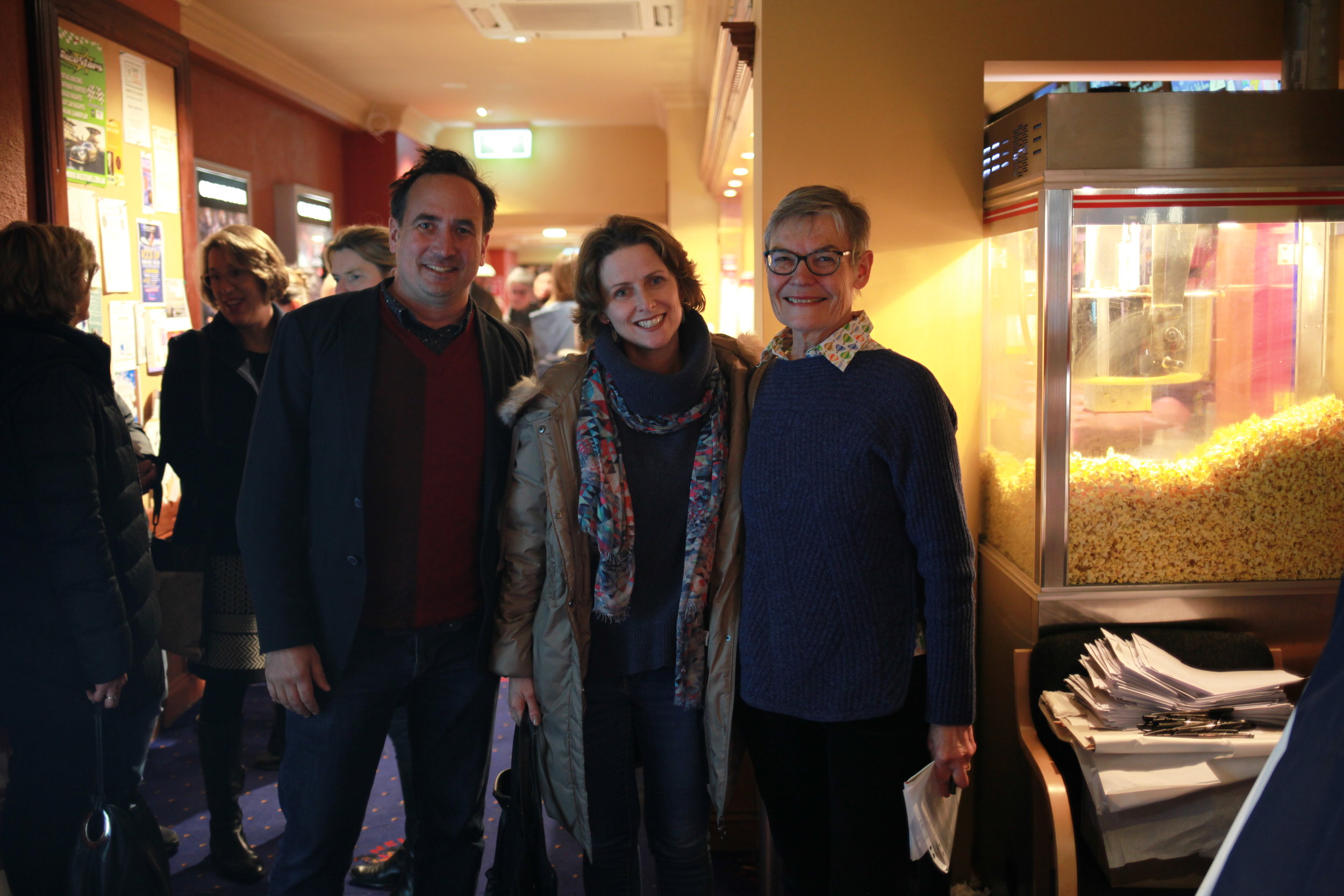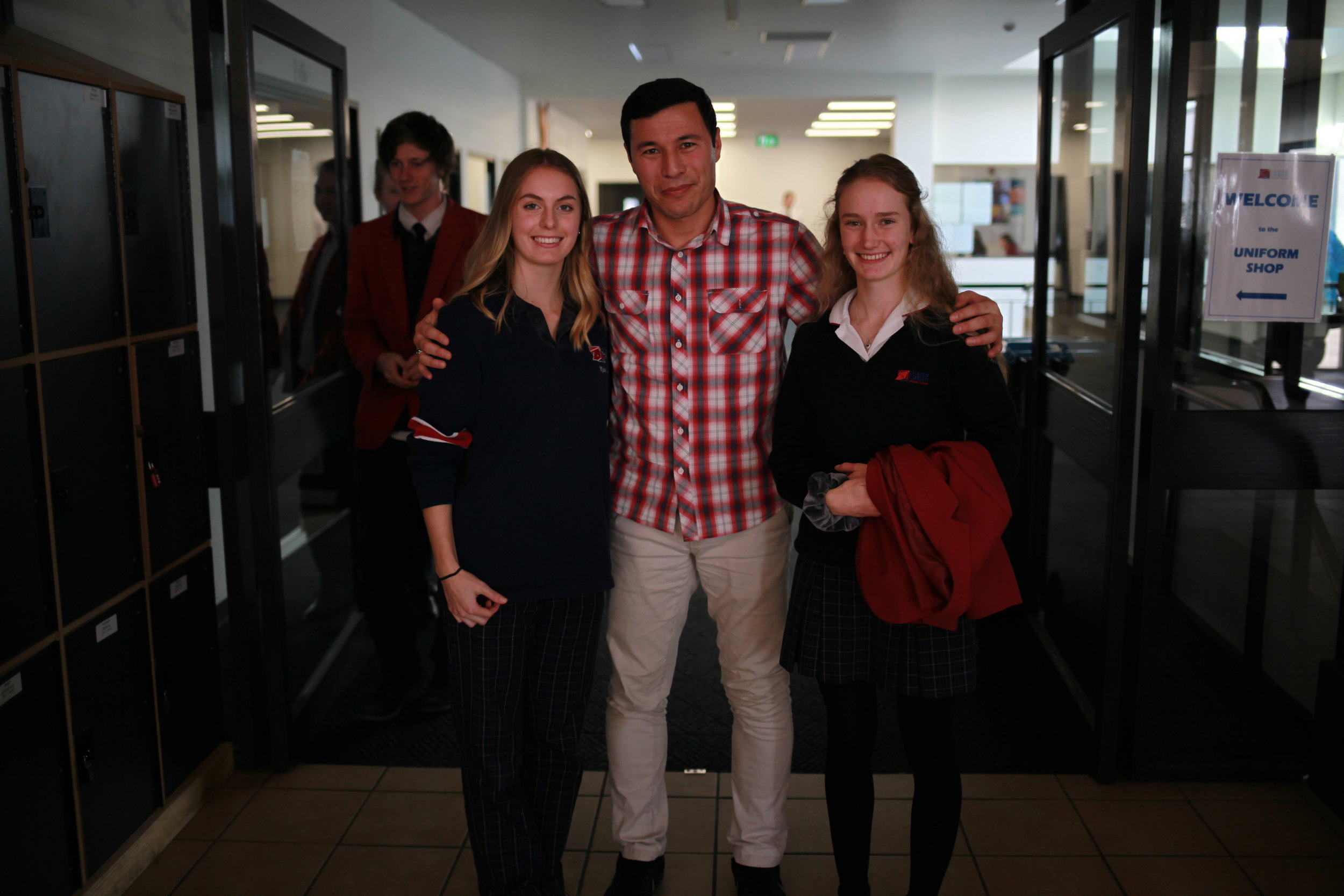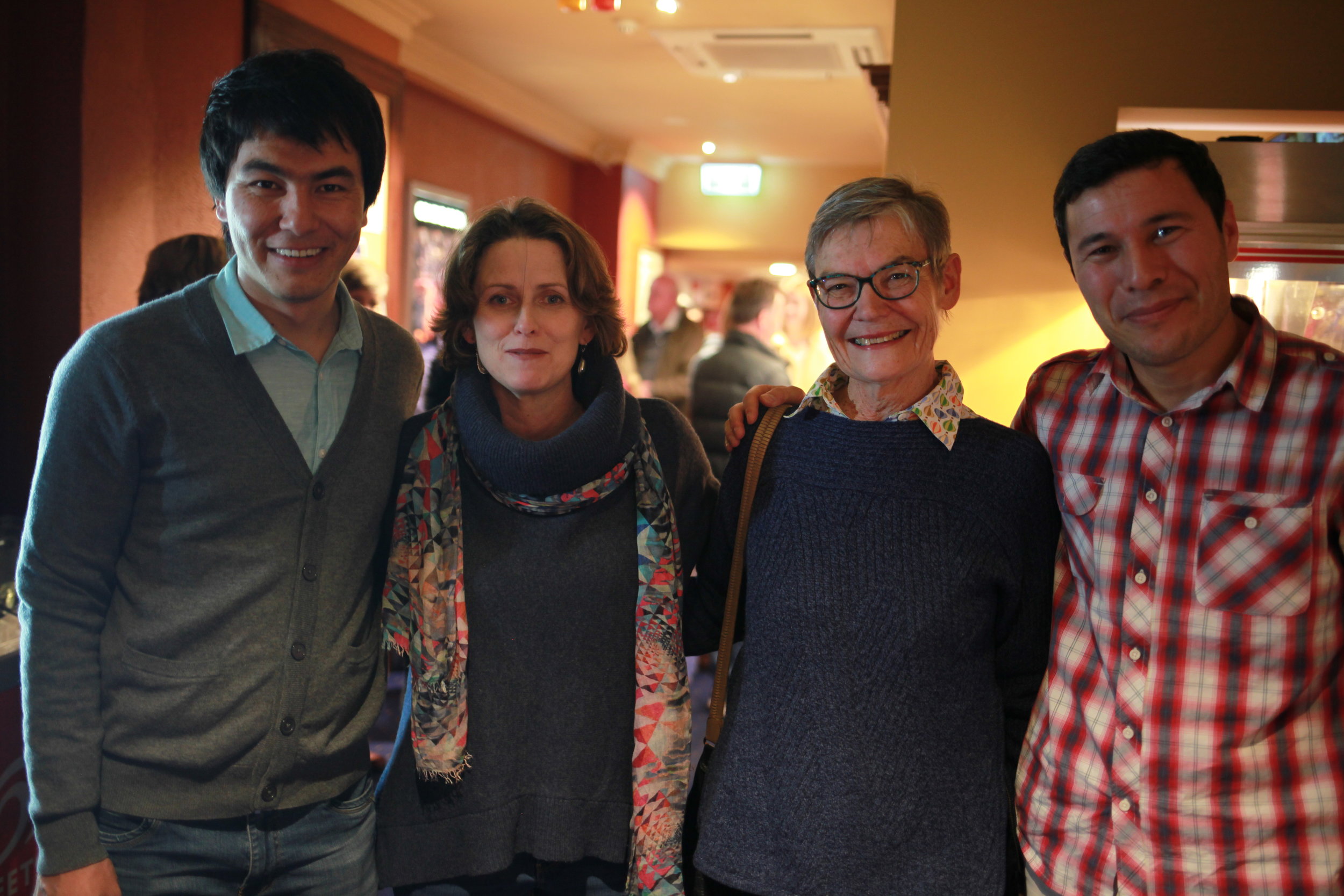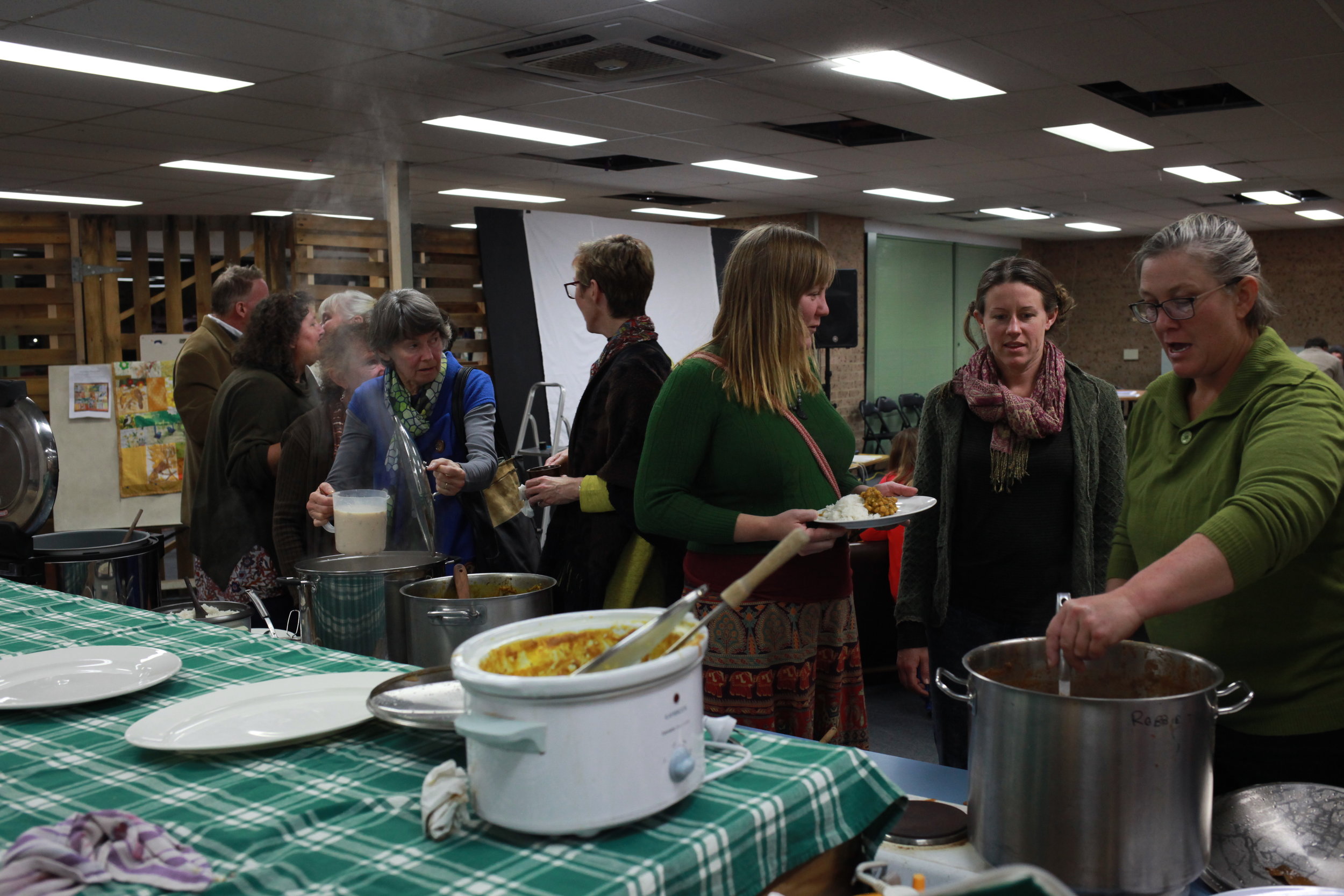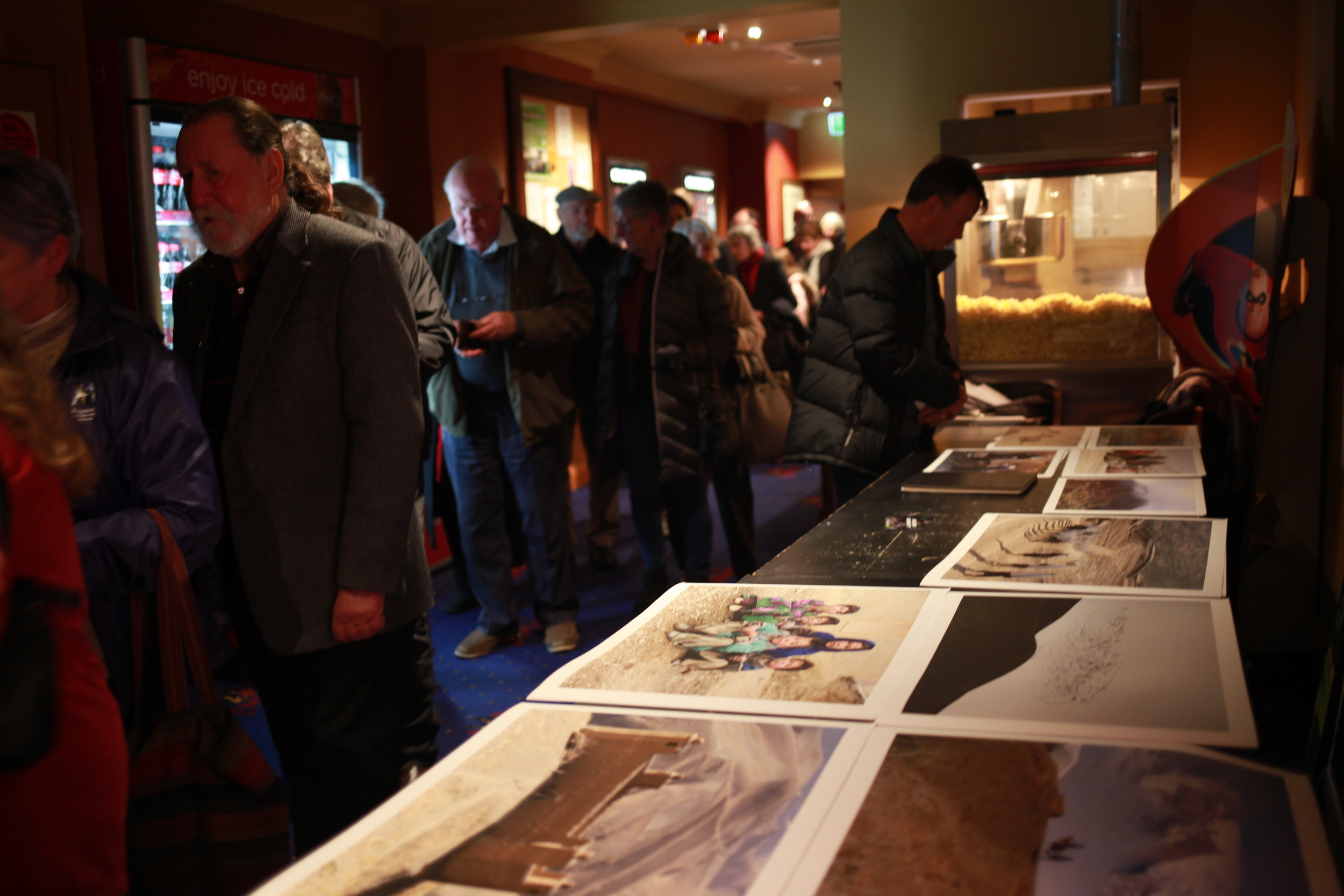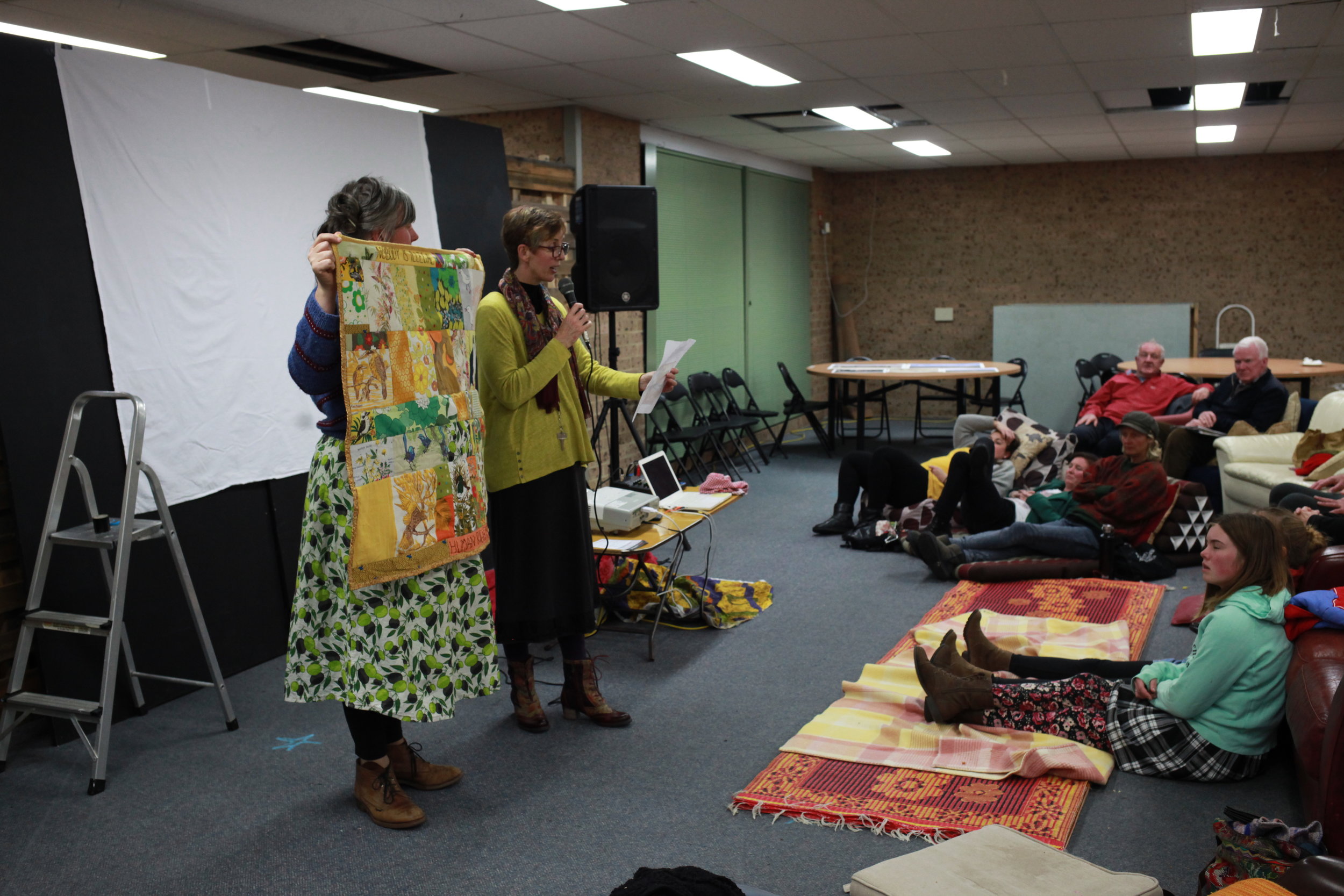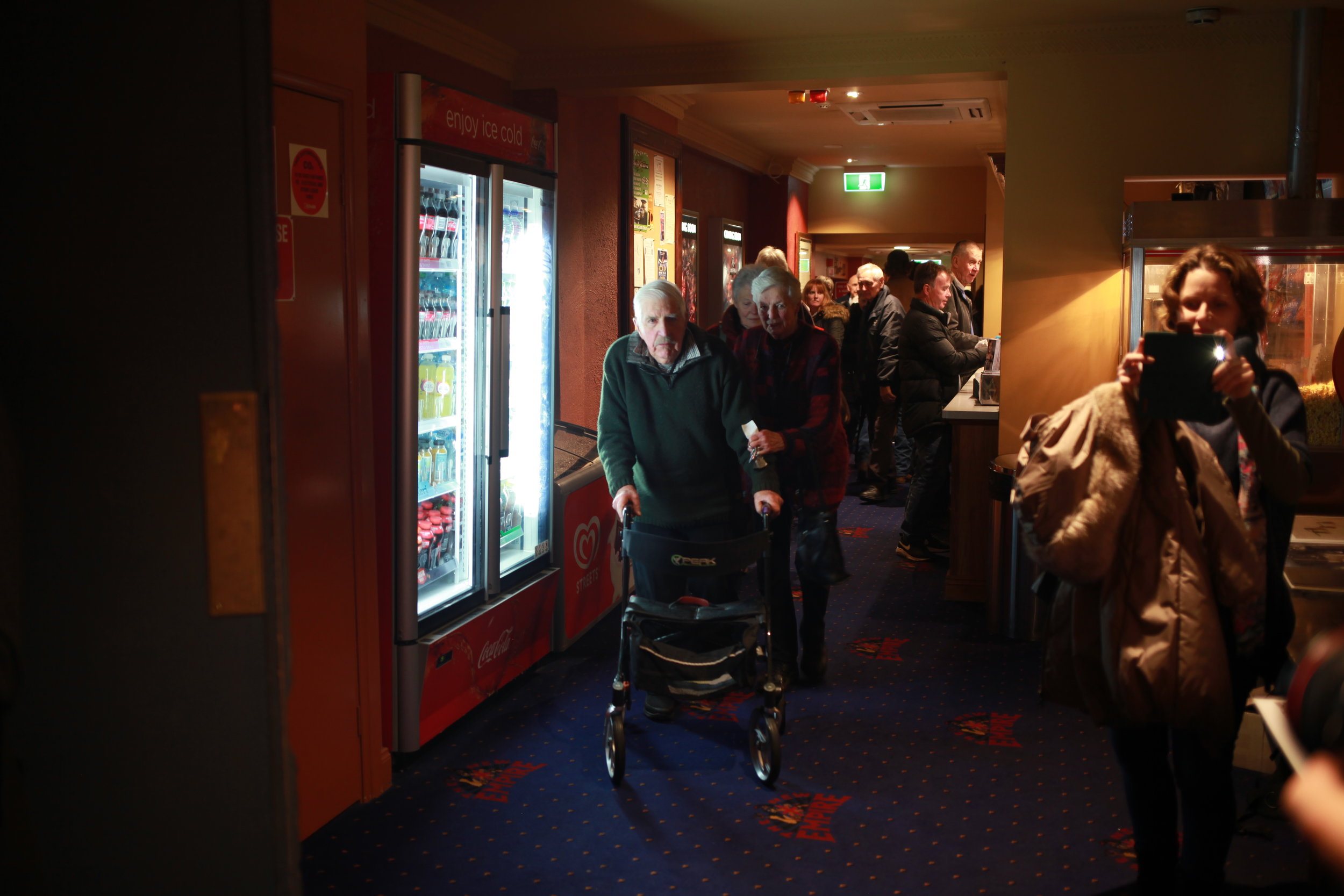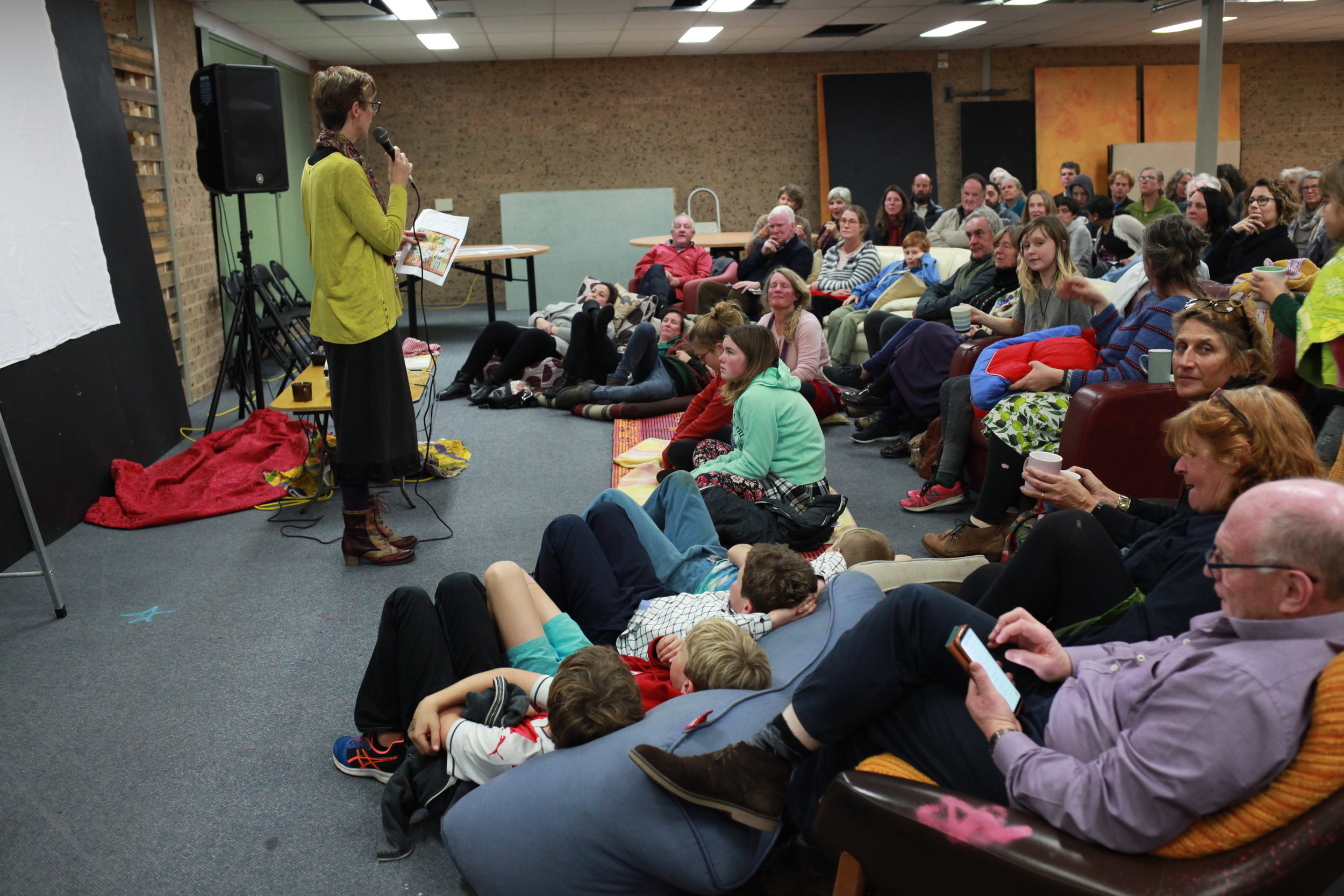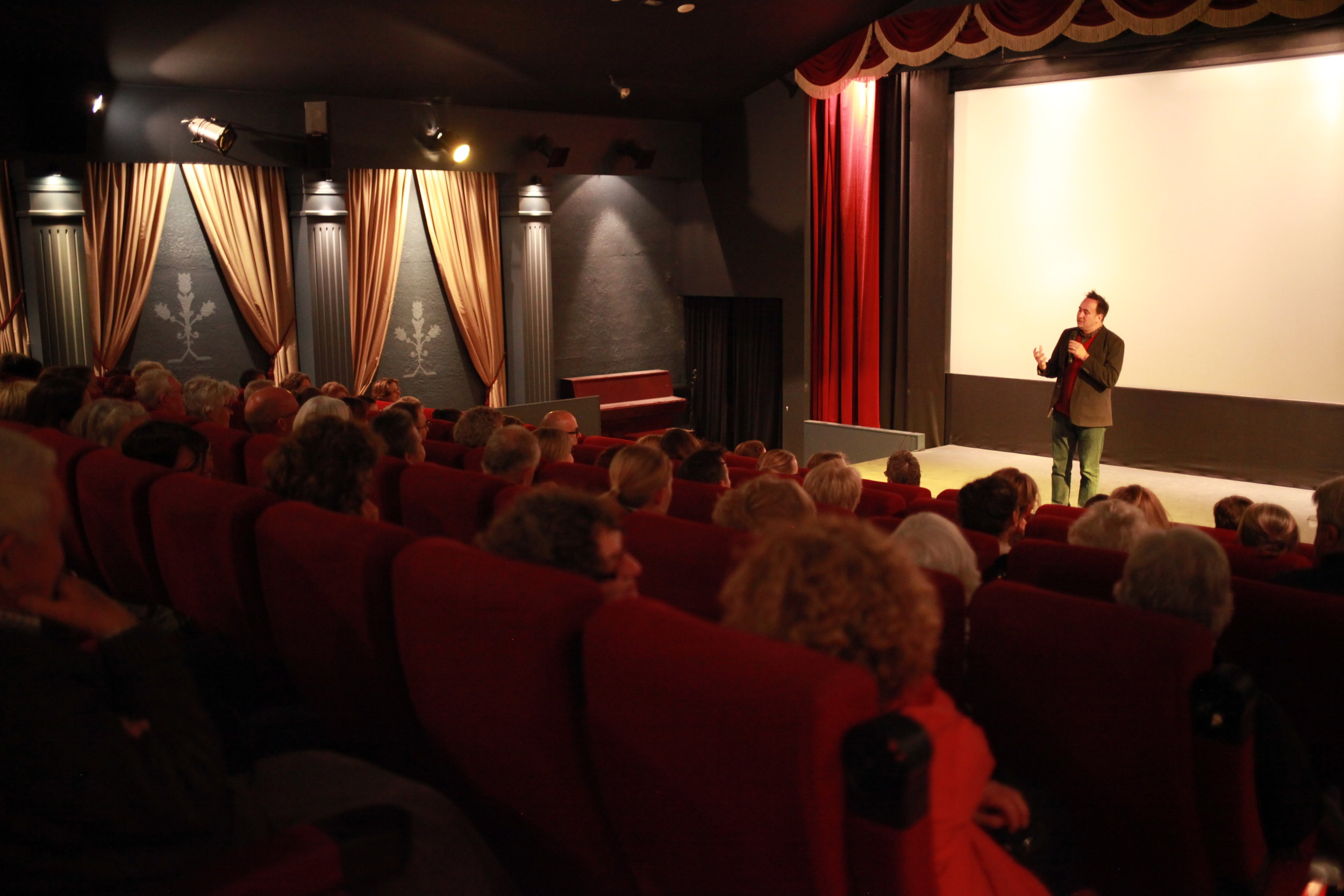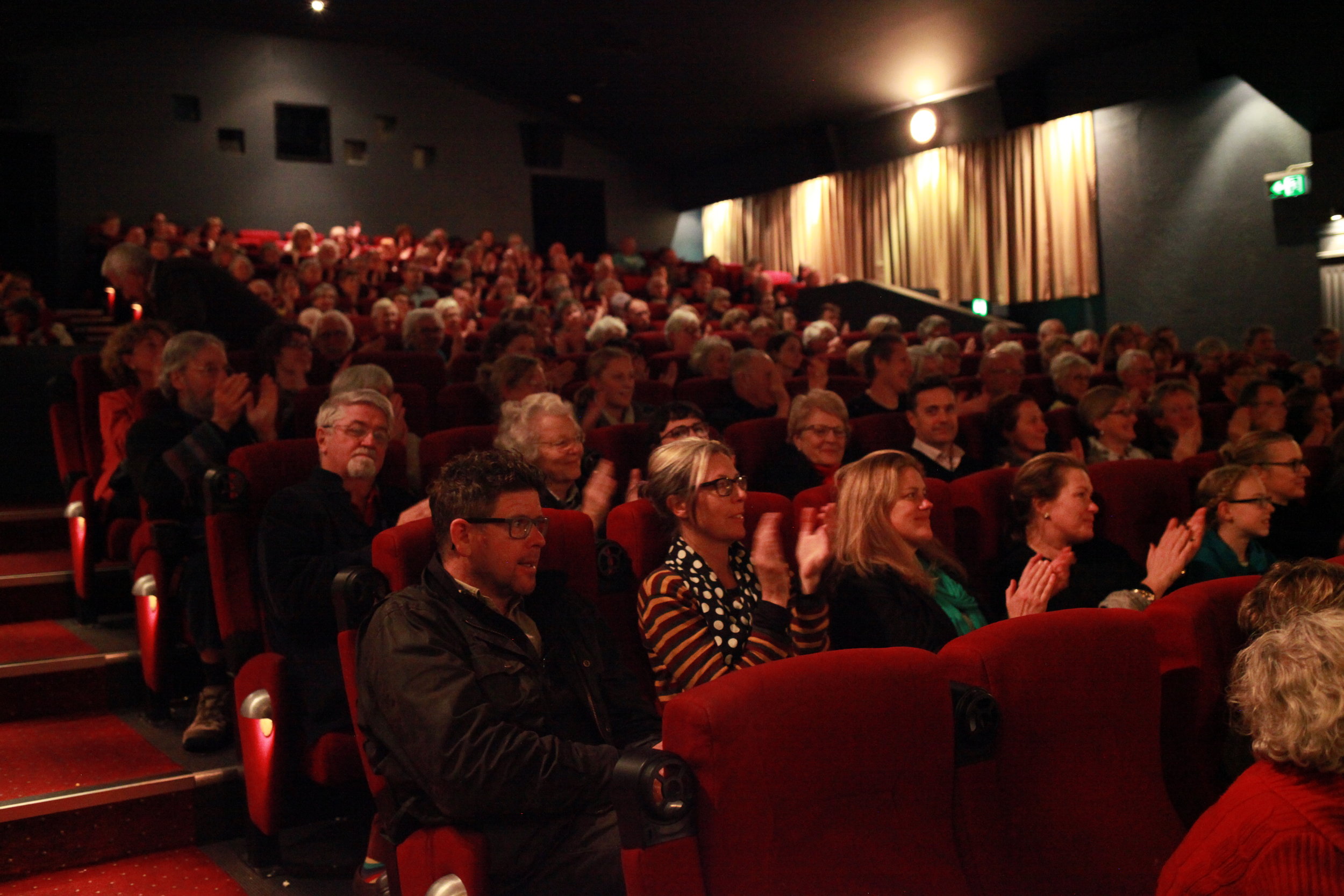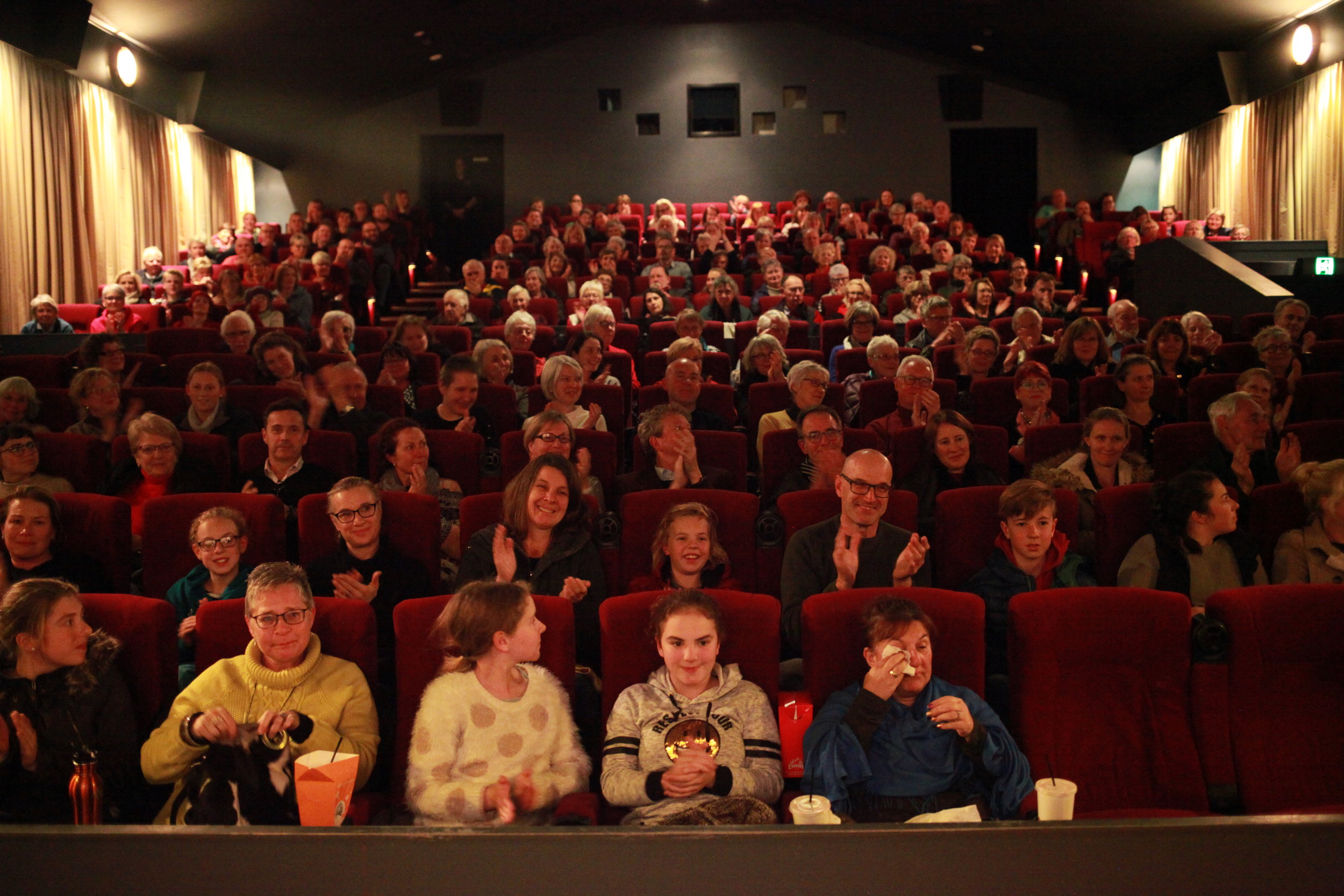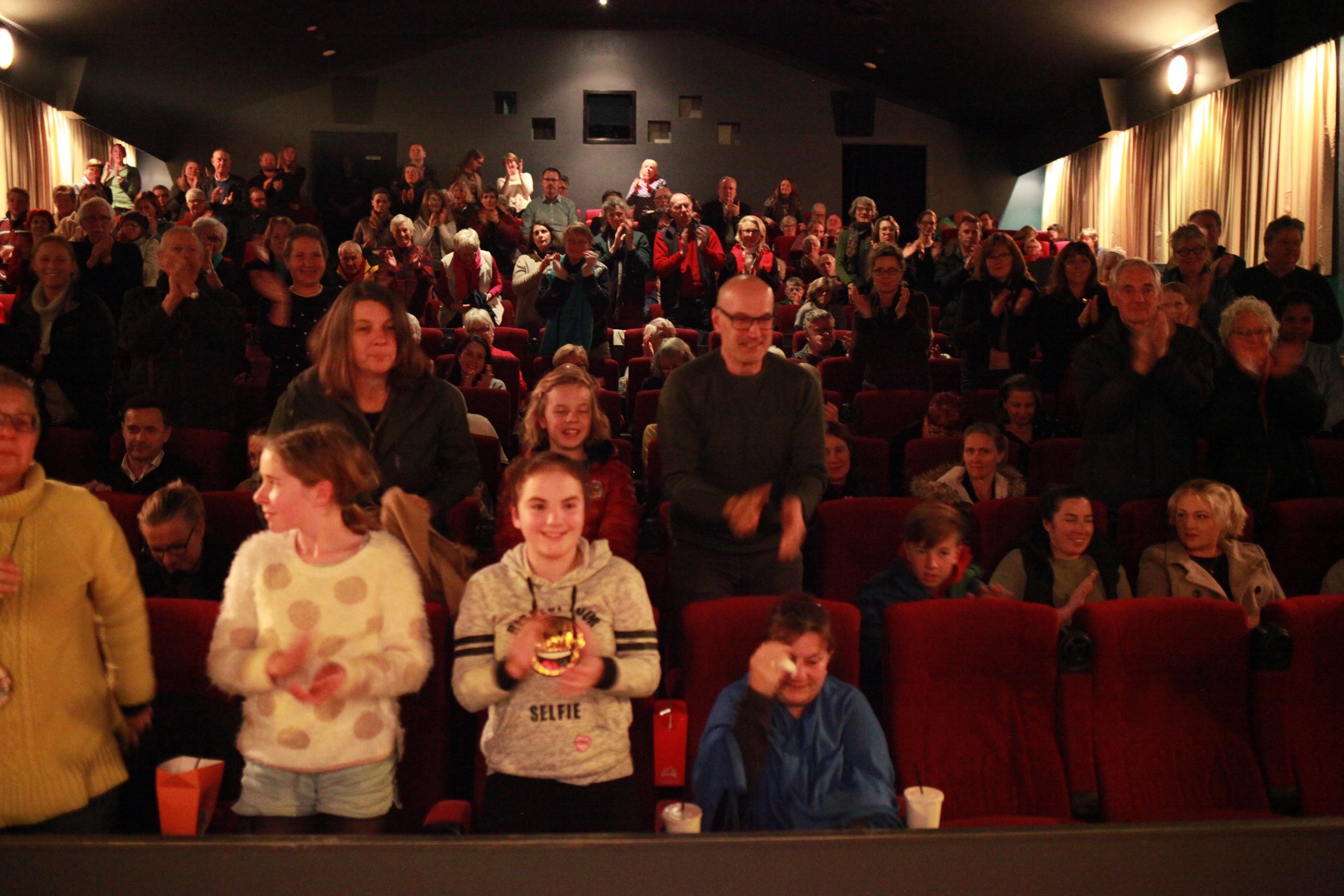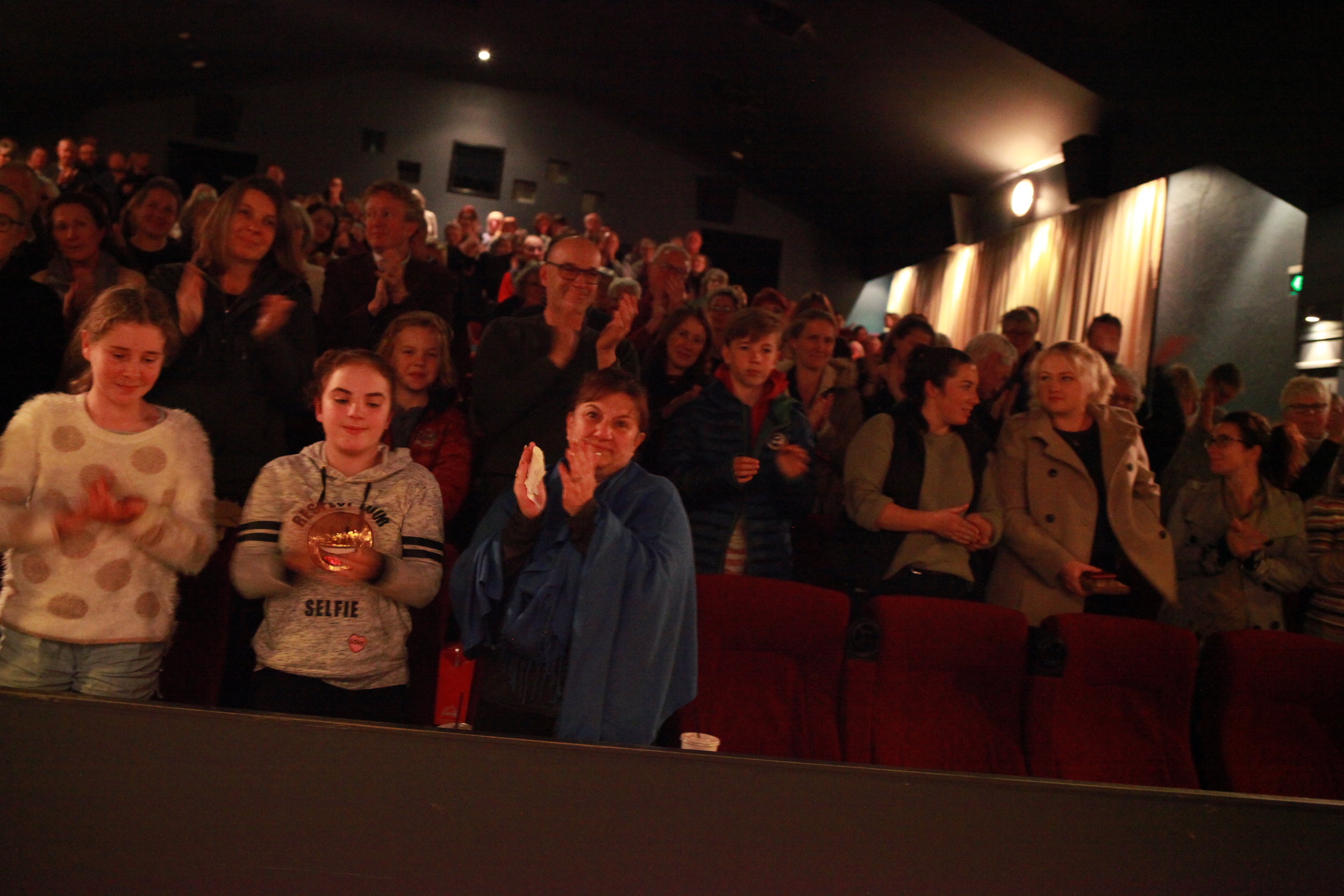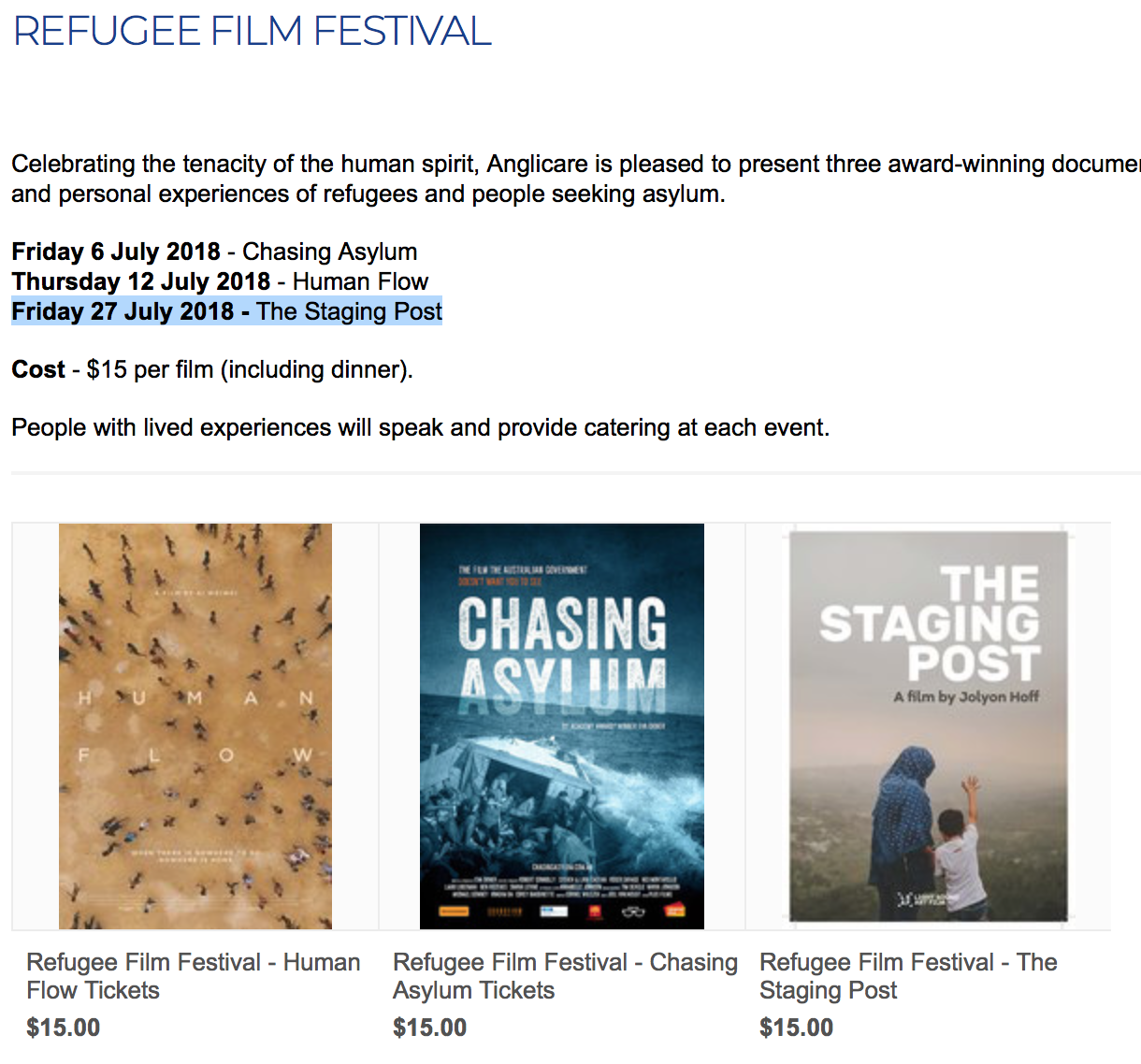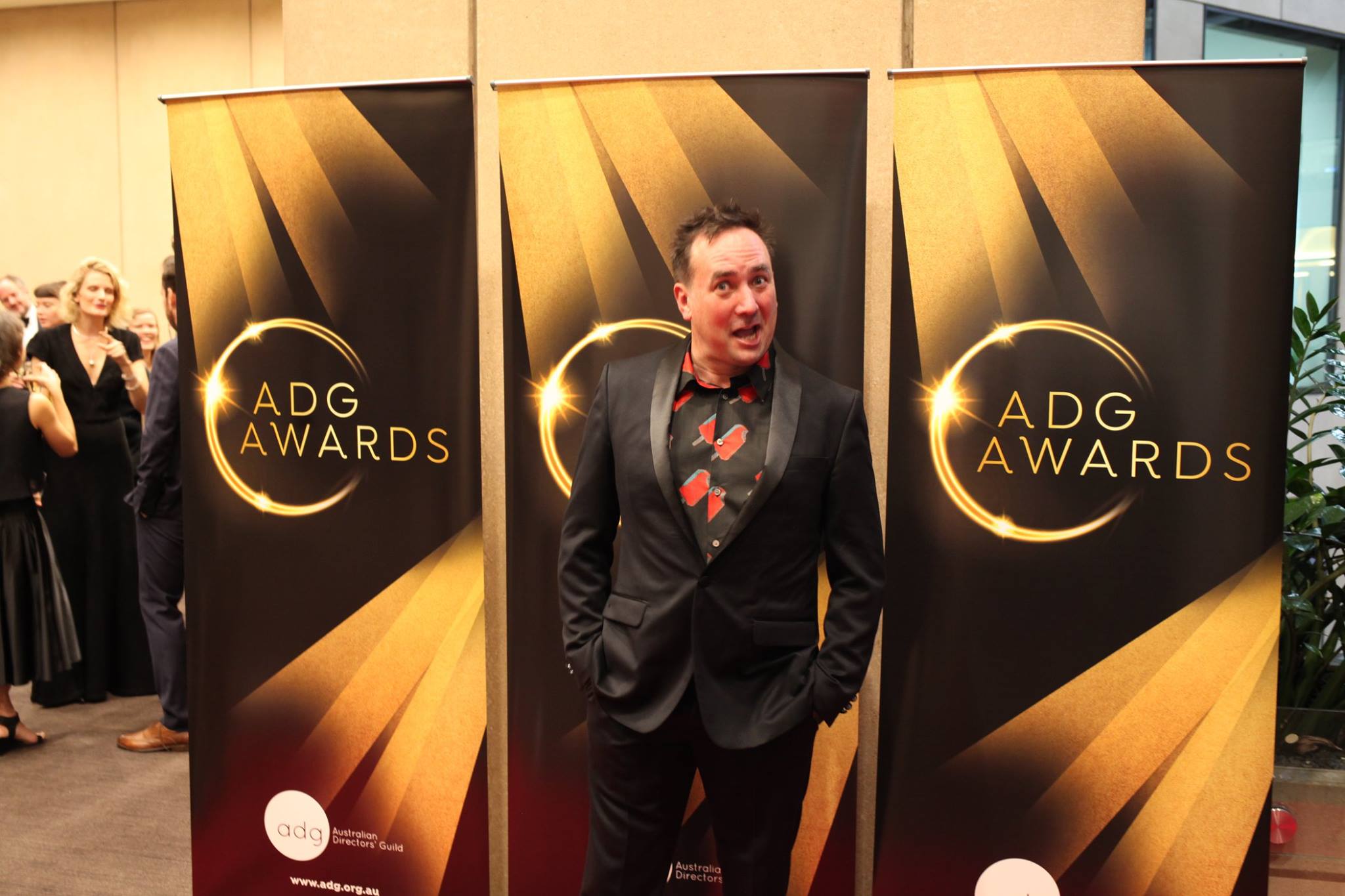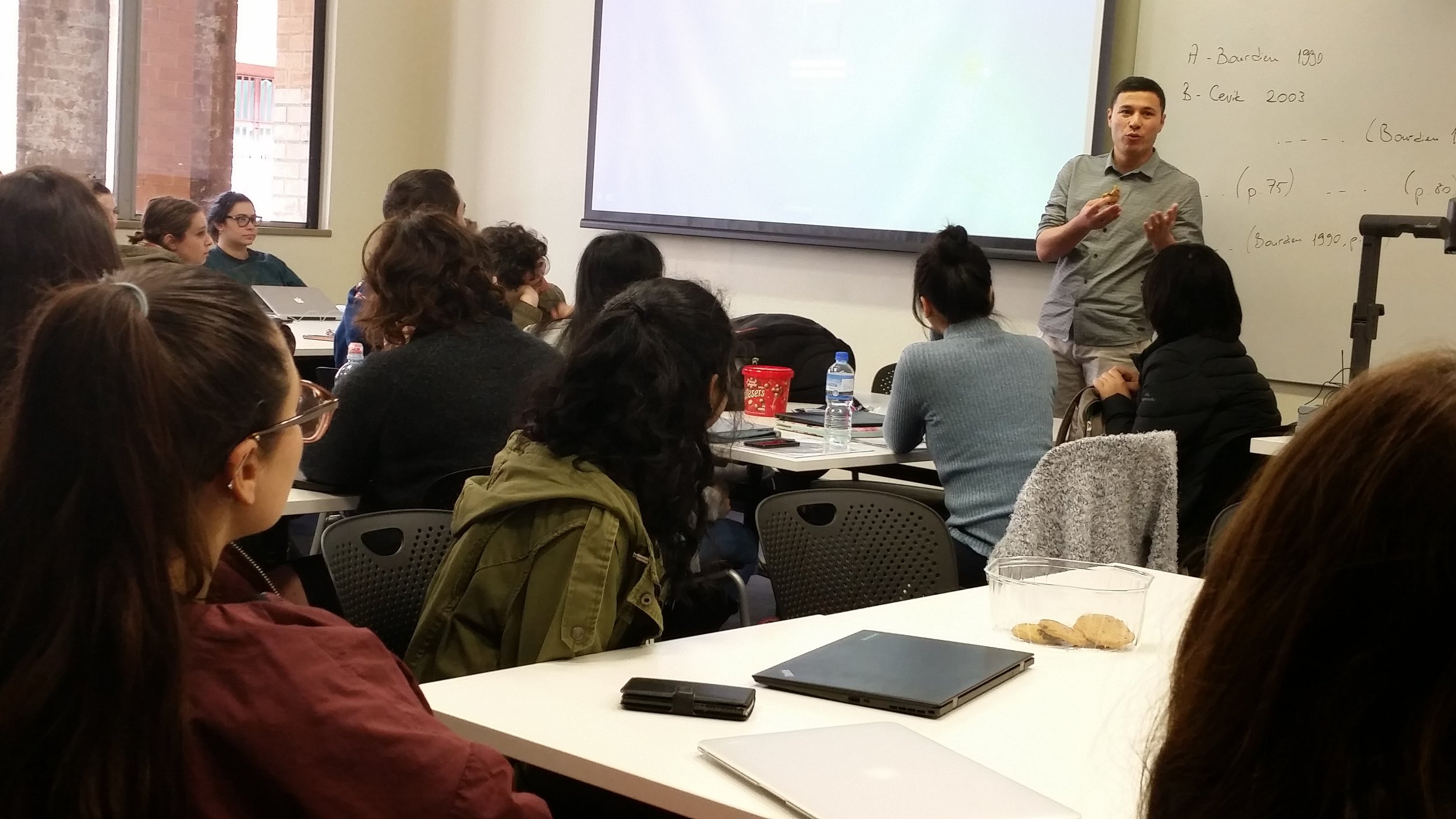The refugee-led education revolution in Indonesia.
There are many wounds in the refugee community: lost parents, brothers, sisters, dreams and childhood’s abound. There is also a wound, strongly felt in the Australian community, around Australia’s refugee offshore detention policy. Grandmother’s for Refugees, Mums for Refugees, Rural Australian’s for Refugees are all refugee advocacy groups tens of thousands strong who, in an attempt to change Australia’s refugee policy, have spent years placarding, protesting and letter writing. It is a policy which has caused terrible suffering to some of the most vulnerable people on this Earth.
Most Australians have accepted ‘the policy’ as a necessary evil, but almost none are pleased about it and refugee policy is still an everyday major issue in newspapers, on TV and radio, and in politics. I believe this is because we feel the pain deeply. It is a wound against our Australian ideals of a fair go, a stain on our lucky country, and it challenges our belief that we value human rights more than most others. Our immigration ministers say that no-one wants to lock people up in offshore detention – but they are. So refugee policy remains on the Australian political agenda, and the advocates continue to placard and write letters.
There are wounds on both sides. Those felt by the refugees escaping war and instability and those felt by the quietly, and not-so quietly, horrified Australian public. But there is a light entering those wounds, and it is led by the refugees. A borderless community is being created, and it is helping to heal those wounds.
After Australia ‘stopped the boats’, about 15,000 refugees were stuck in Indonesia. Some were planning to take a boat to Christmas Island, while others planned to wait it out in the years-long UNHCR queue. However, with the new Australian policy, they found themselves stuck. UNHCR resettlement spots dwindled and, if the end result was detention on a remote island, the 50/50 risk presented by the boats wasn’t worth it.
A small group of refugees decided to take matters into their own hands and started their own school for refugees. One refugee, Muzafar Ali, had worked for the UN in Afghanistan helping to provide education for prisoners. He knew that if prisoners could have an education, so could the refugees. It was a human right and nobody could stop them. The first school was humble: two small rooms, a few books, and a few under-qualified volunteer refugee teachers. They started anyway and the school was an instant hit. There were 50 students on the waiting list within a week. Australian’s living in Jakarta (I was one of them) quickly became aware of the school and rallied to help rent a bigger space, the Cisarua Refugee Learning Centre (CRLC) was born.
The CRLC became a magnet for Australians bypassing their government’s policies. Every year between 200 to 300 Australians make the trip to Cisarua, about two hours outside of Jakarta, to meet the refugees. They reach out to connect with, and support, the refugees’ initiative. At the same time they are healing the wound they feel on Australia’s soul. They play football together, become interns and teachers, and have meals together. Some stay up to six months and live with the refugees. All the while they learn from, and about, refugees. They meet people dedicated to education, people who just want a safe place to contribute, and they make life-long friends. When they return, they carry this knowledge back to Australia.
In August 2018, the school celebrated its fourth anniversary. Many refugee kids went to school for the first time at the CRLC. The volunteer teachers received training from the New South Wales Teacher’s Federation, University of Technology in Sydney, Australian Education Union, Australian Intercultural School in Jakarta, and many others. The education levels are now comparable to any average Australian primary school. The wound is still there, but connection, community and education is bringing some light, and helping to sustain hope. Other refugees in Indonesia have watched the success of the CRLC and have started similar schools. As of August 2018, there are 14 refugee-led education centres, teaching over 1,500 refugees and managed by around 100 volunteer refugee teachers.
The refugee-led schools in Indonesia offer us, as Australians, an opportunity for learning, connection and friendship. While we continue to advocate for those stuck on Manus and Nauru, the refugees in Indonesia have presented us with an opportunity to show our government how we, the Australian People, believe we should act towards others in need.










































































